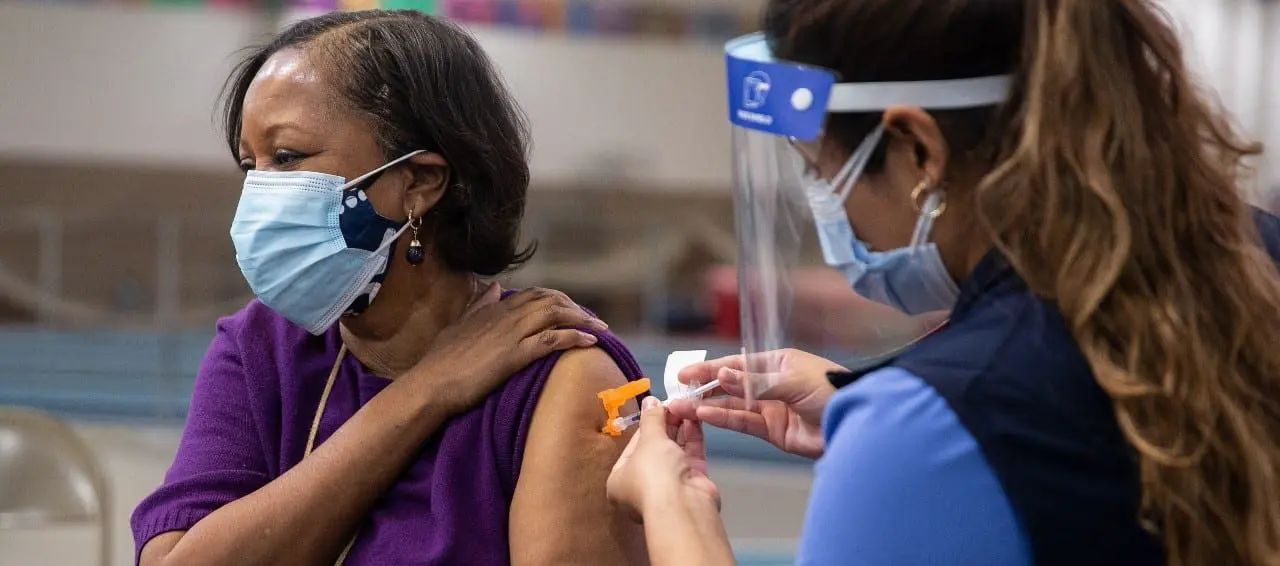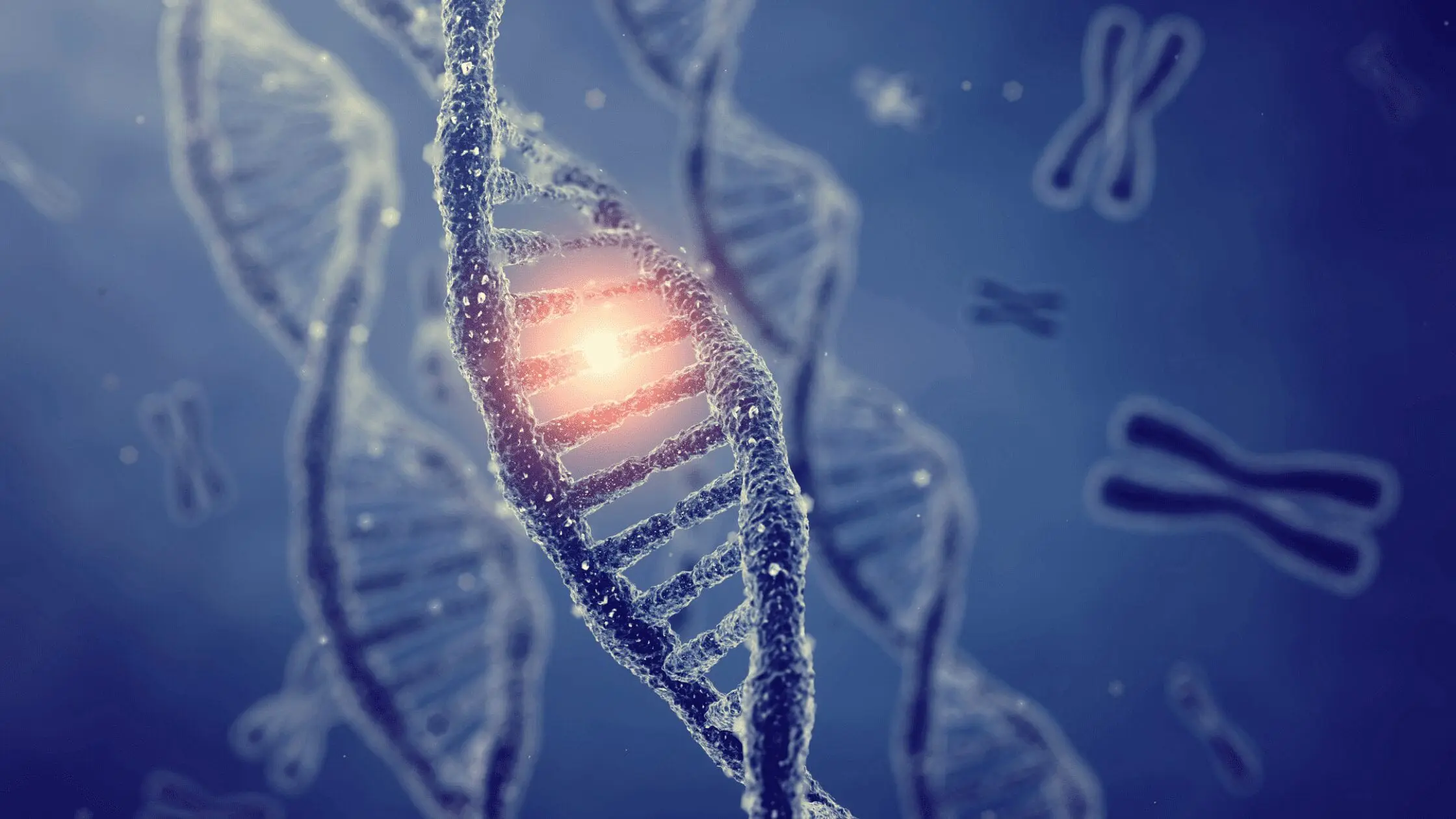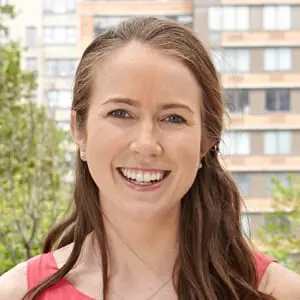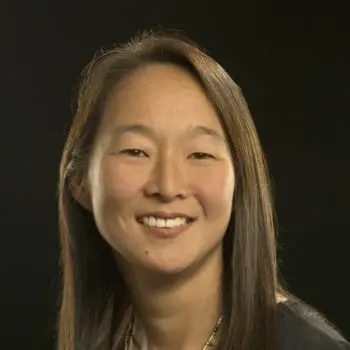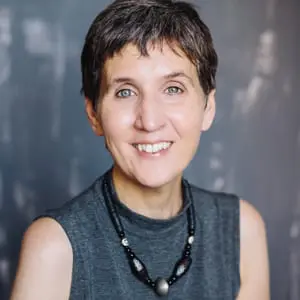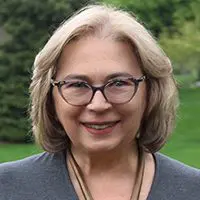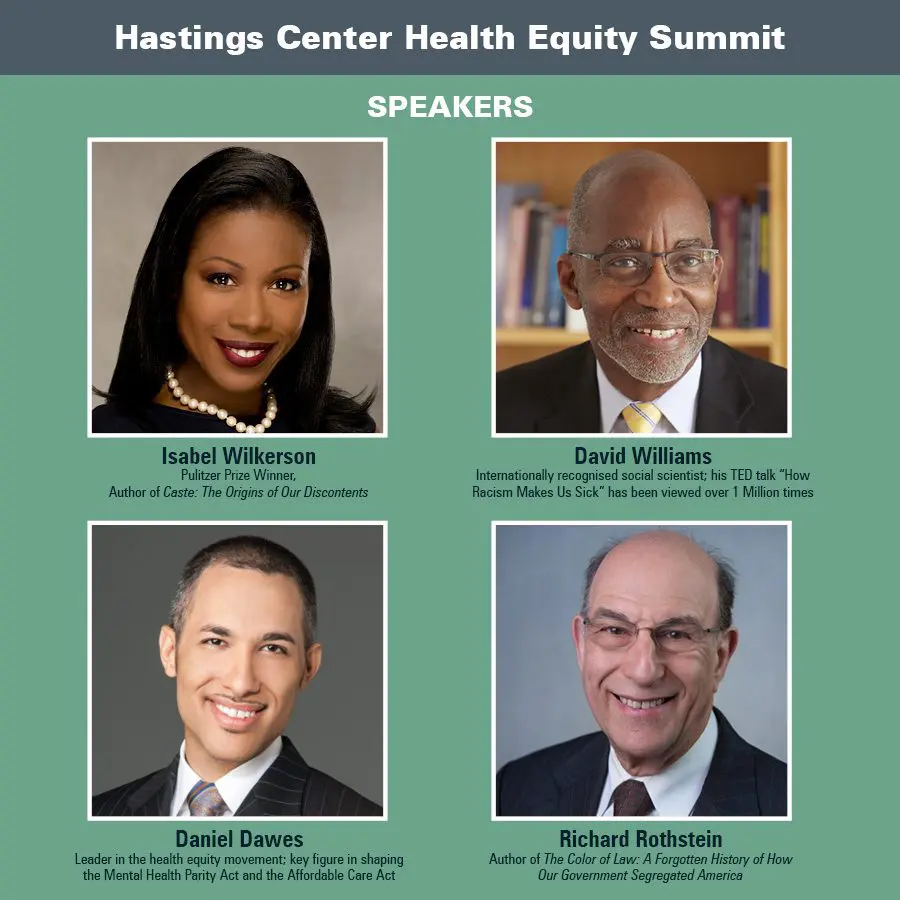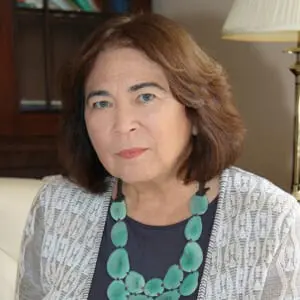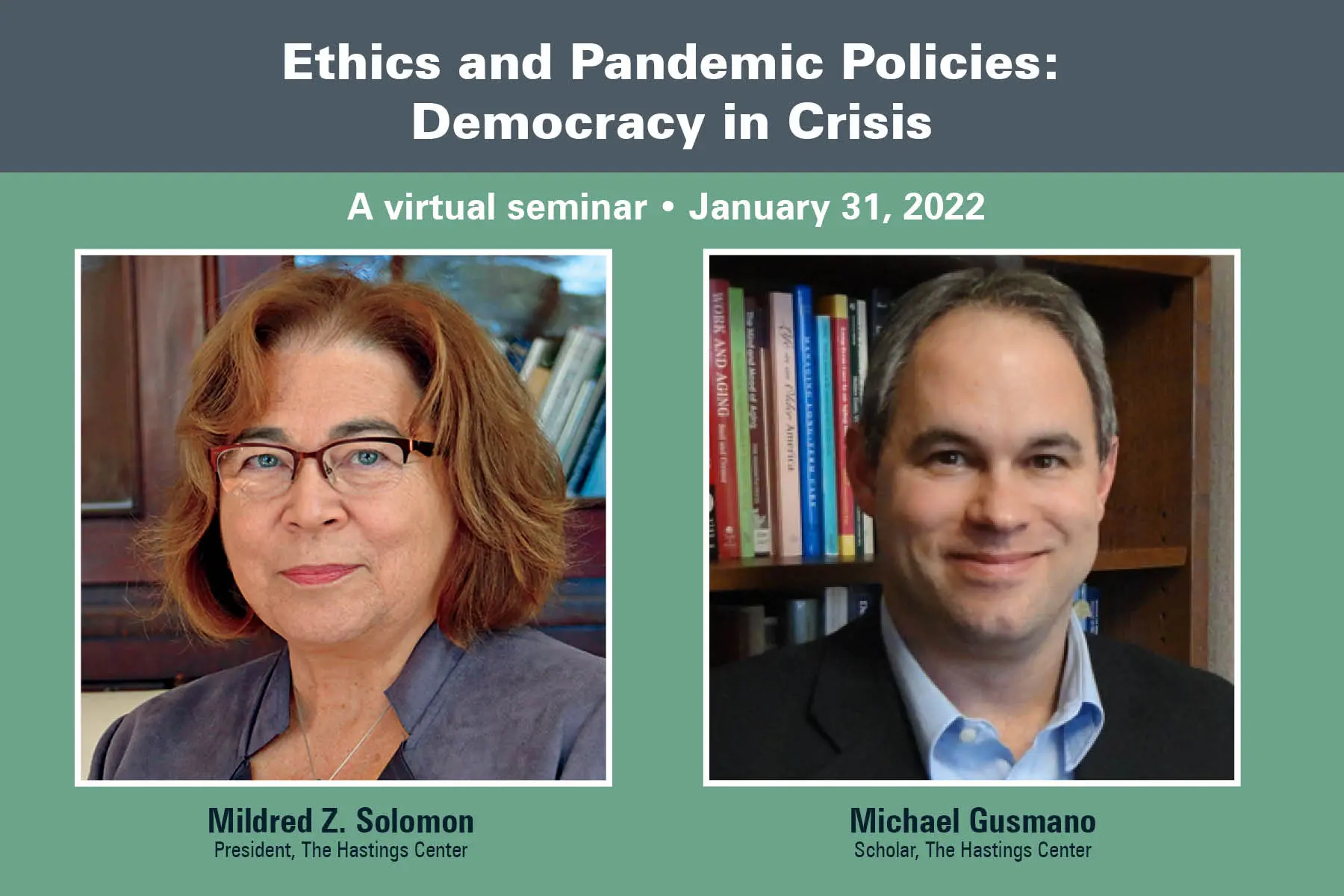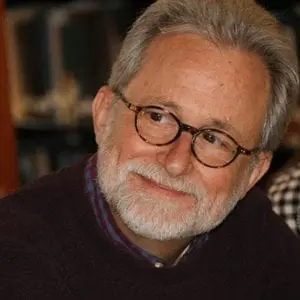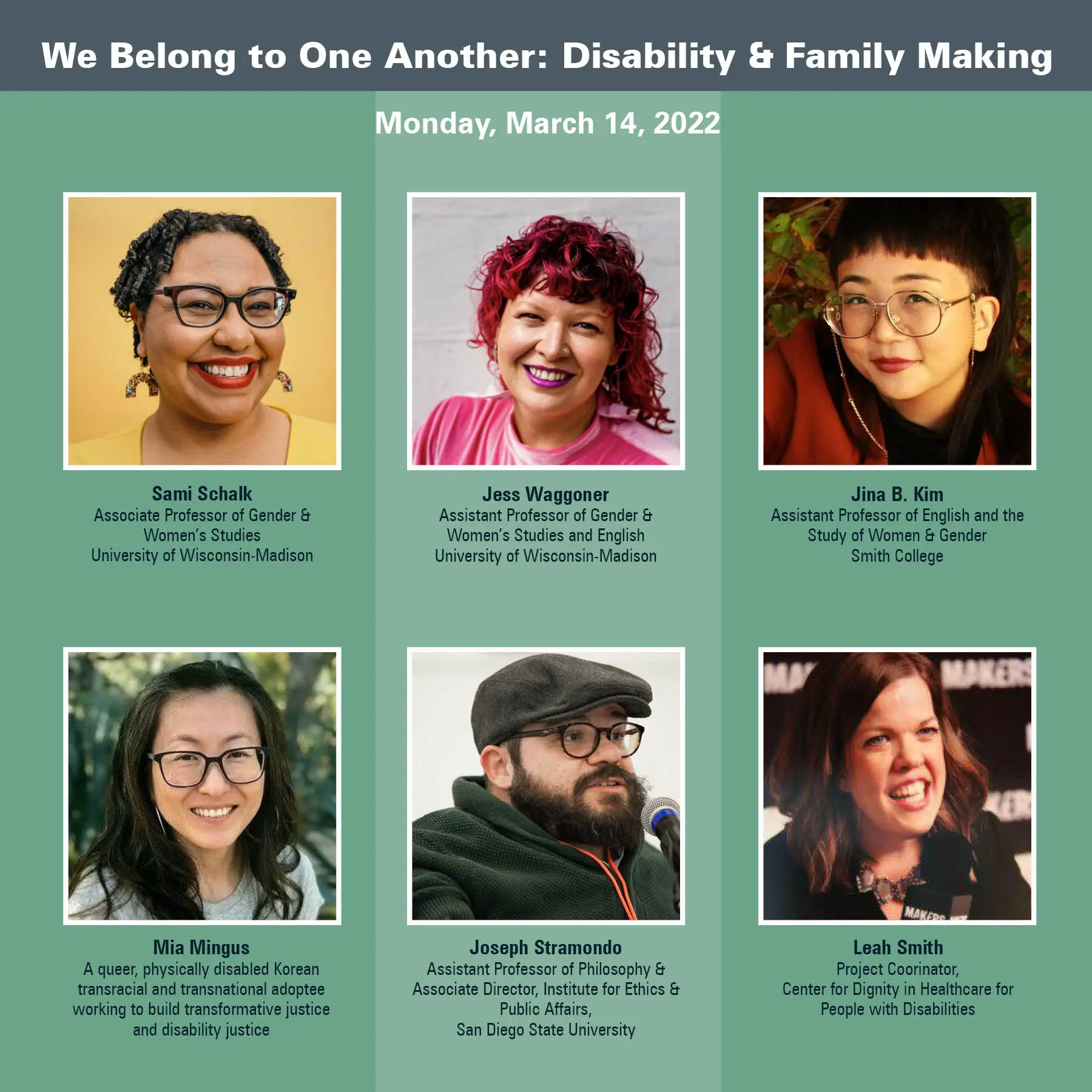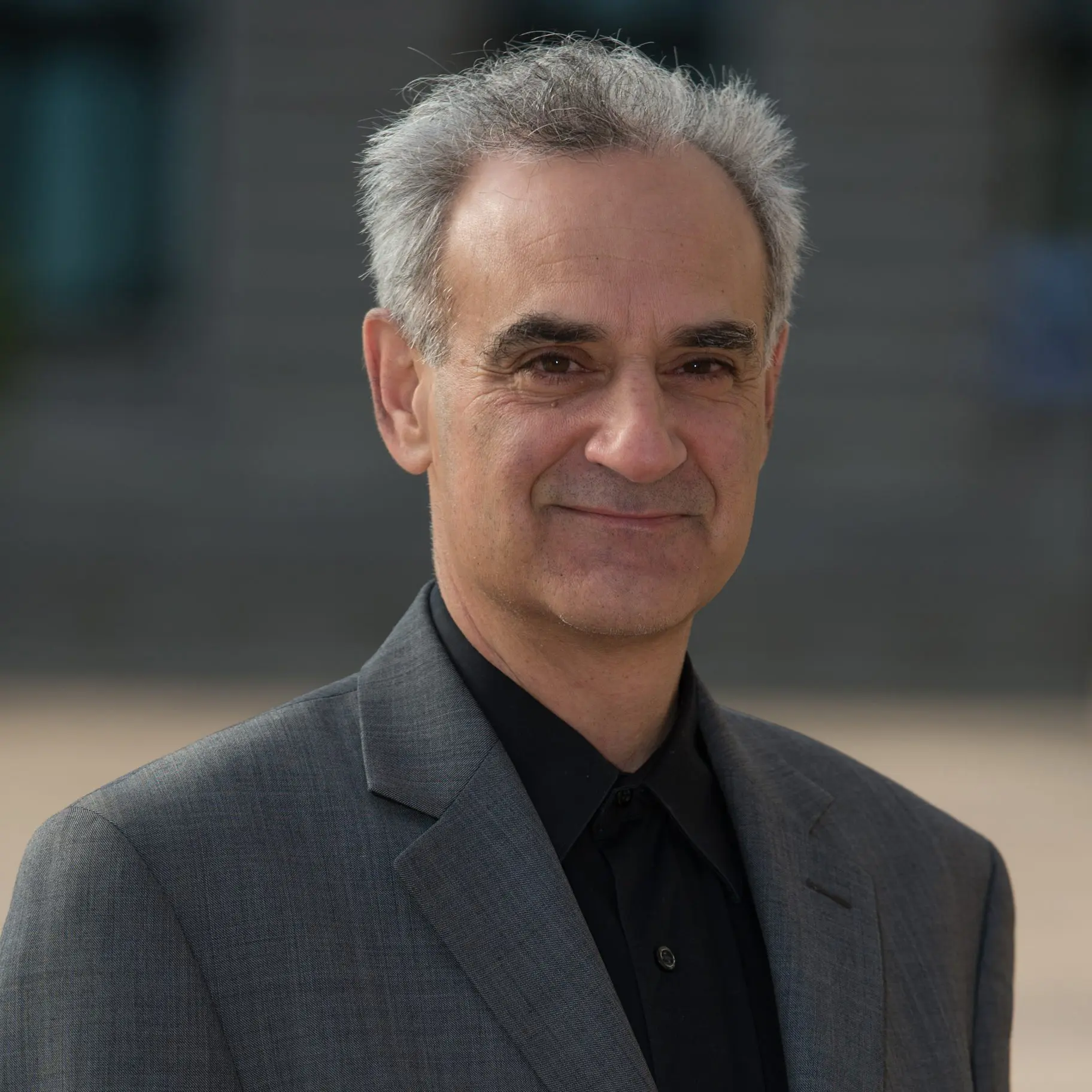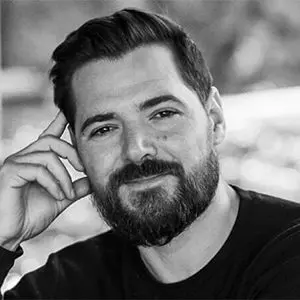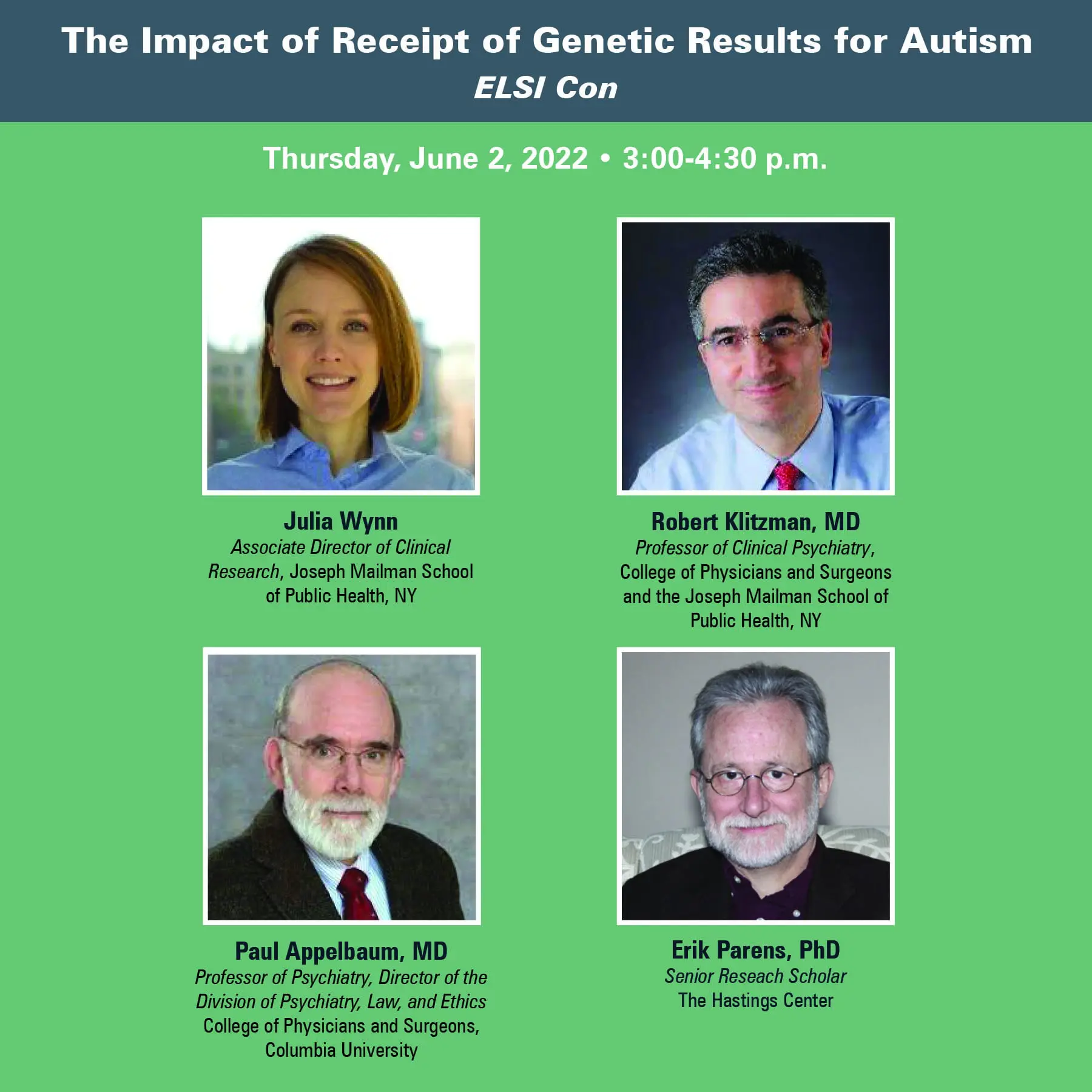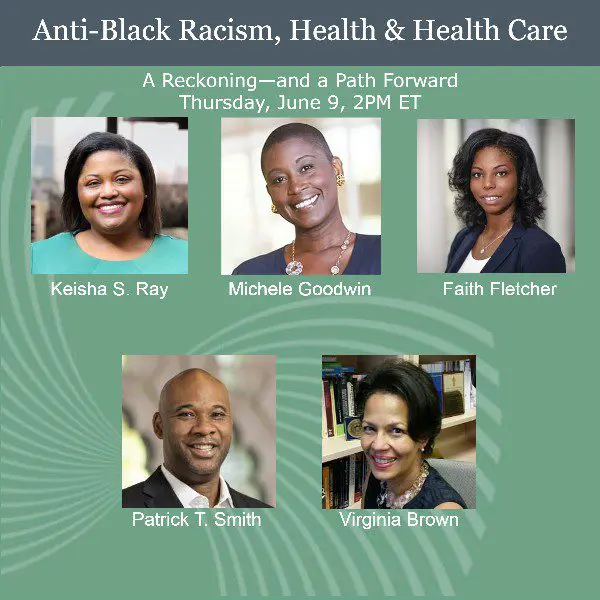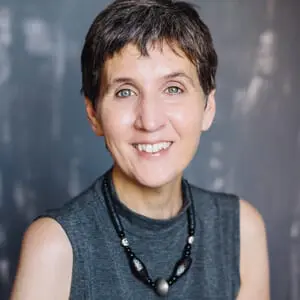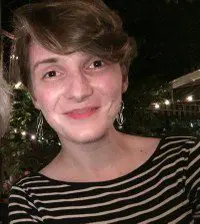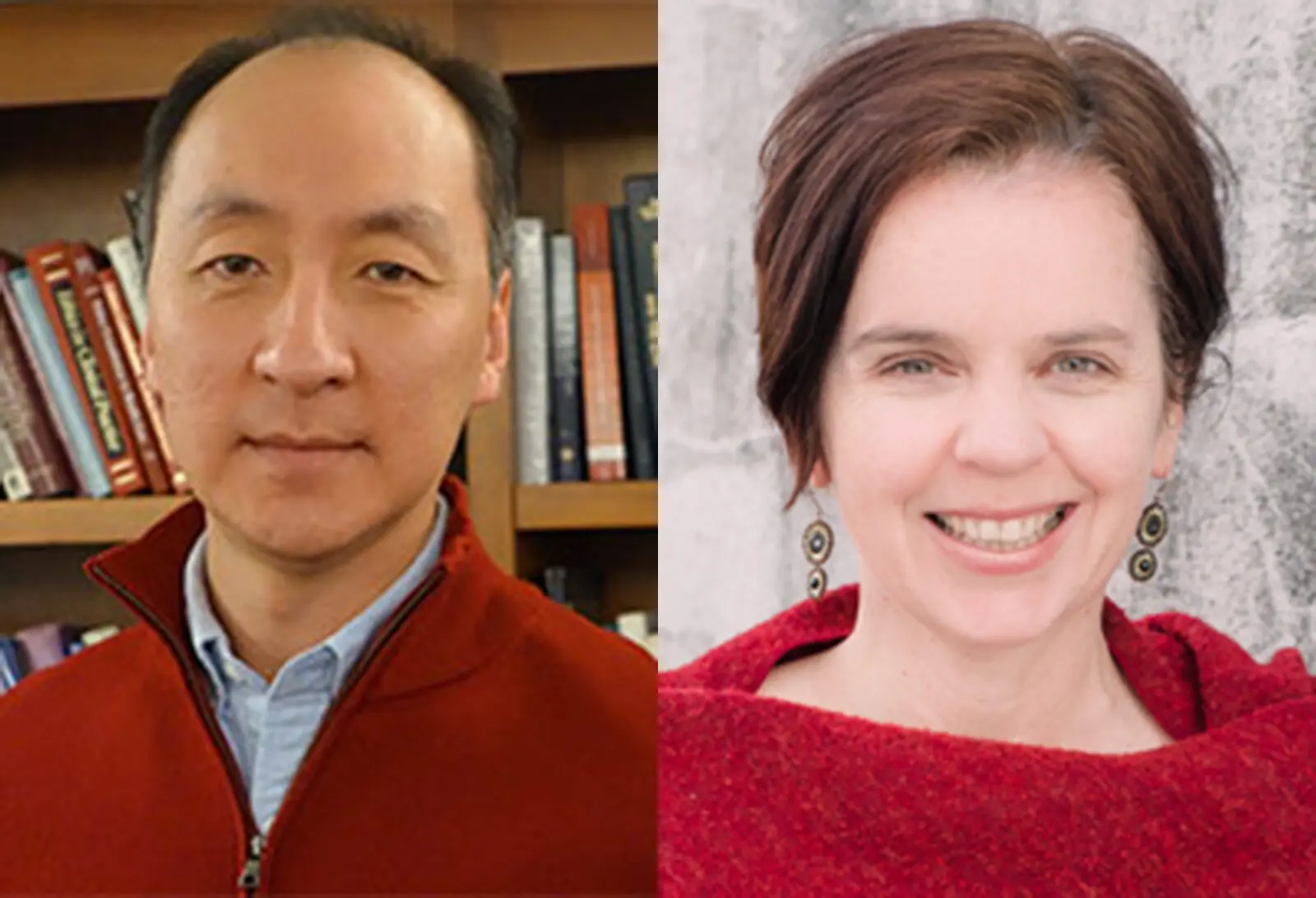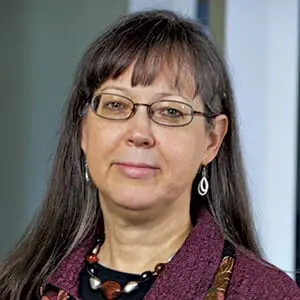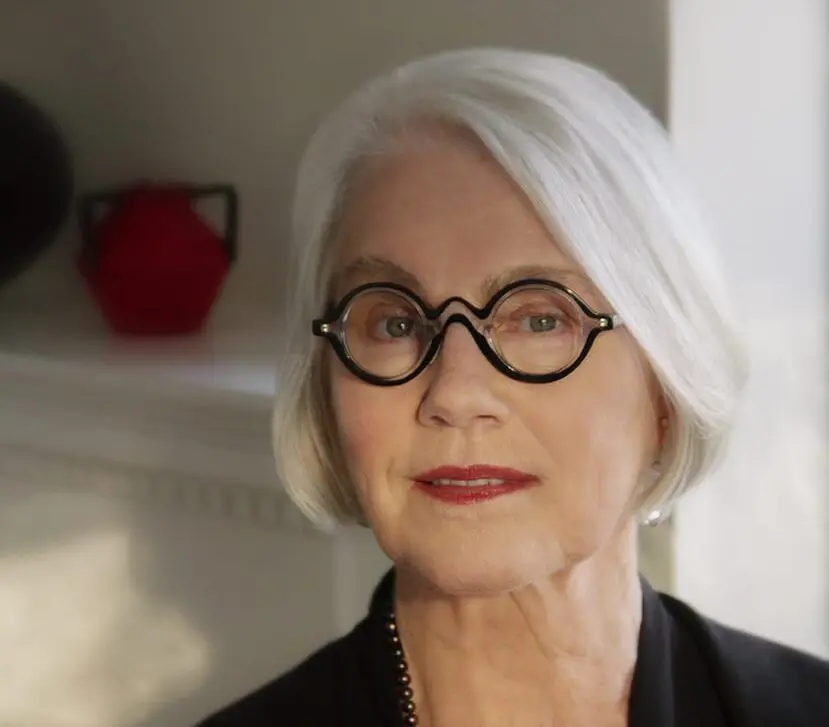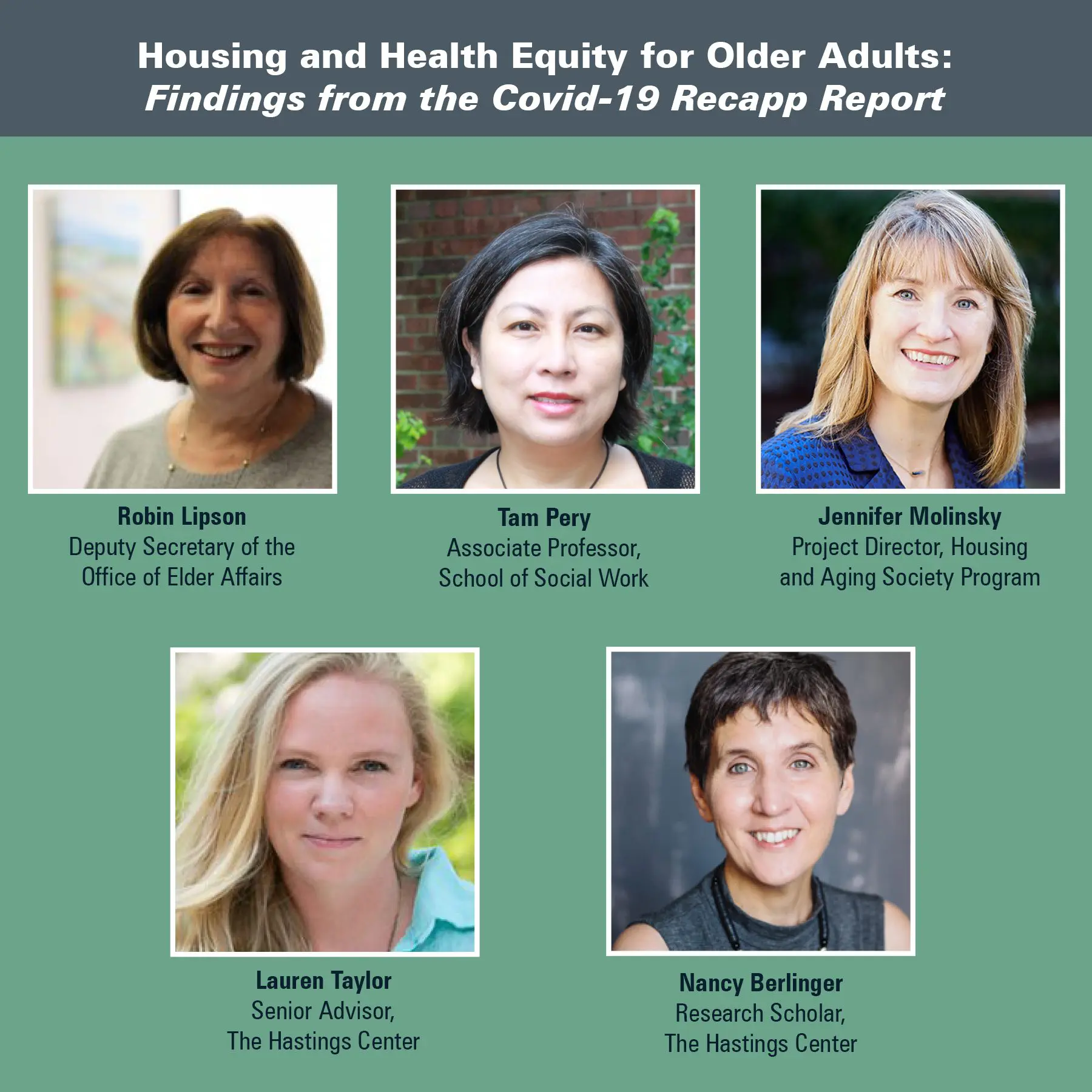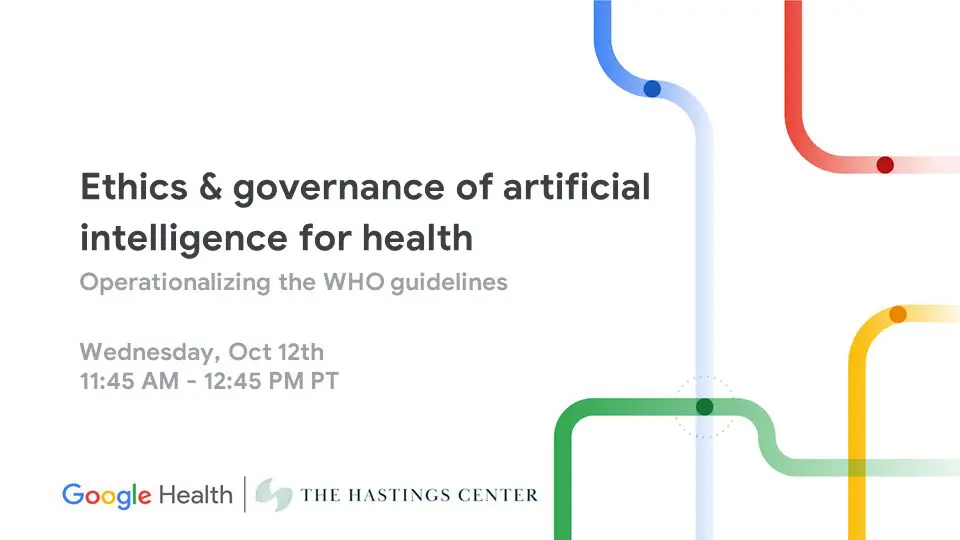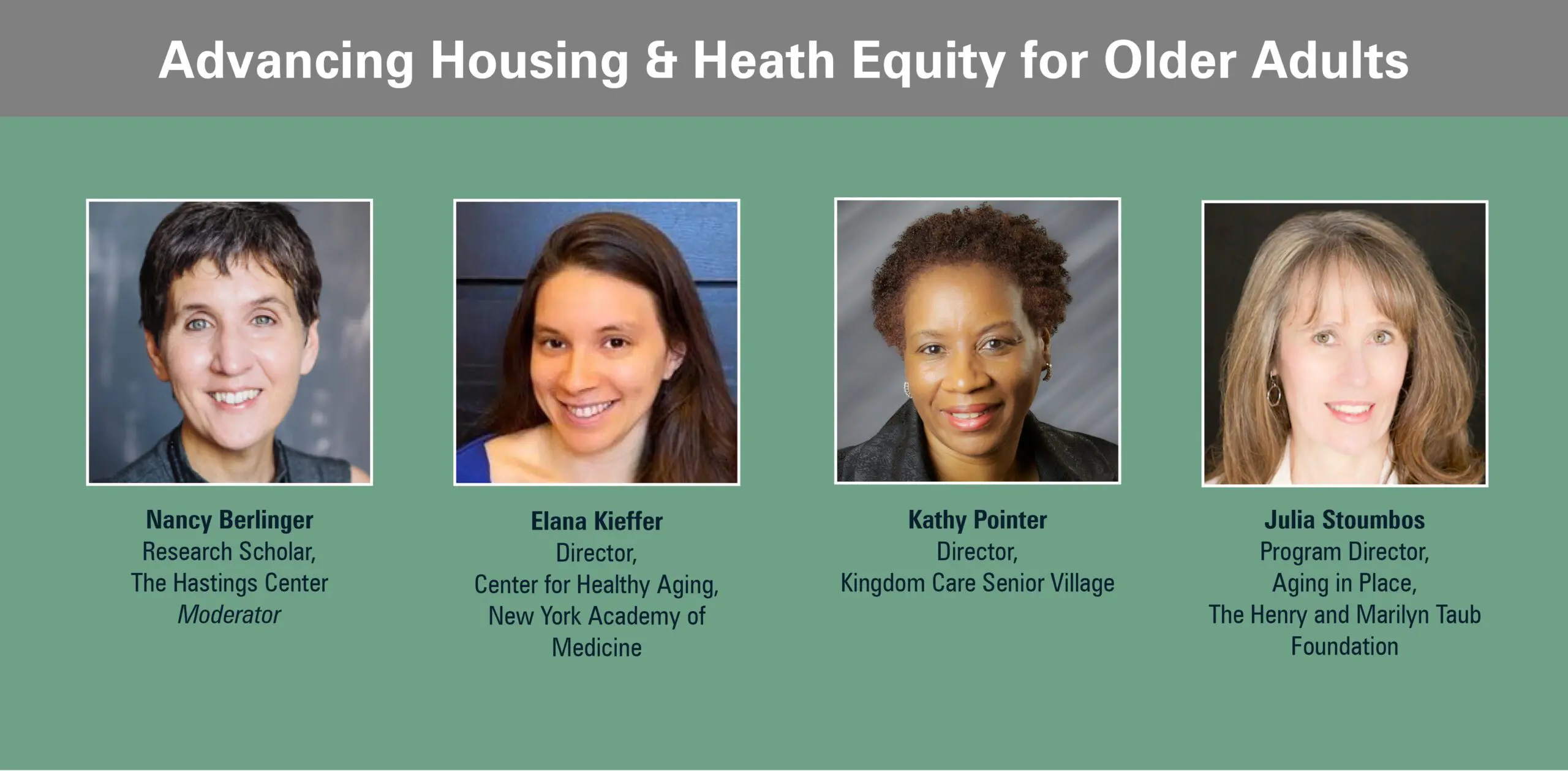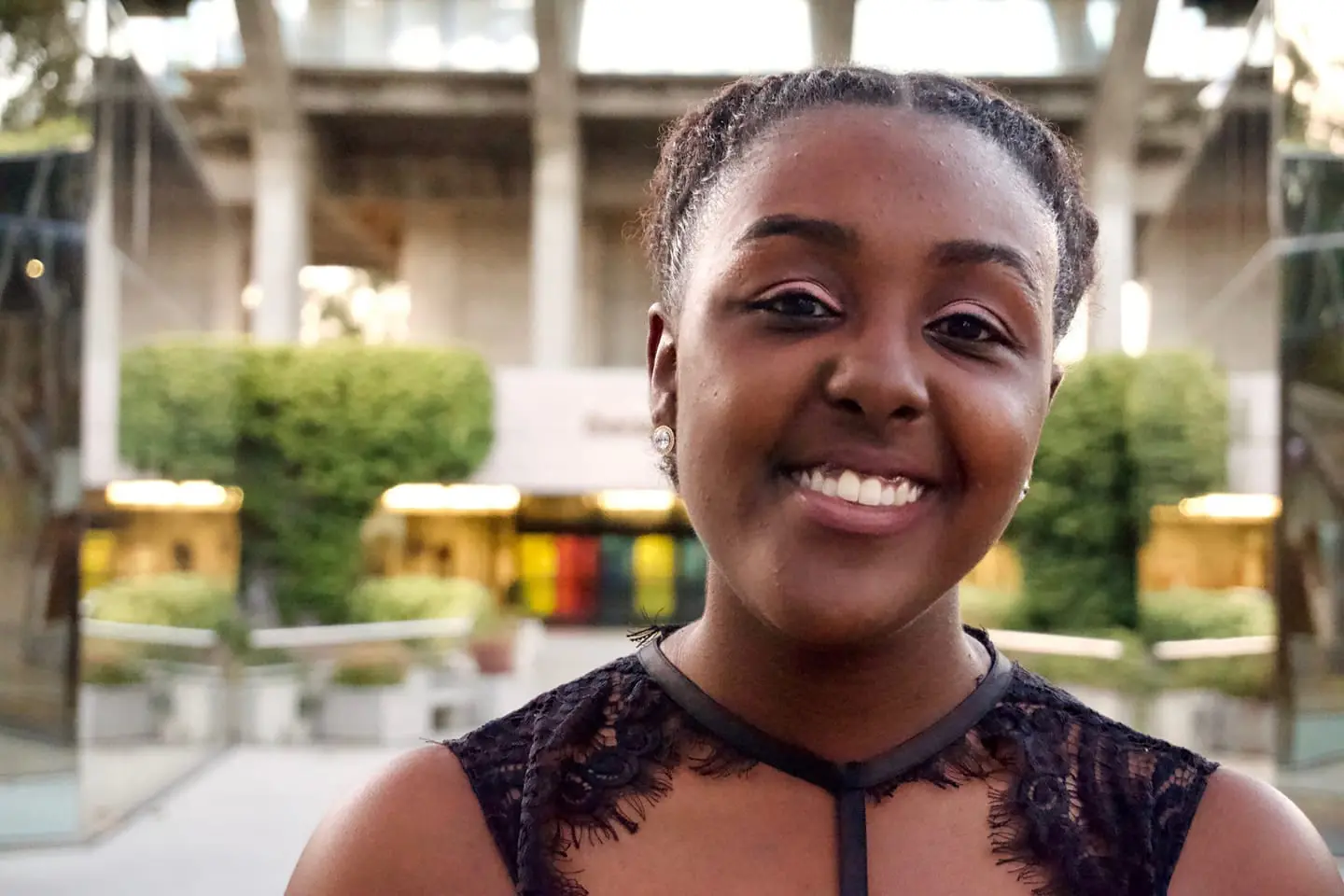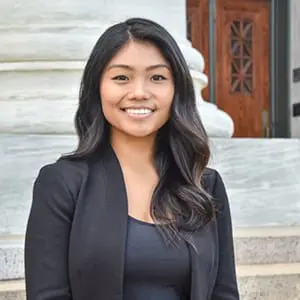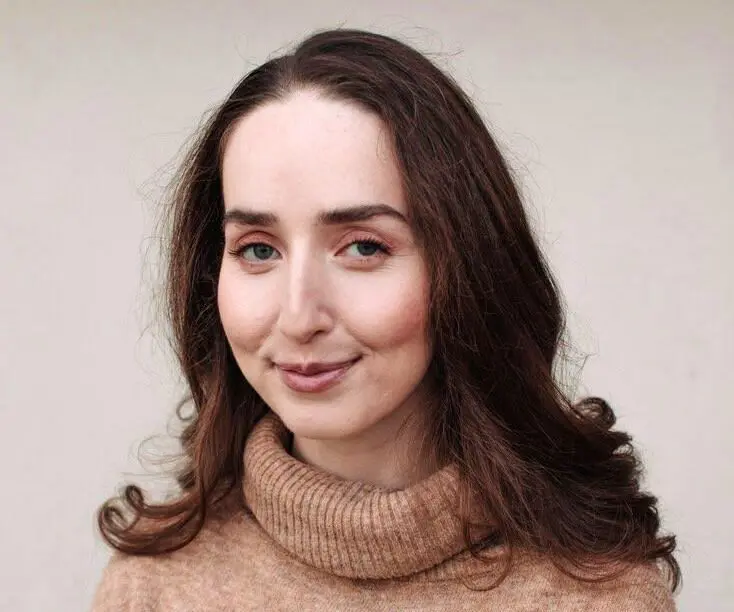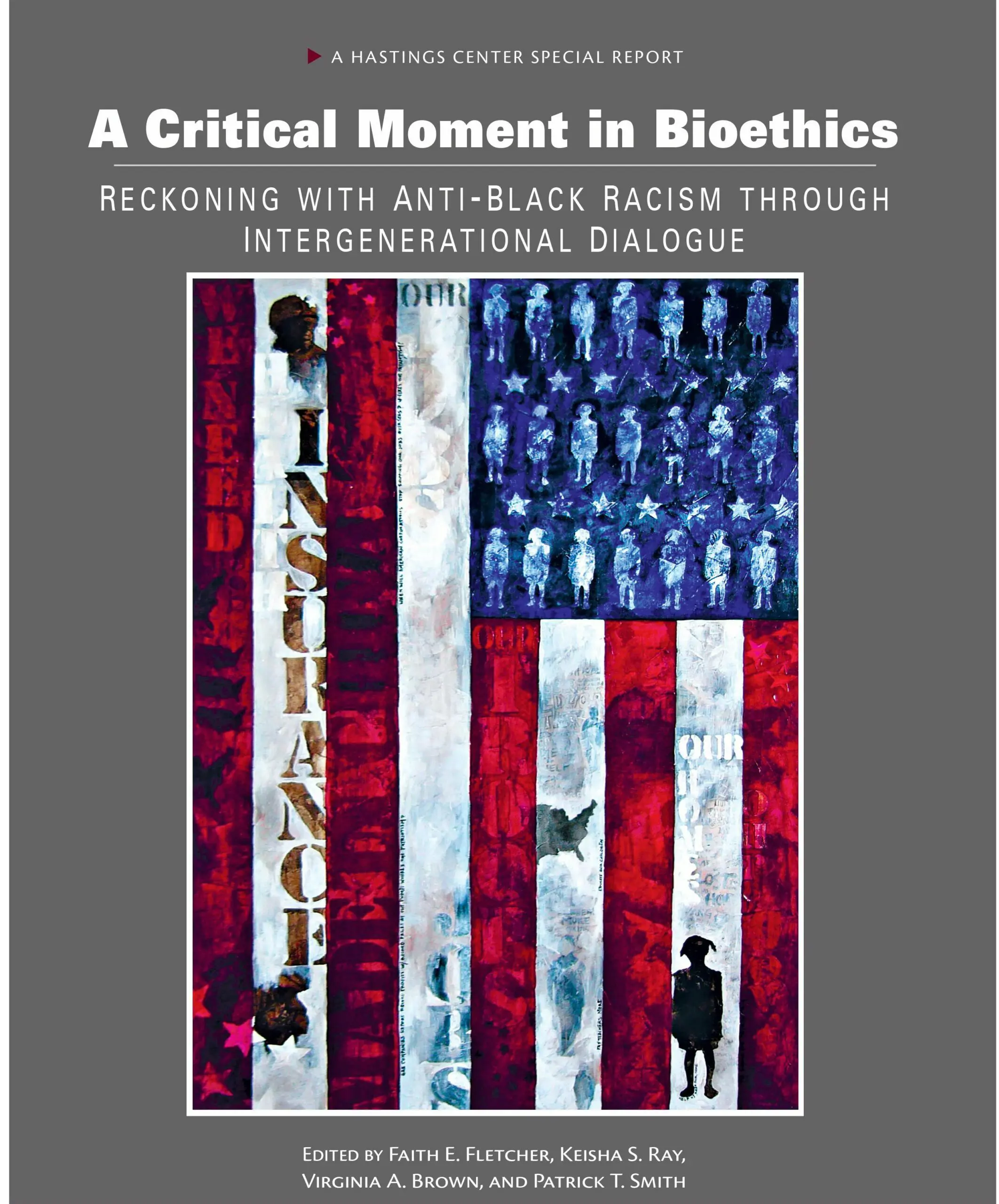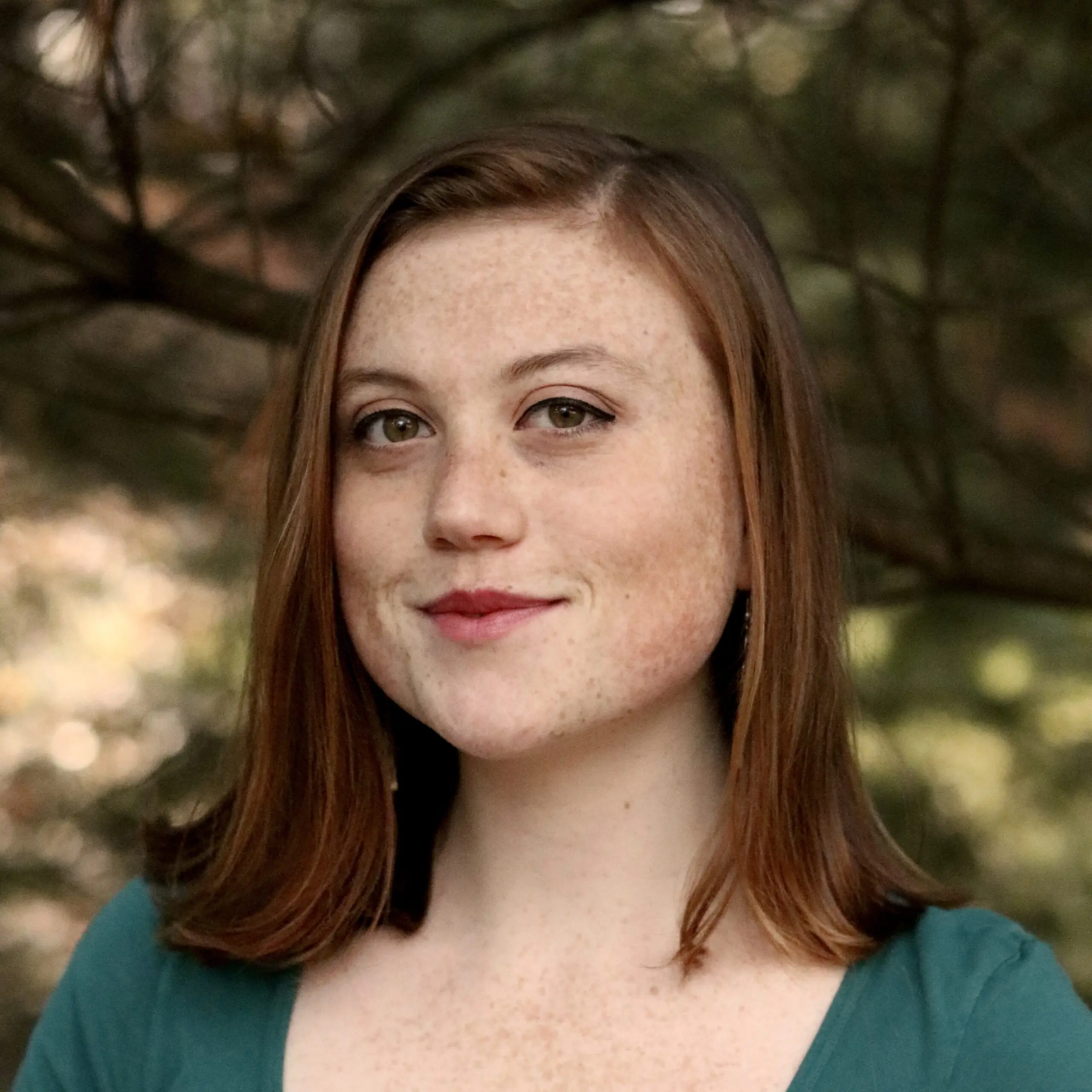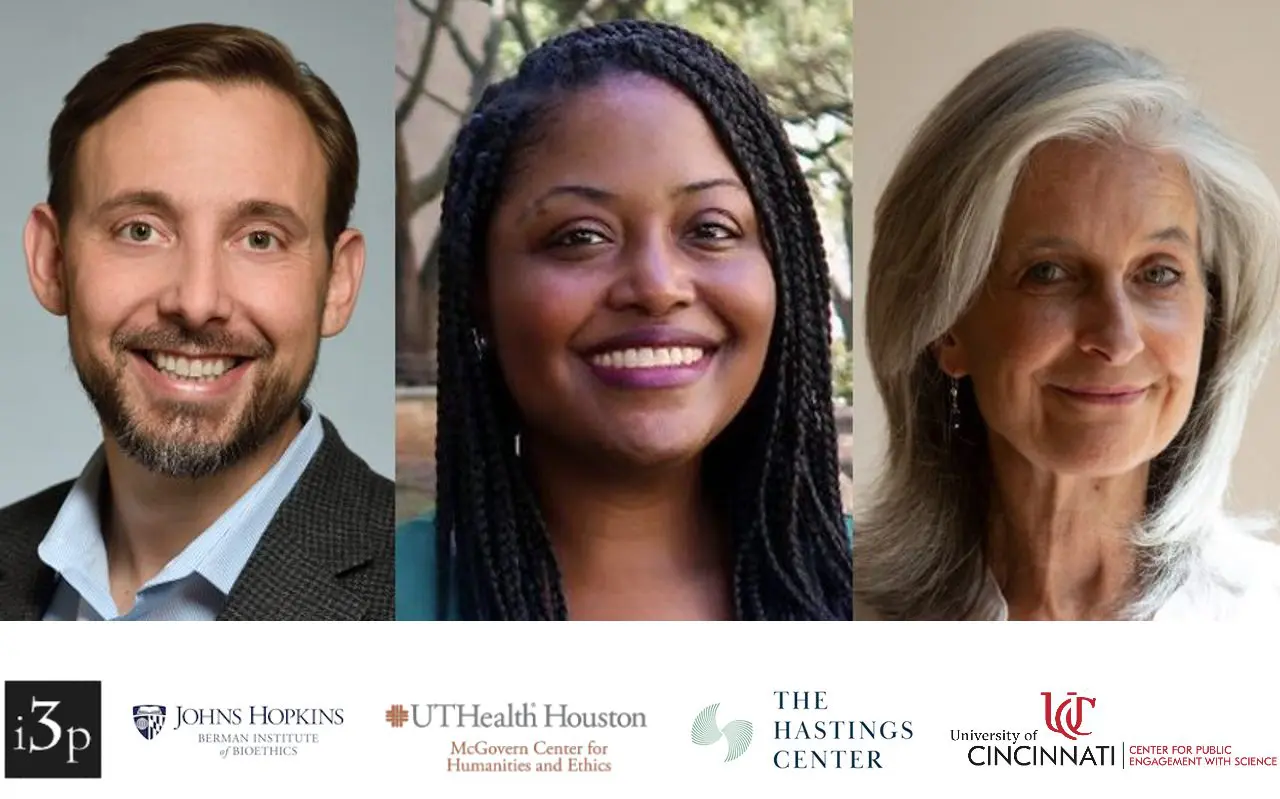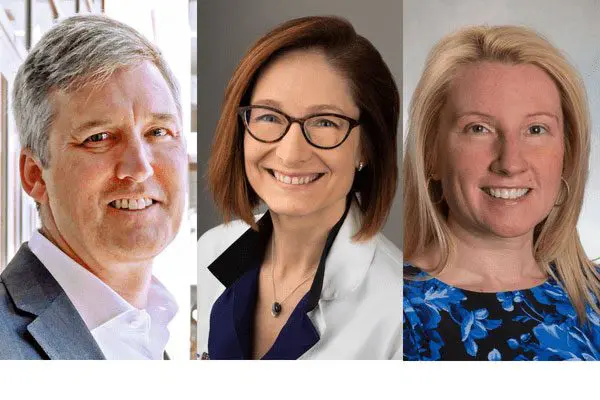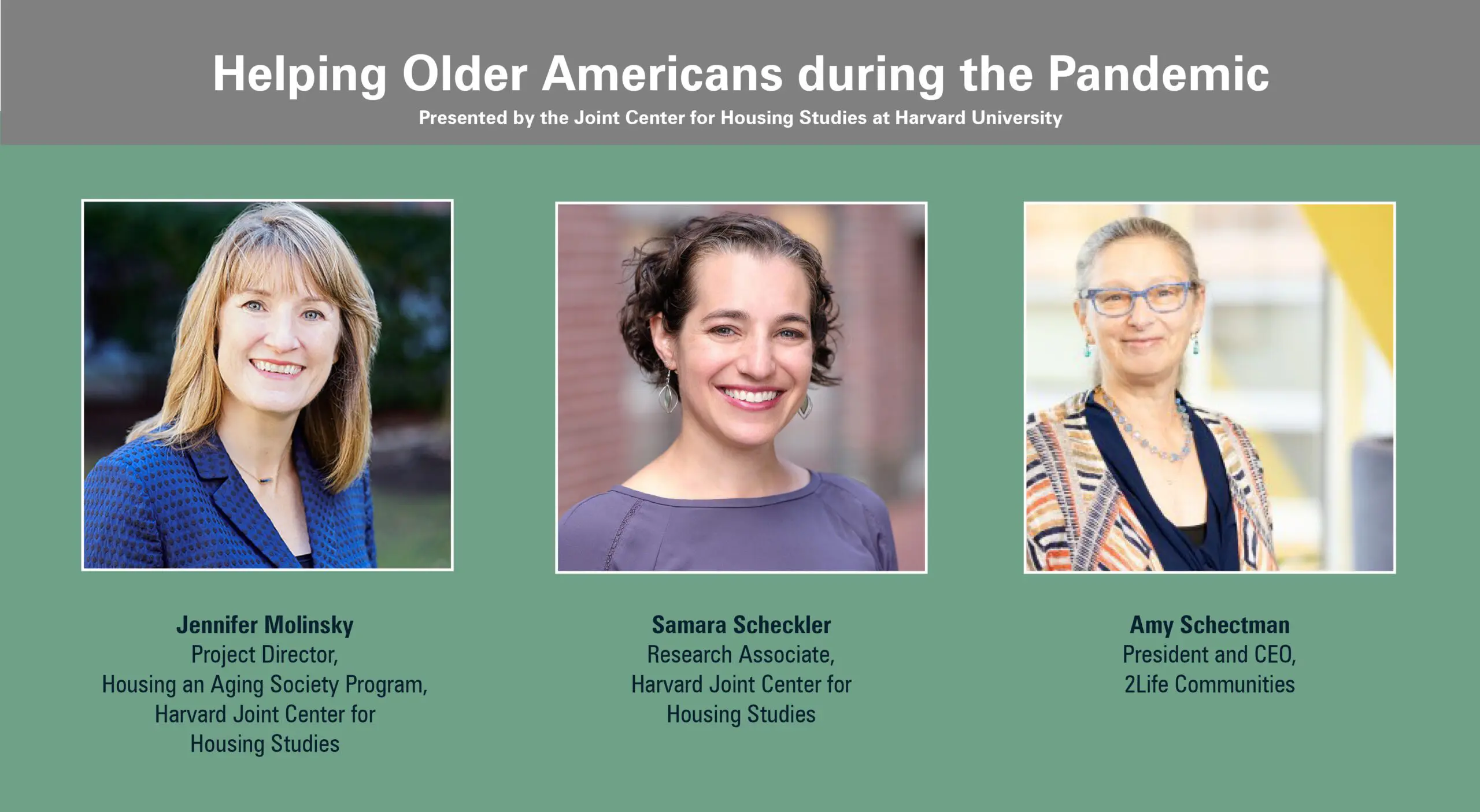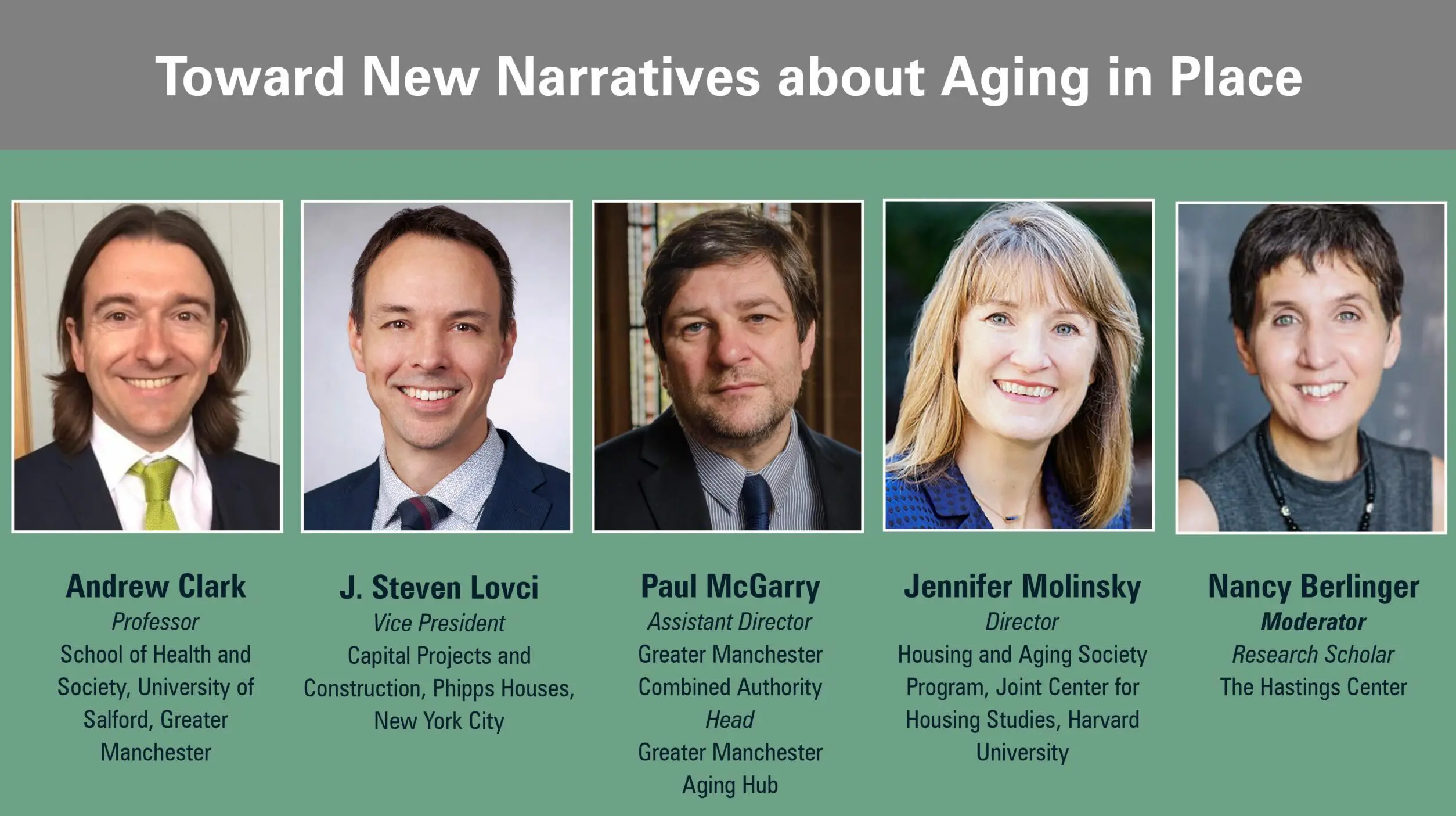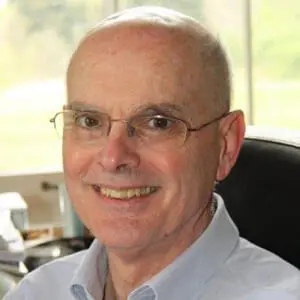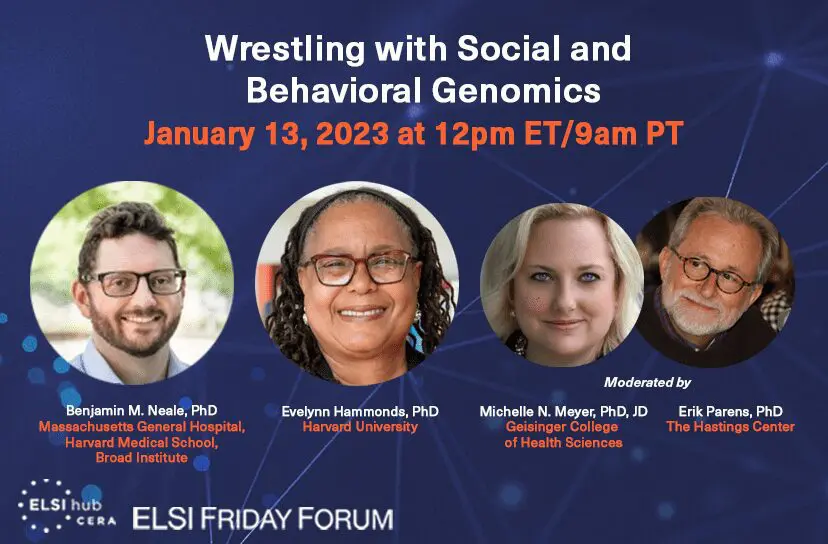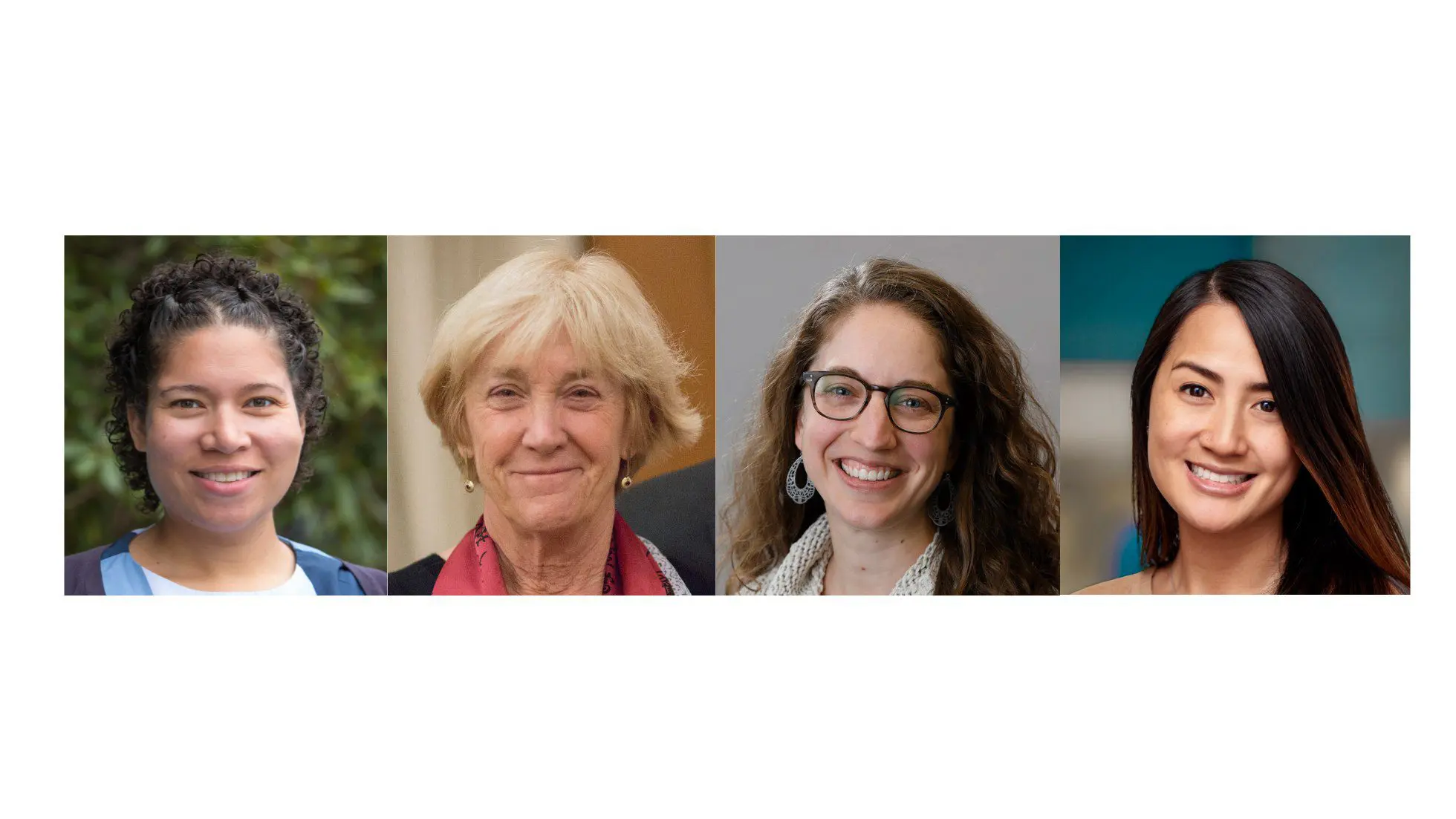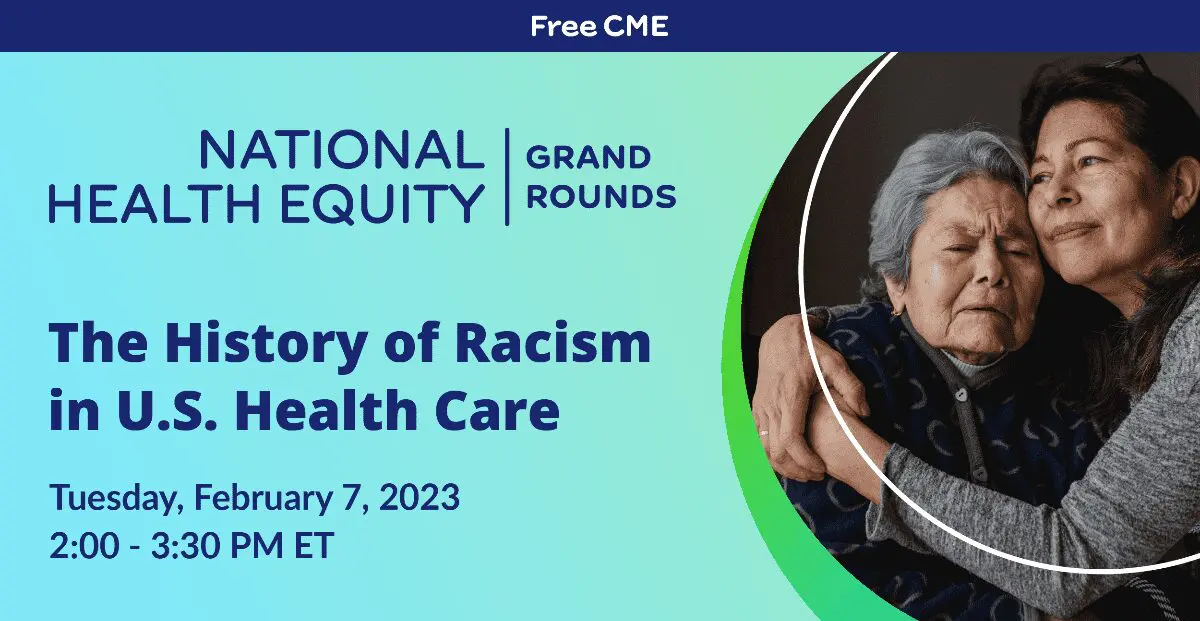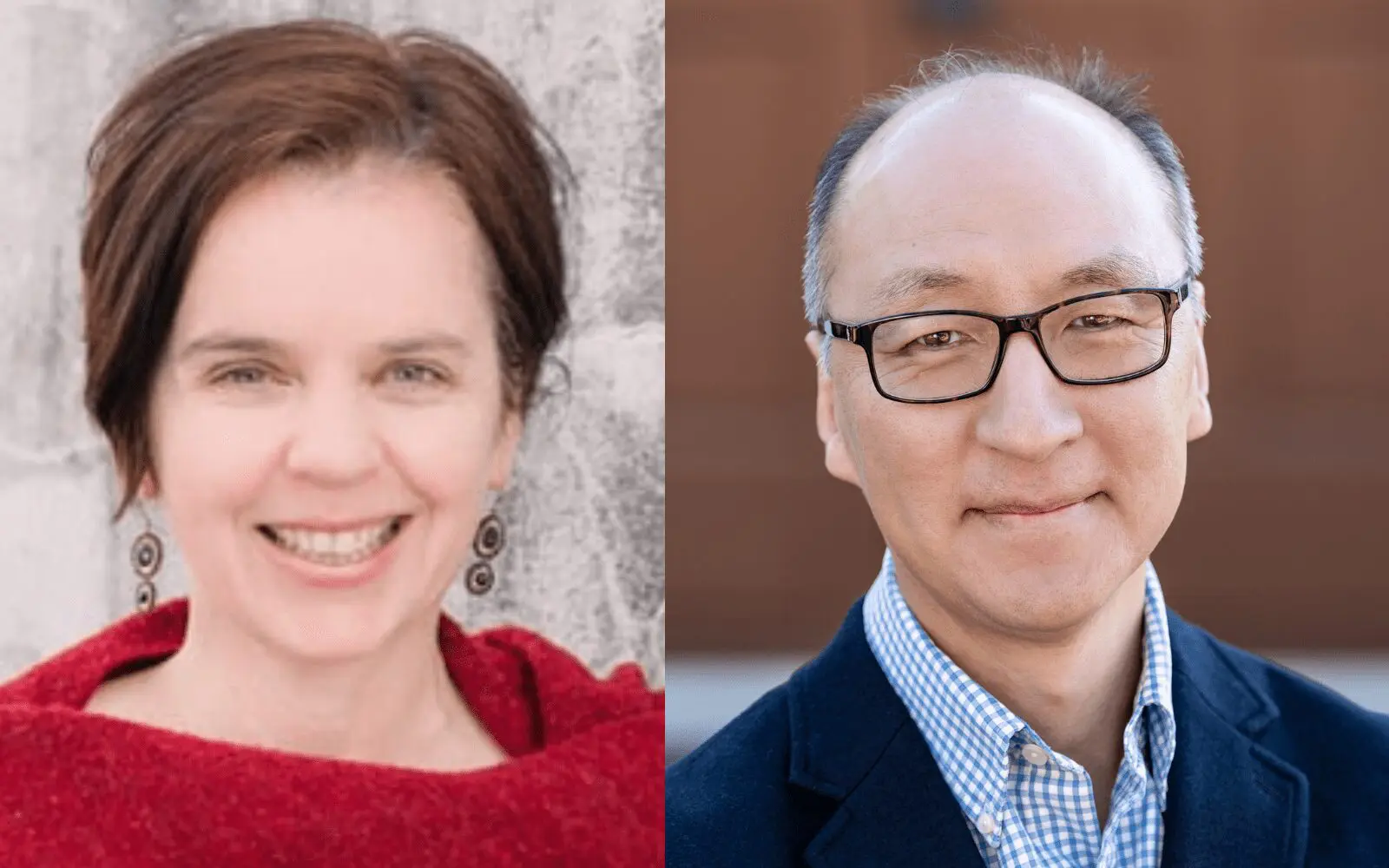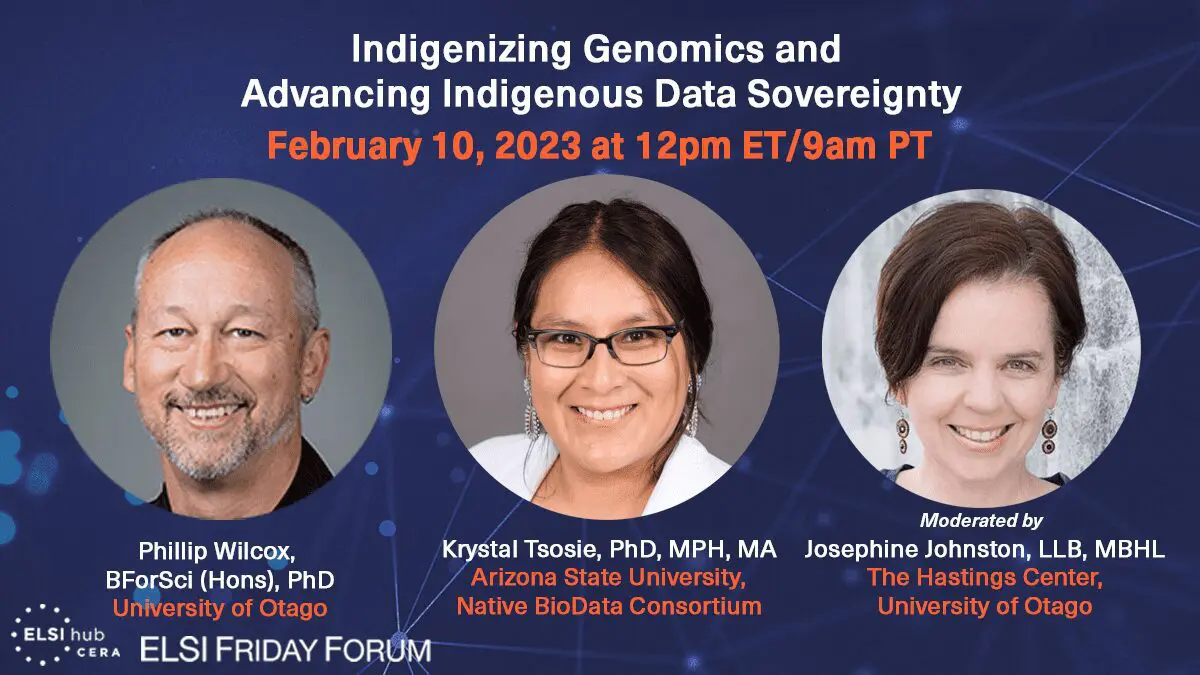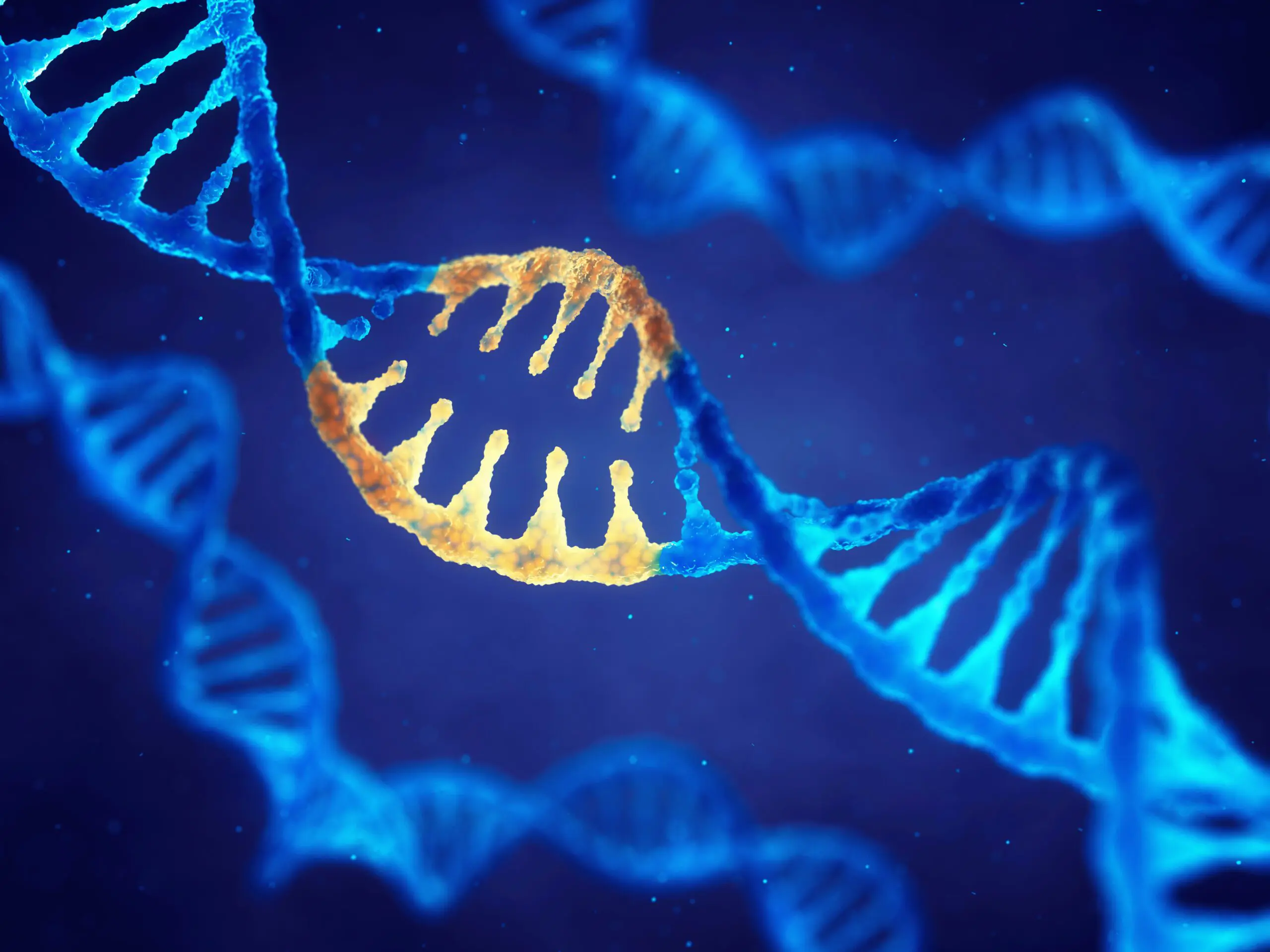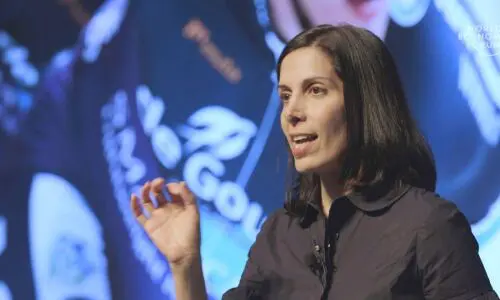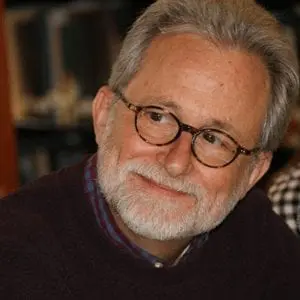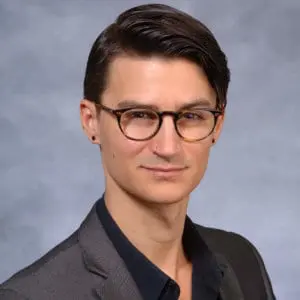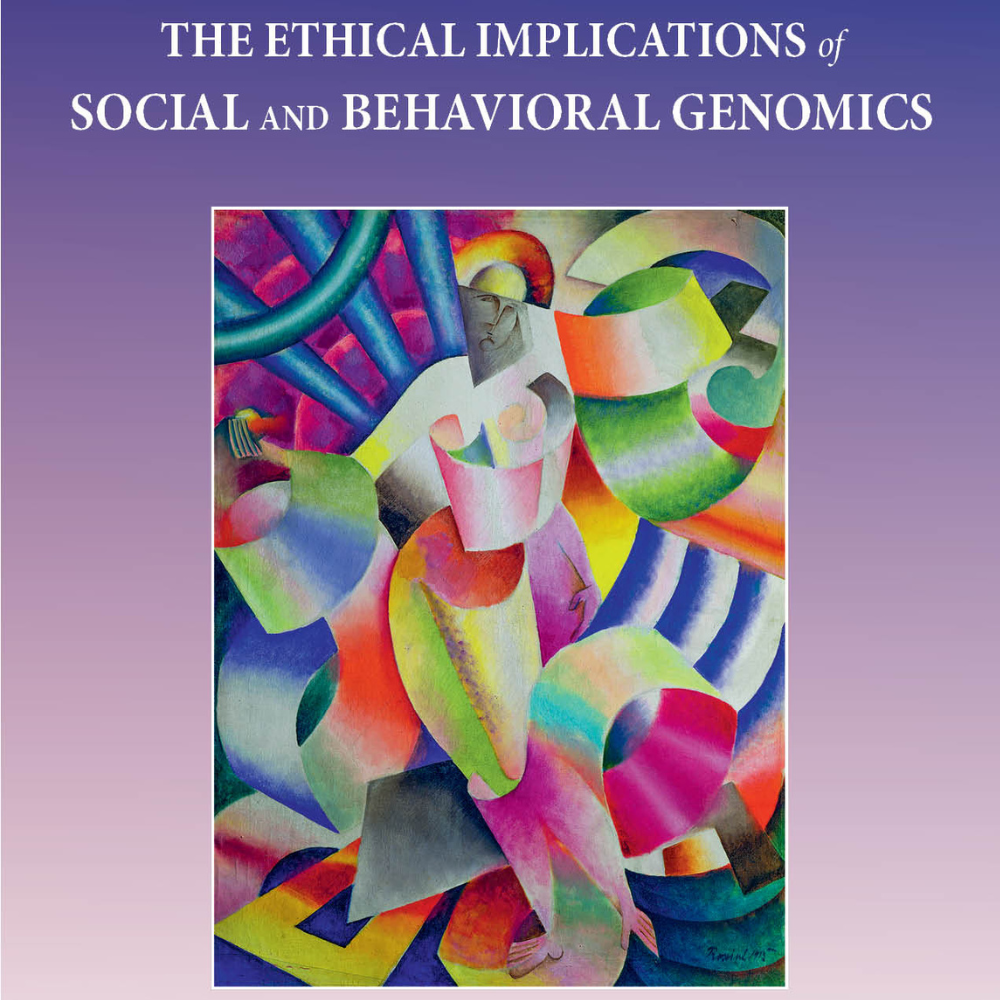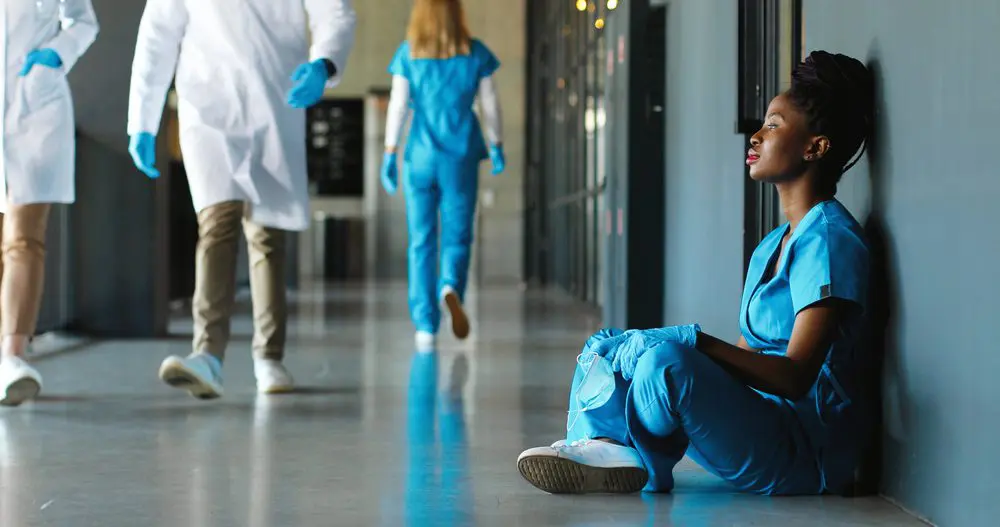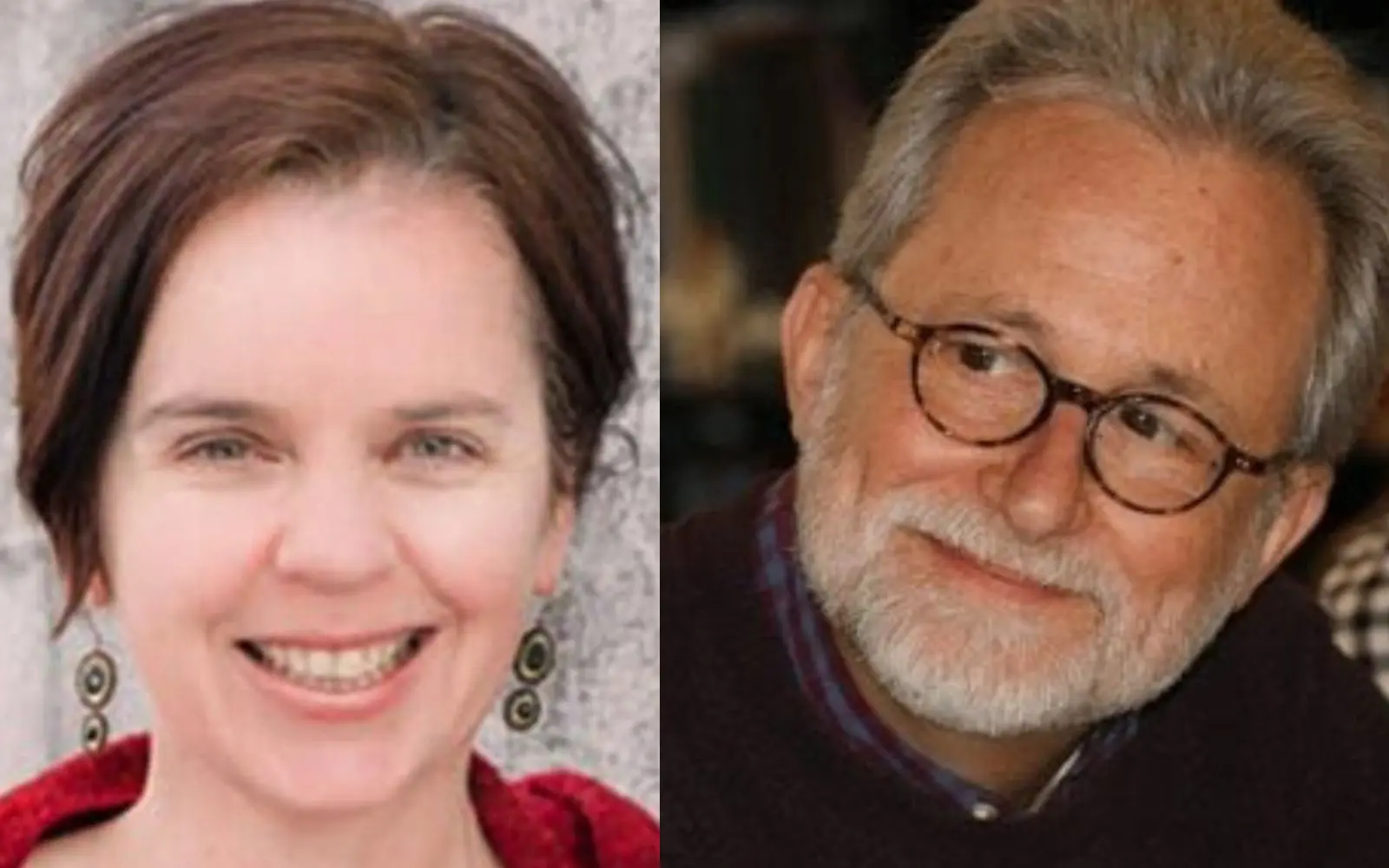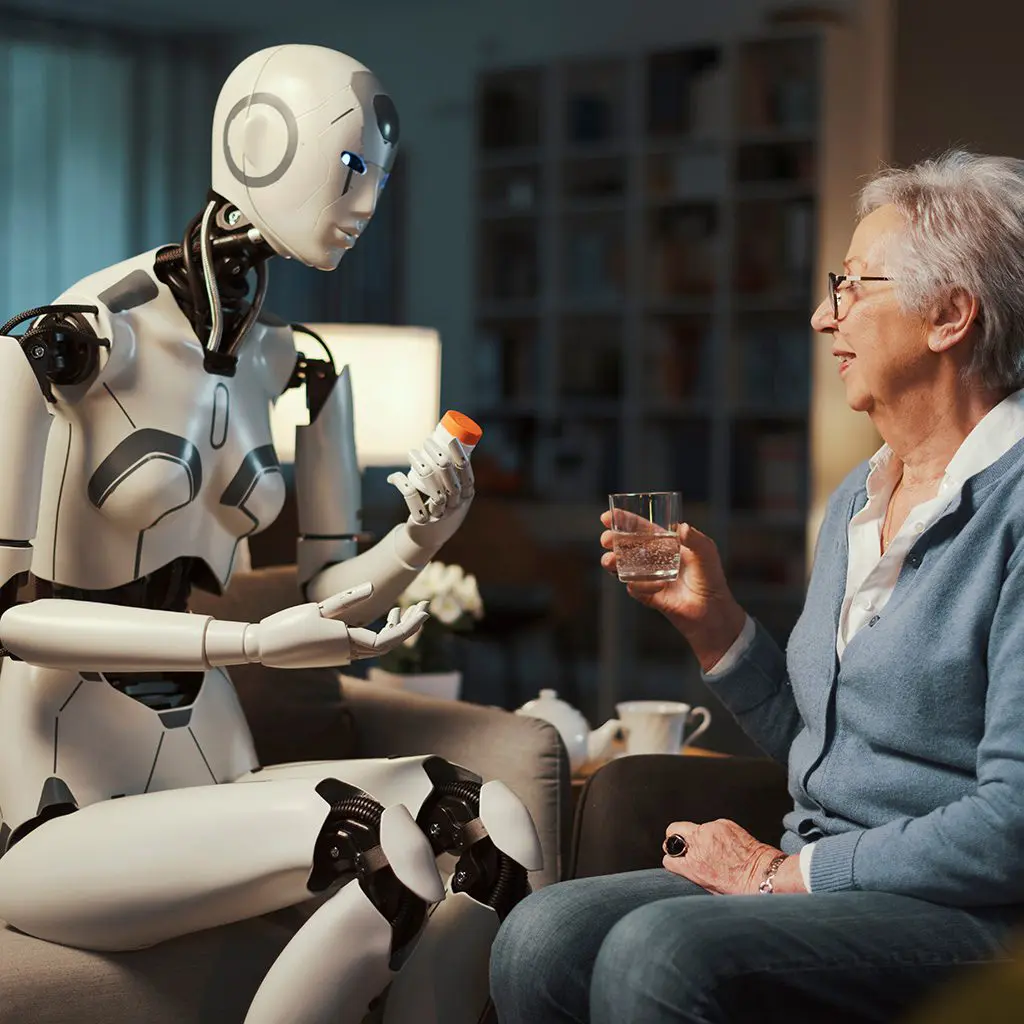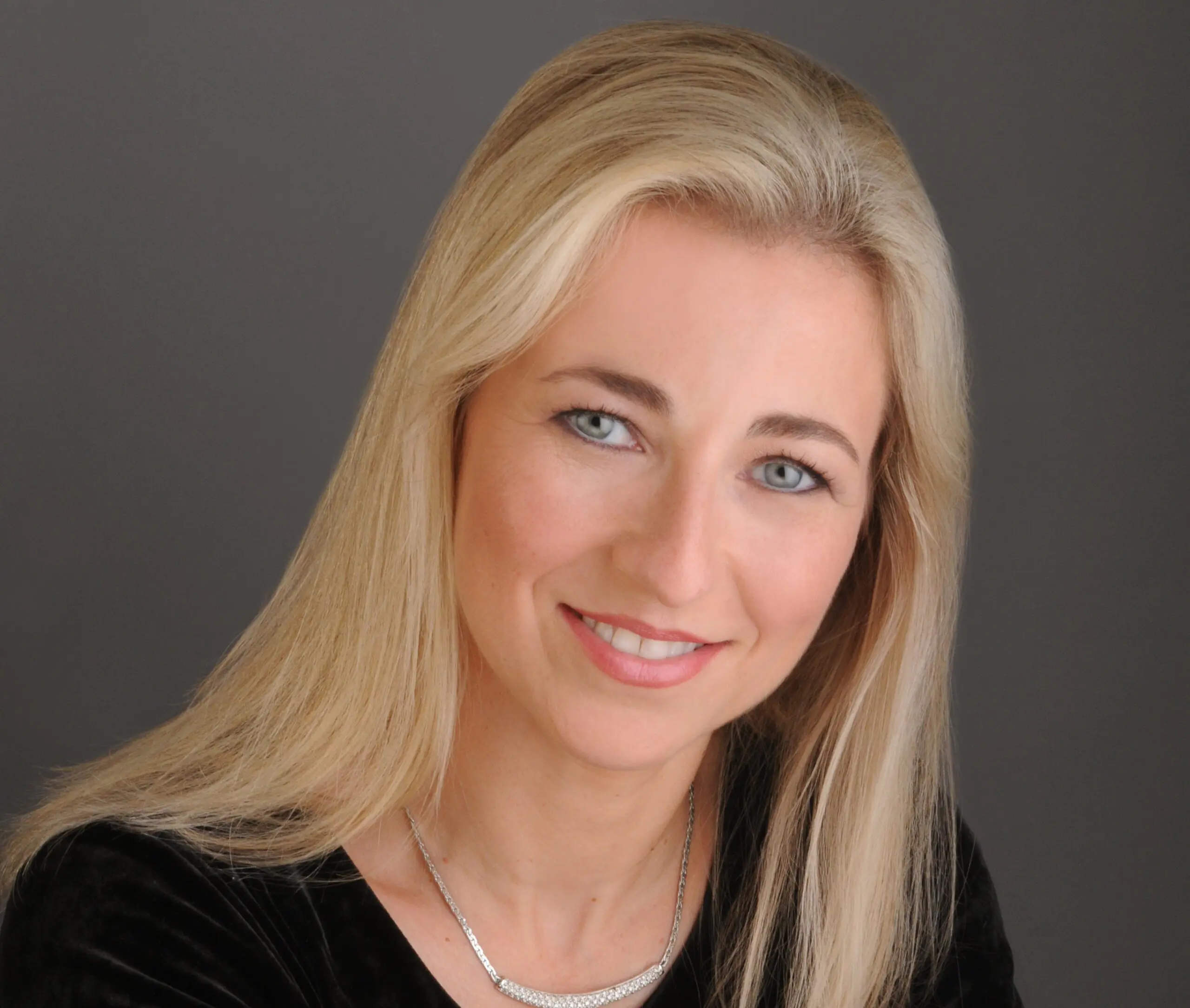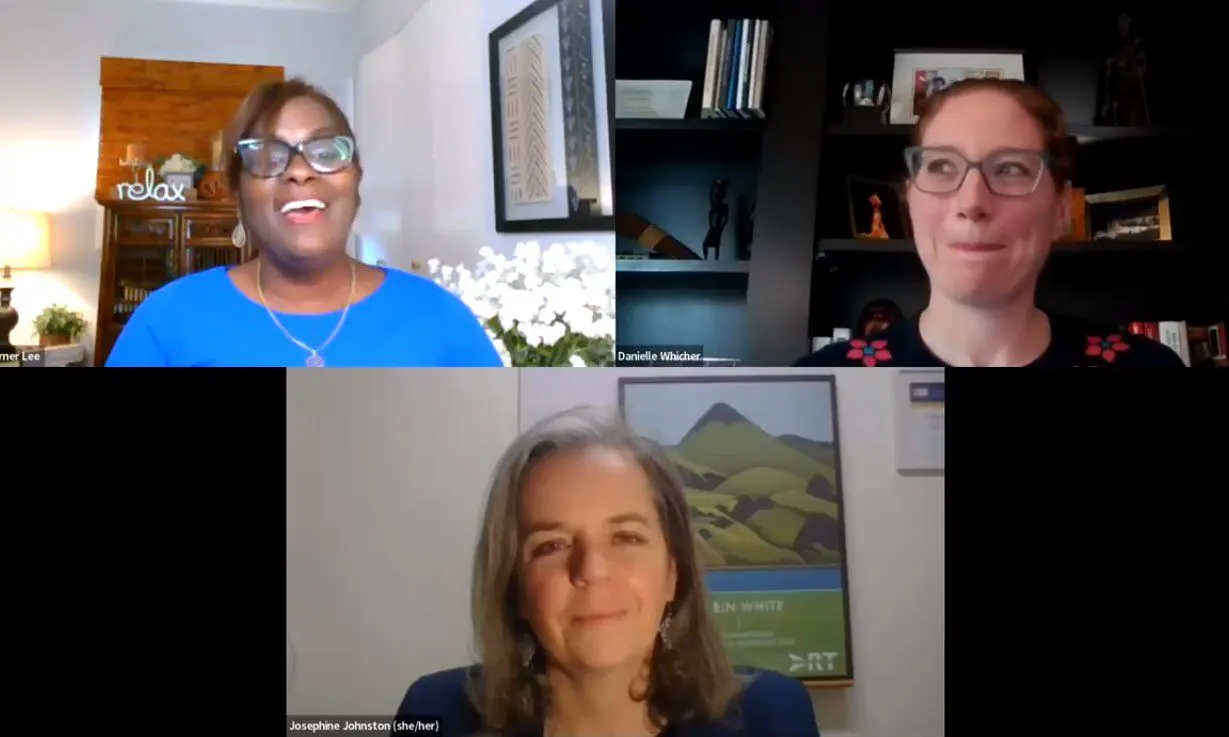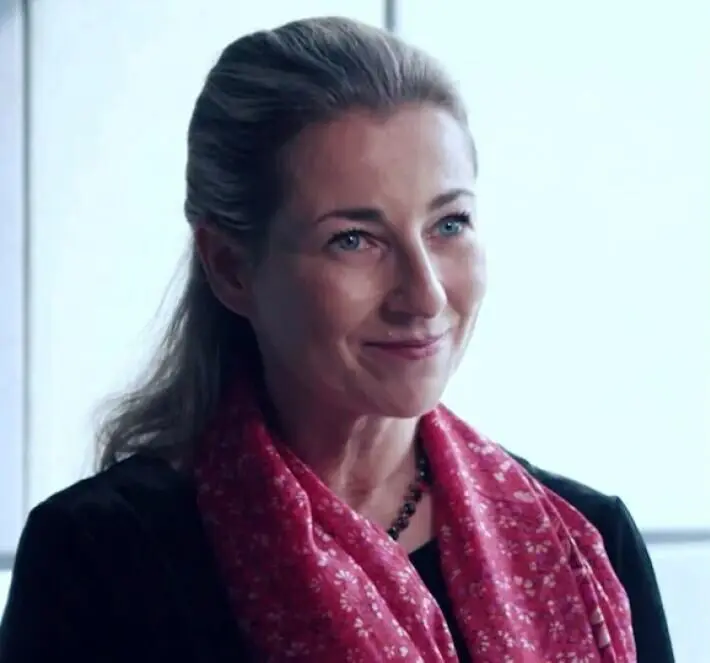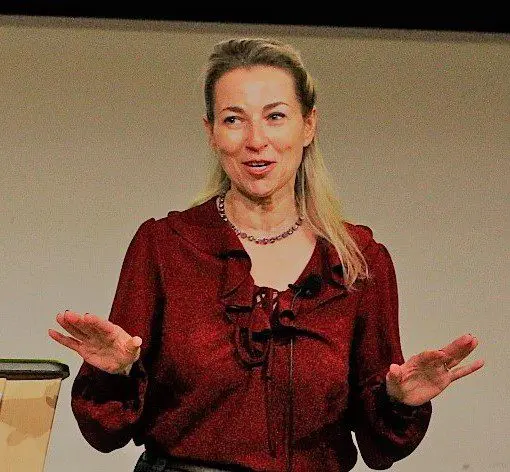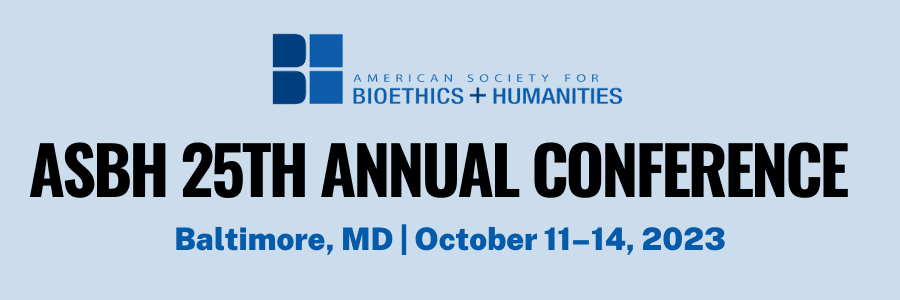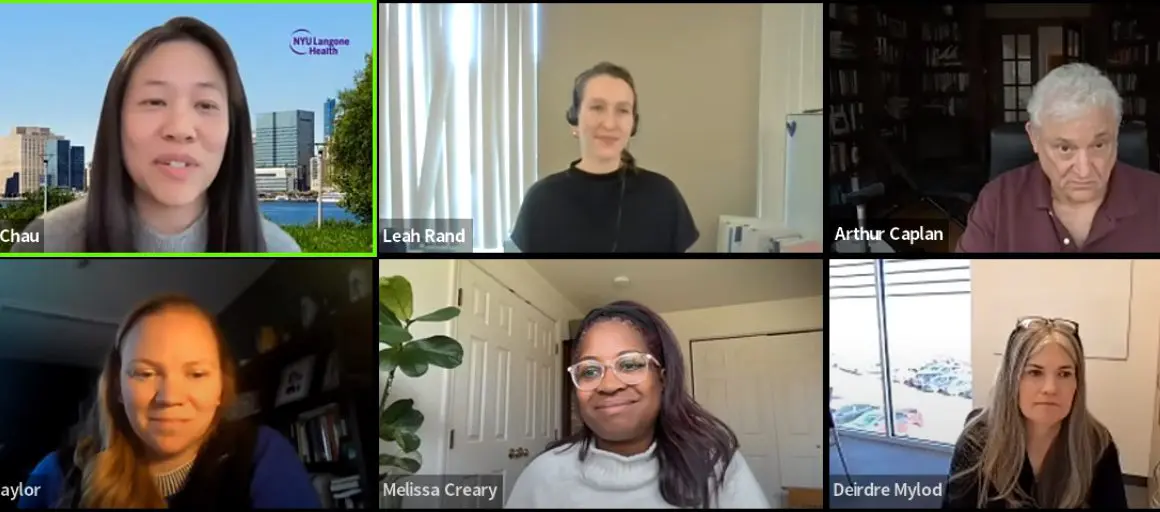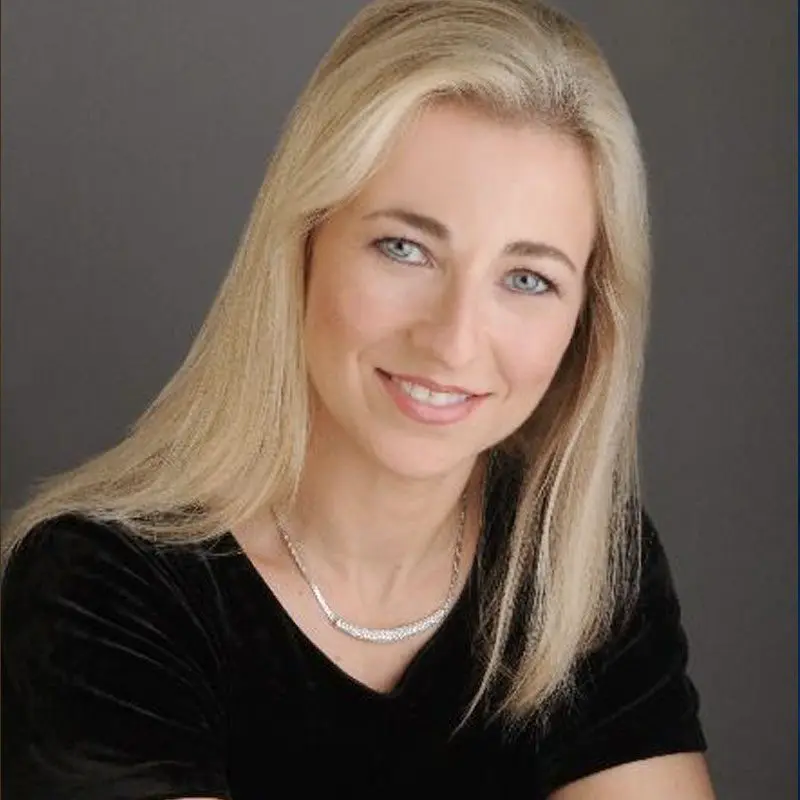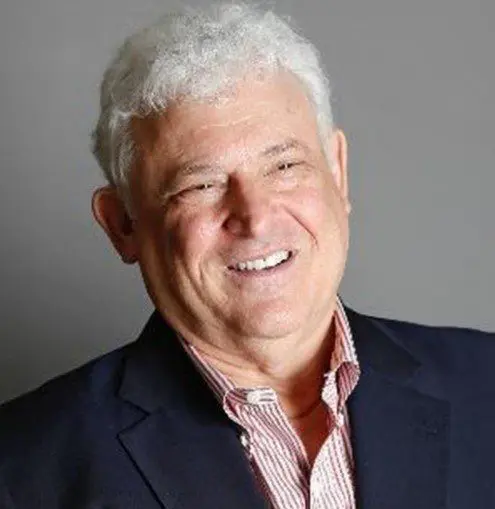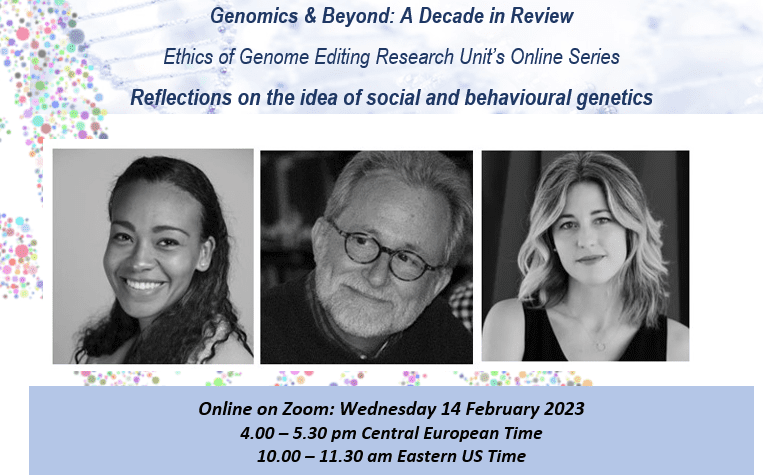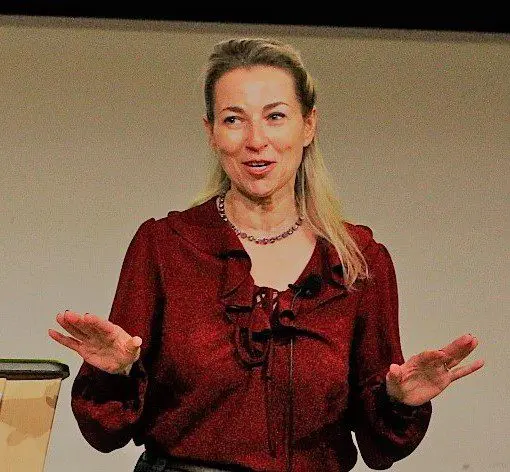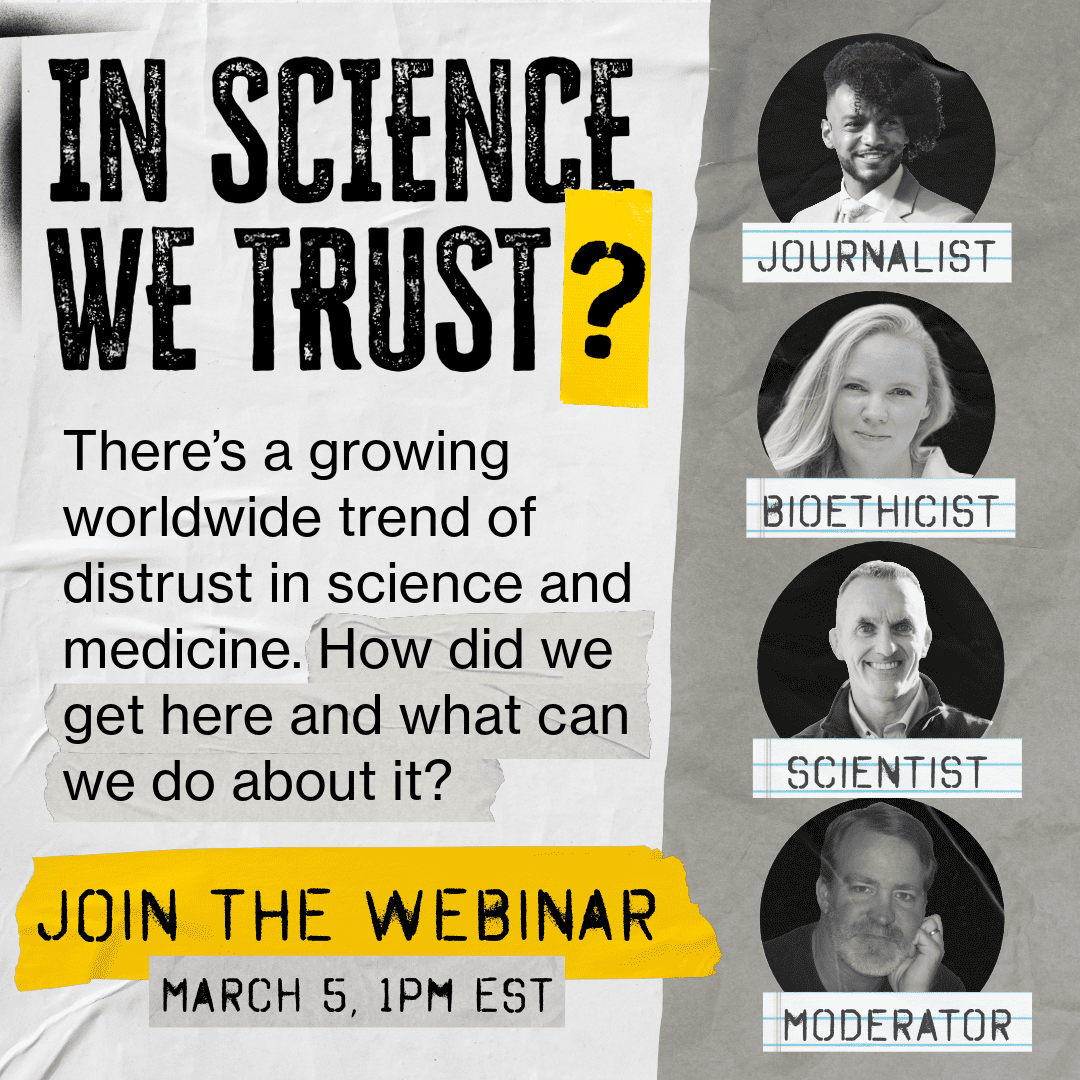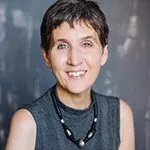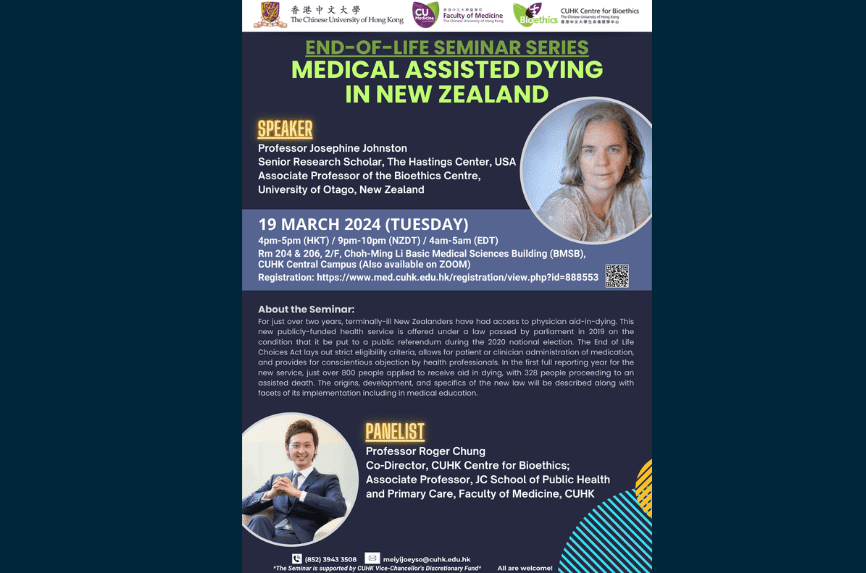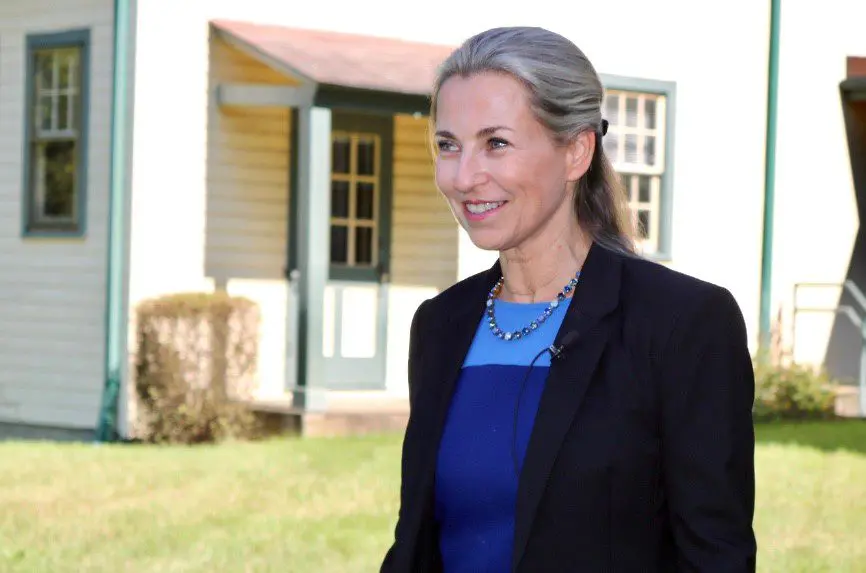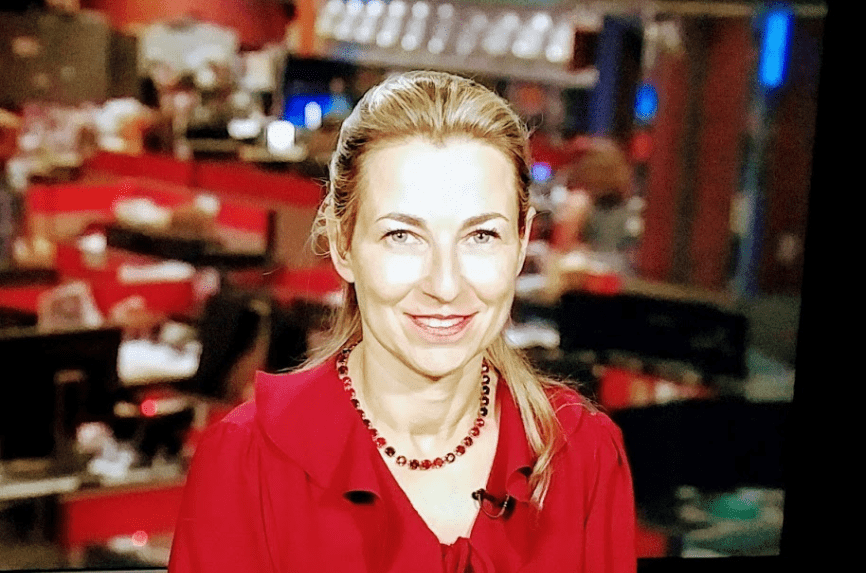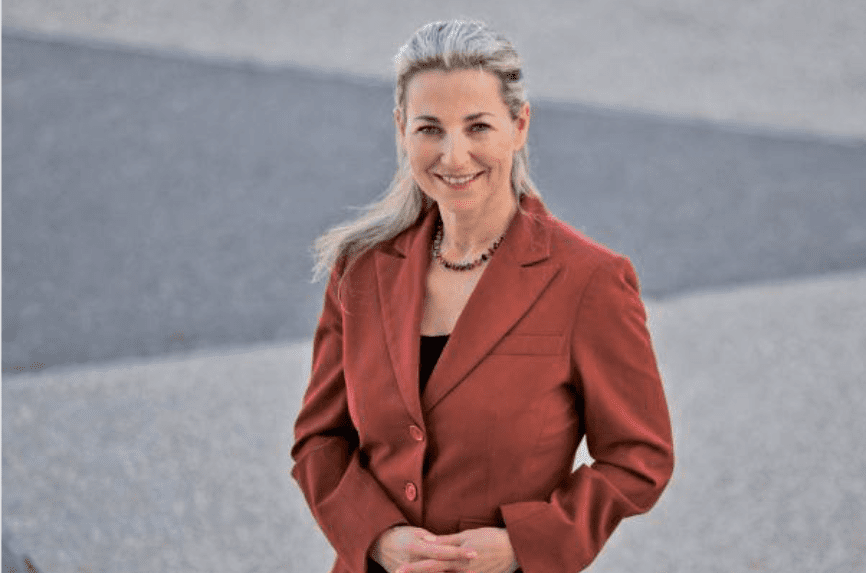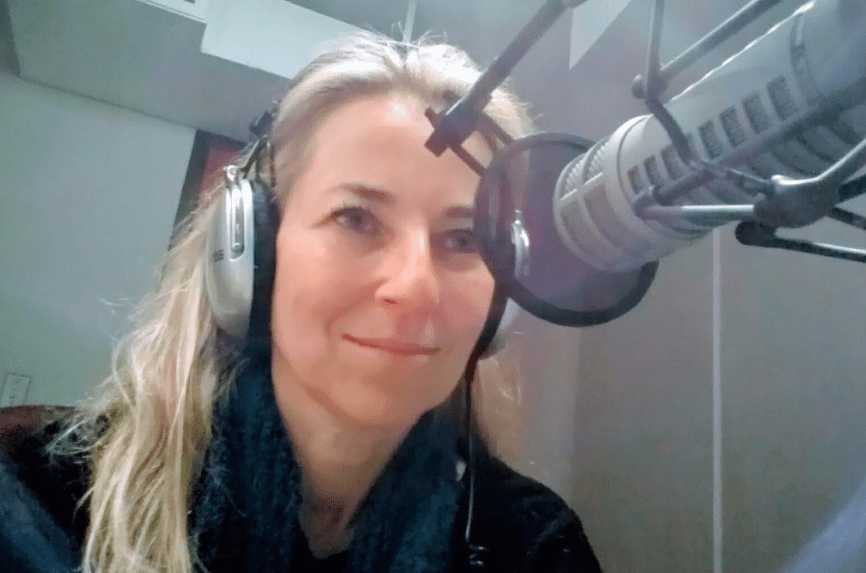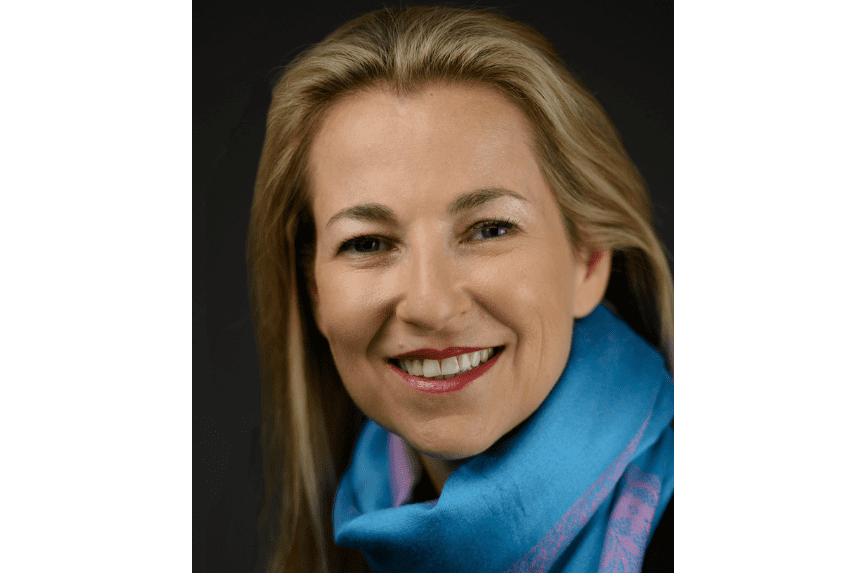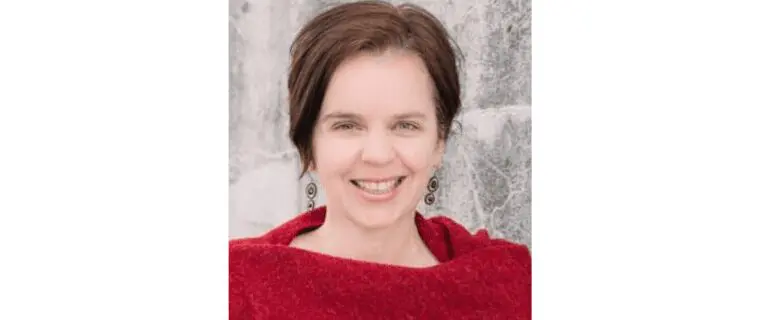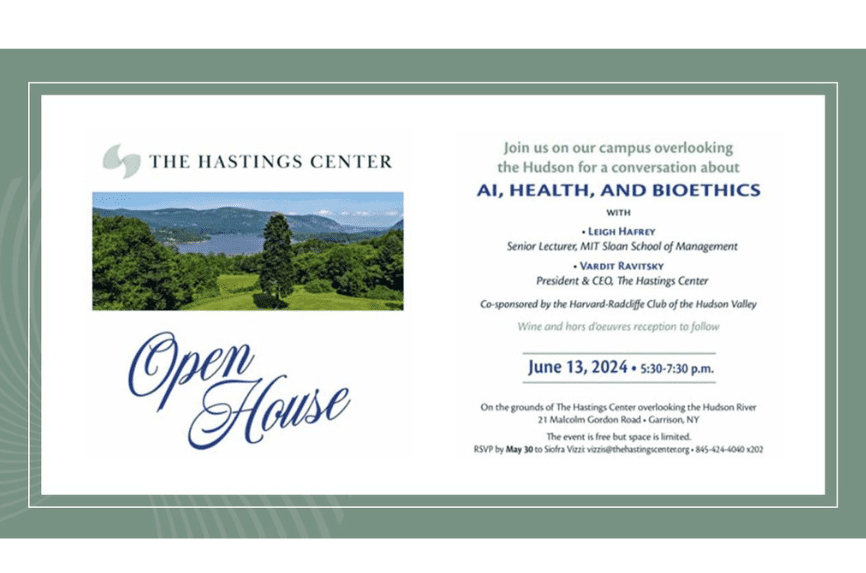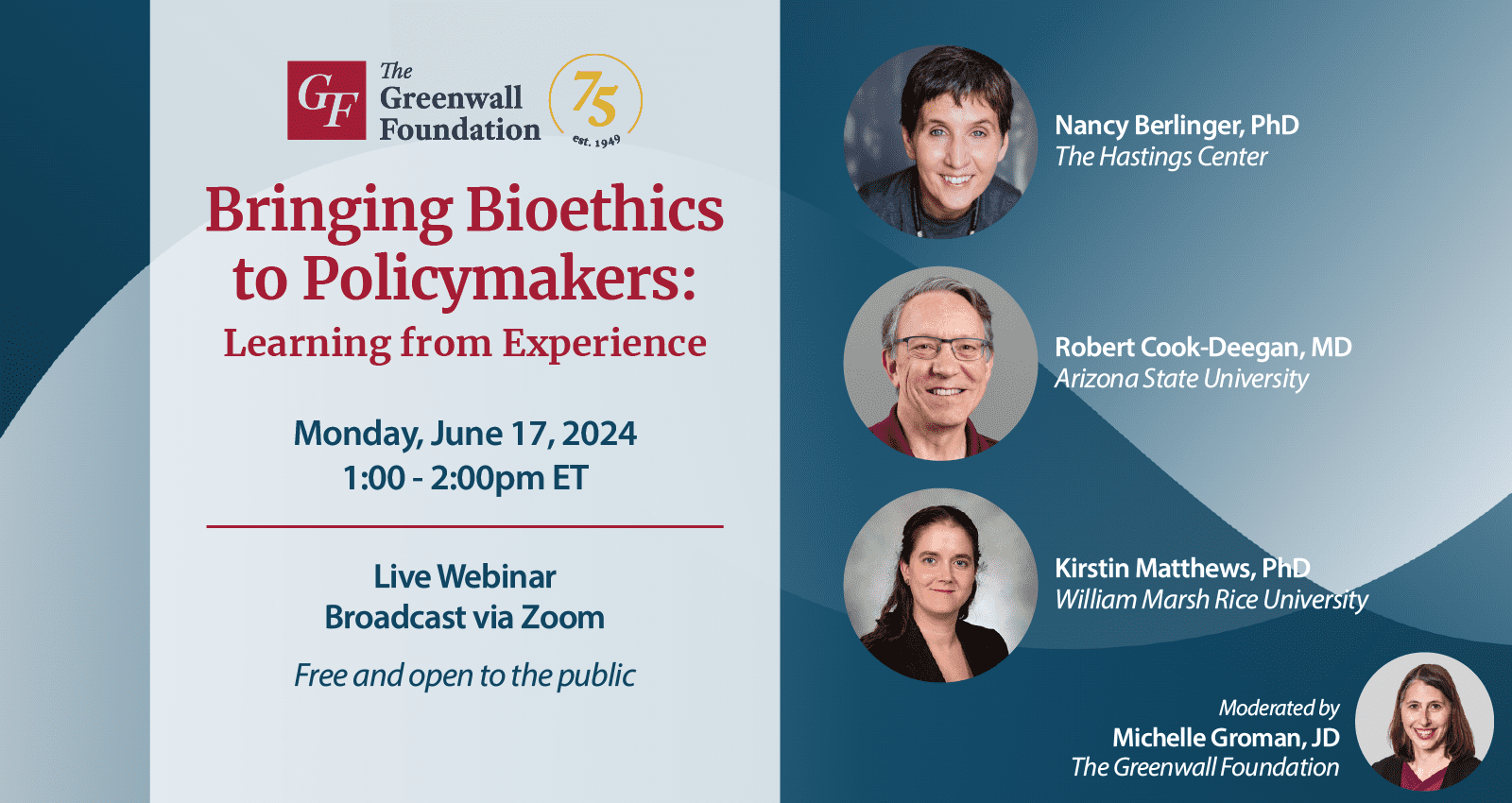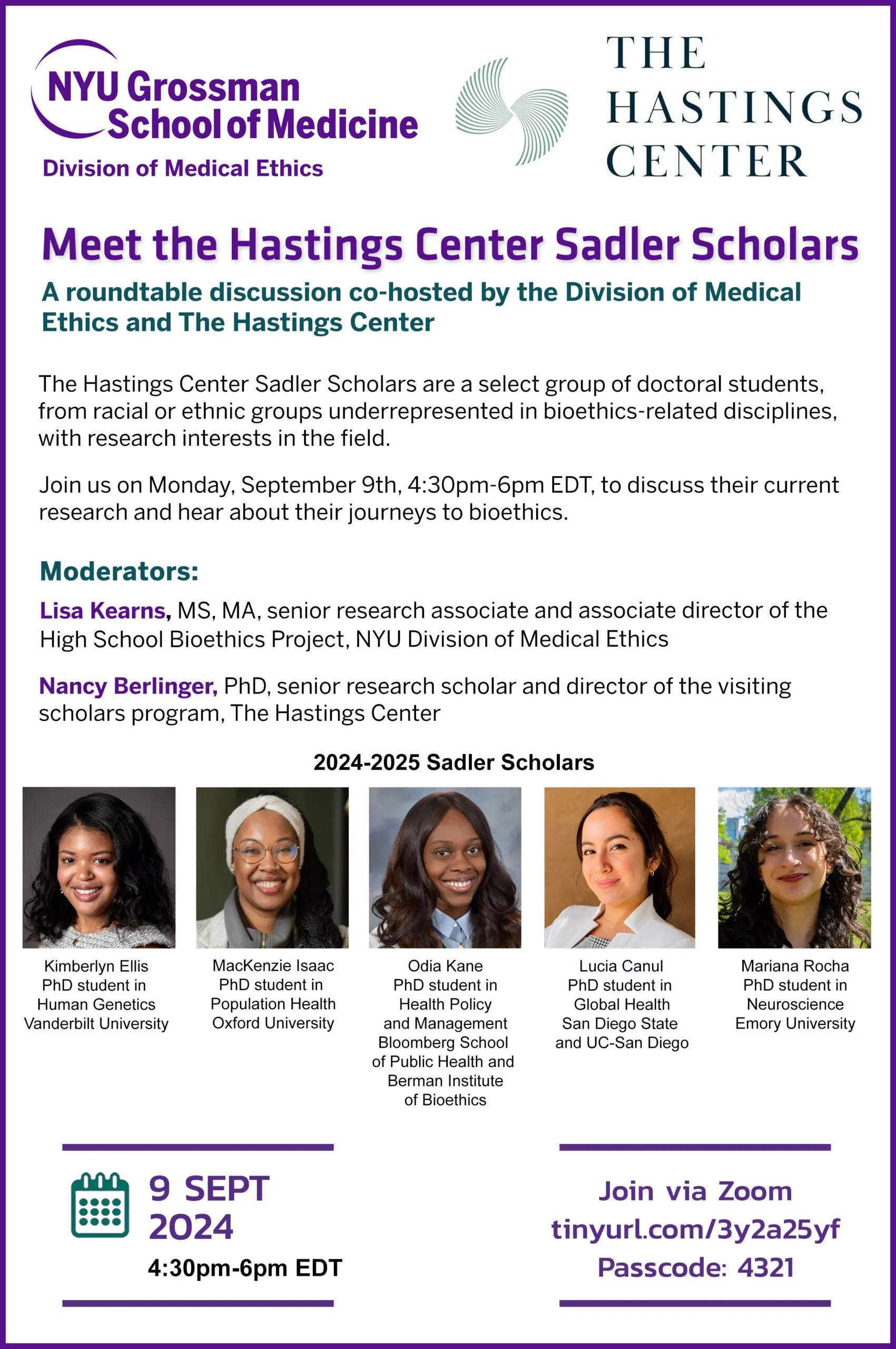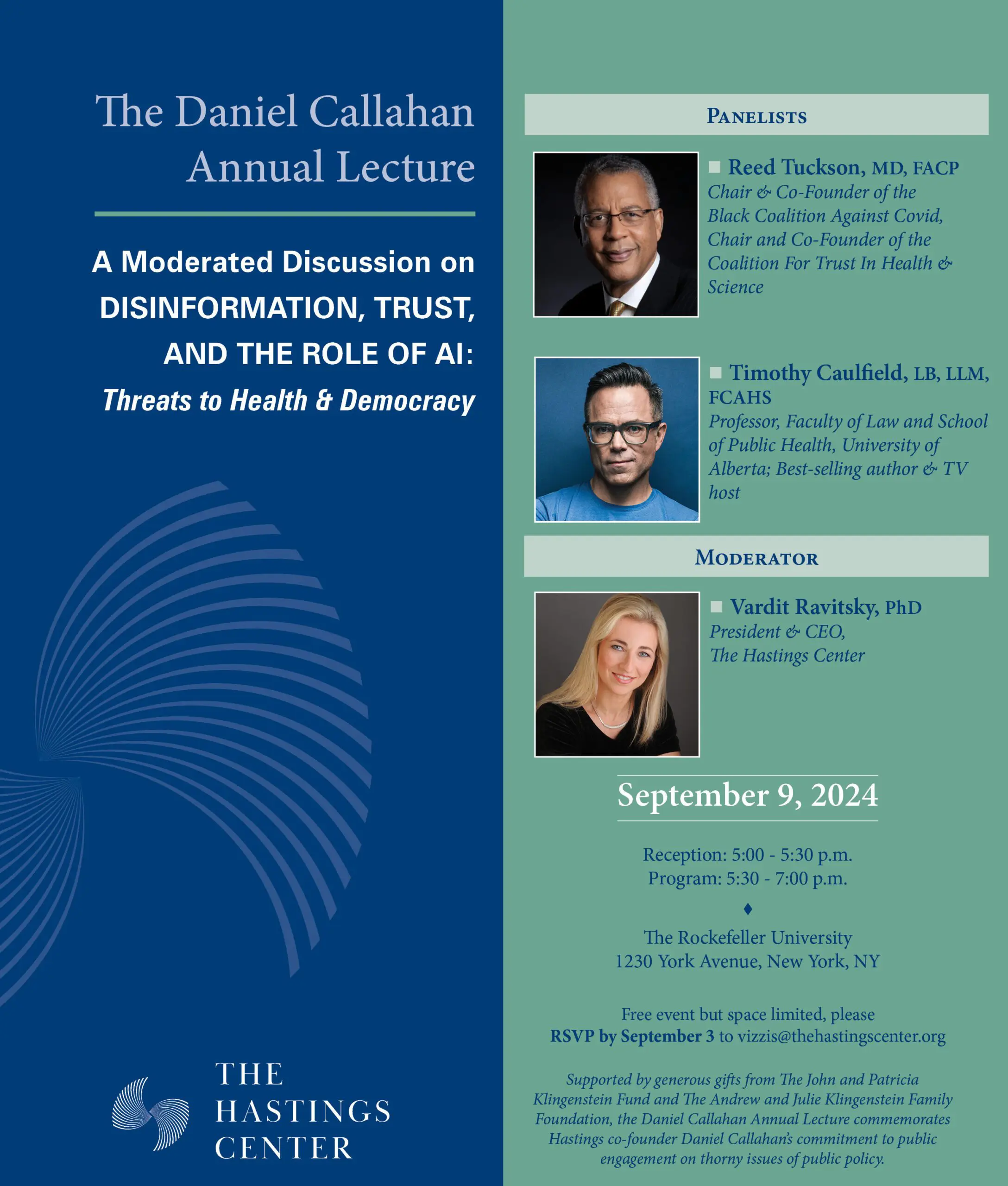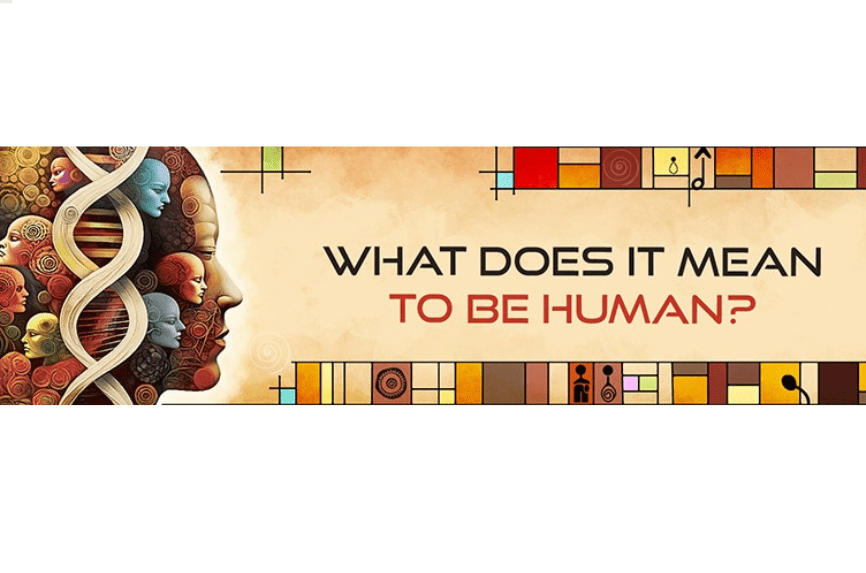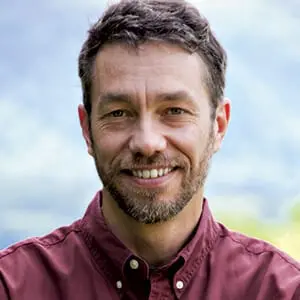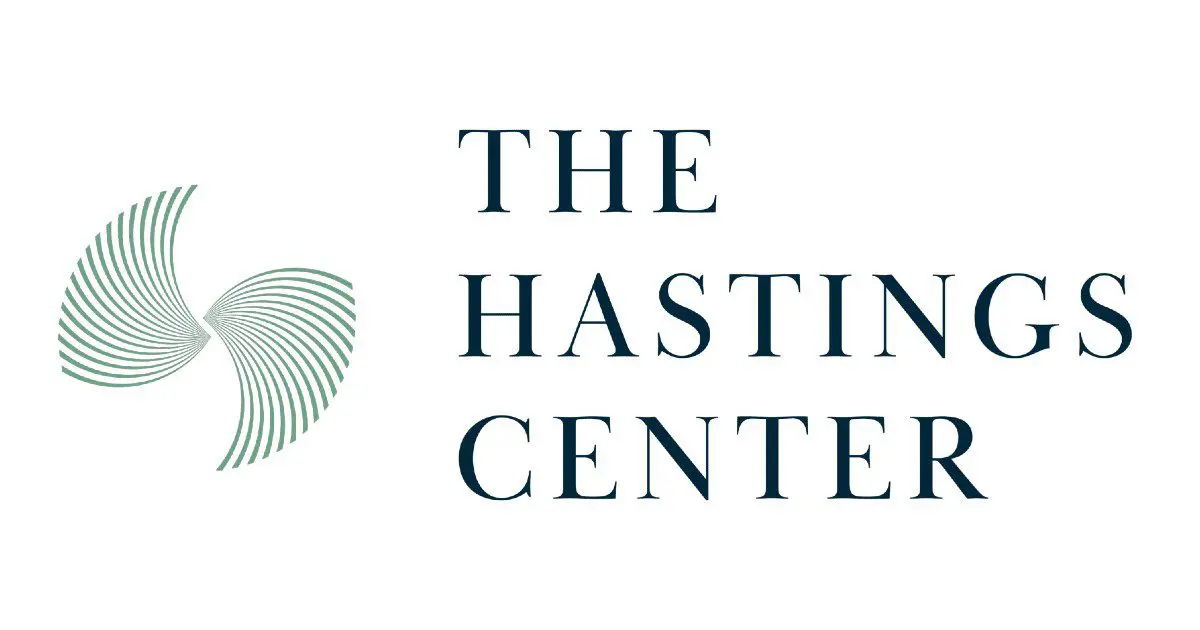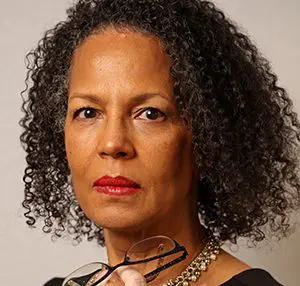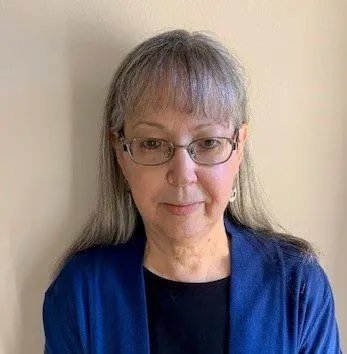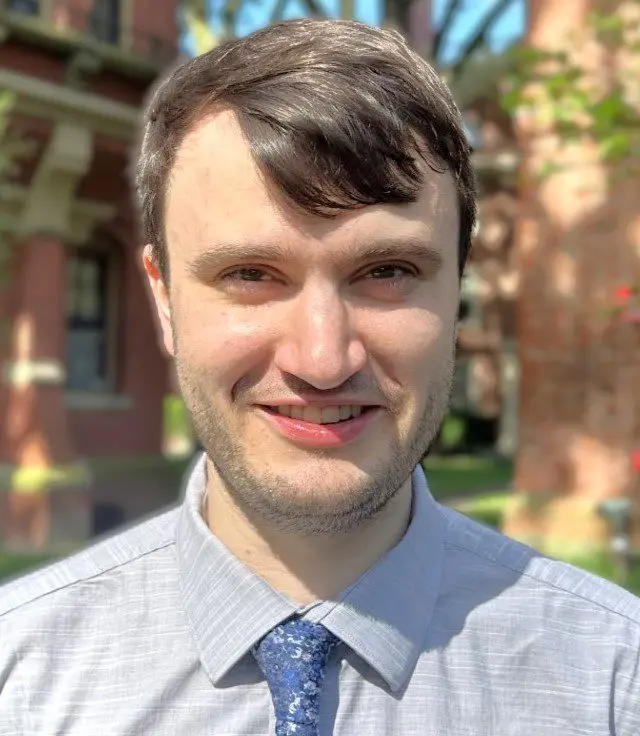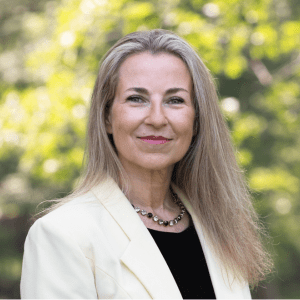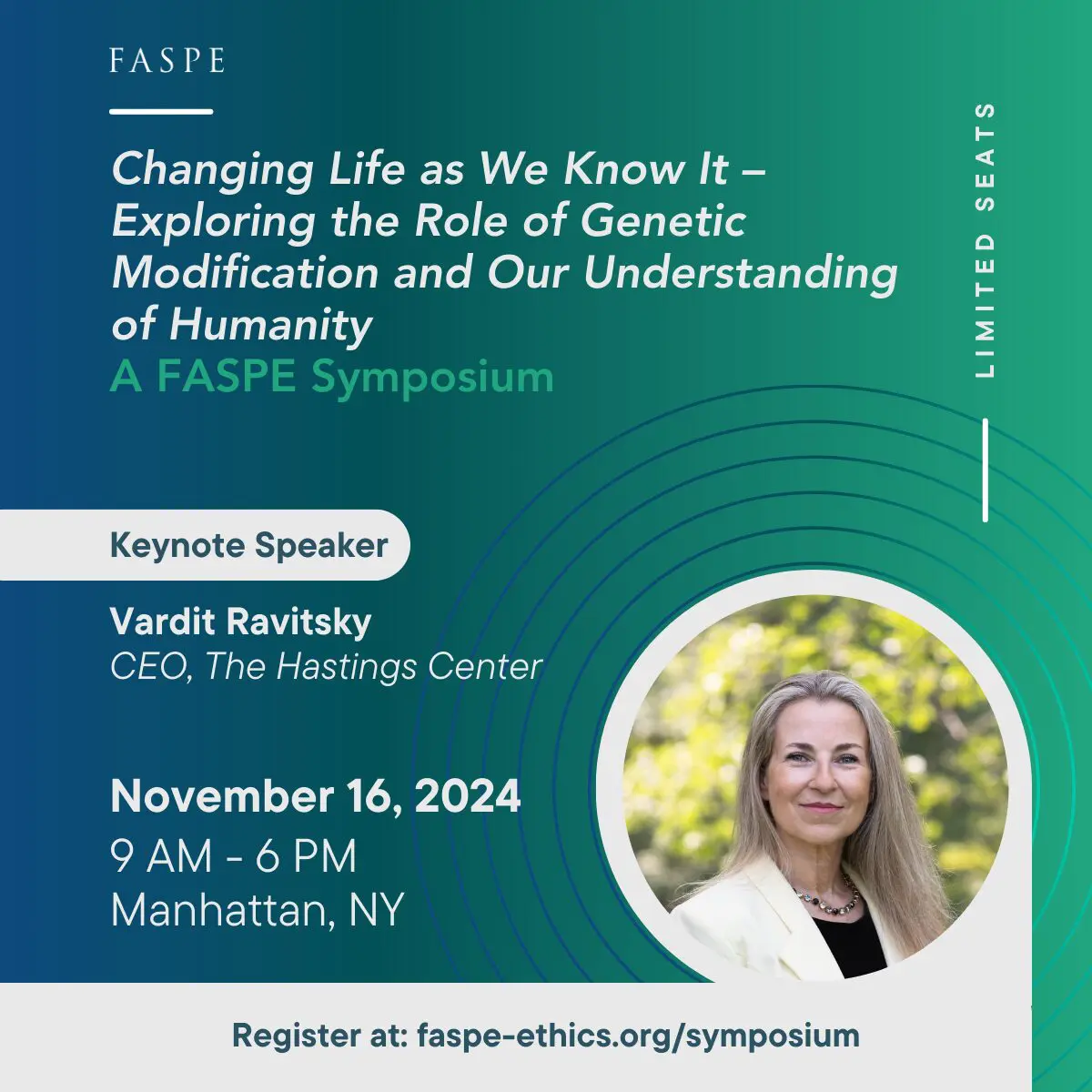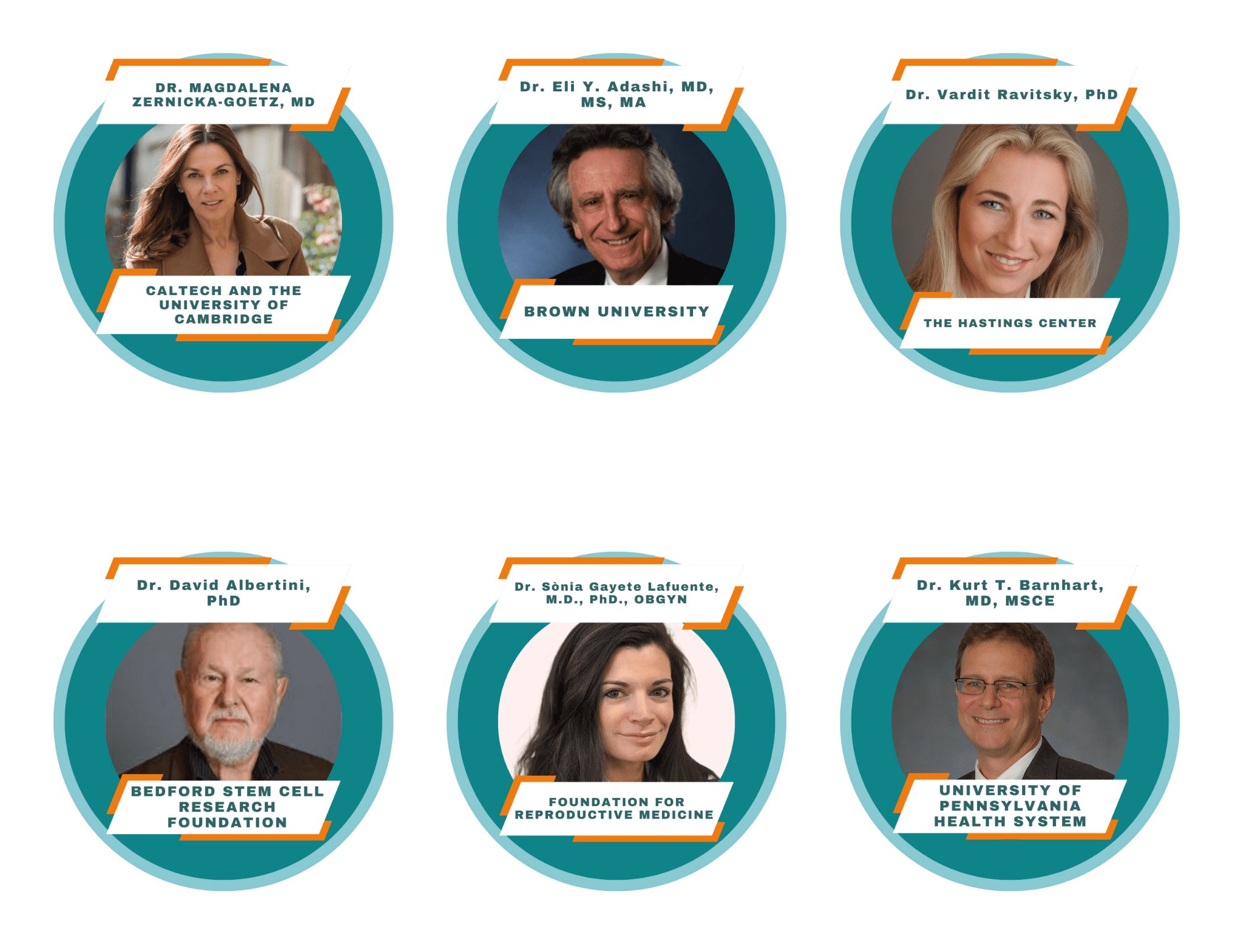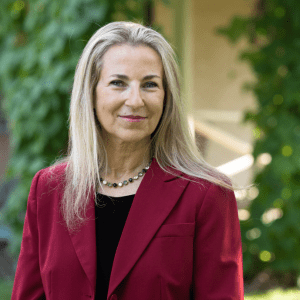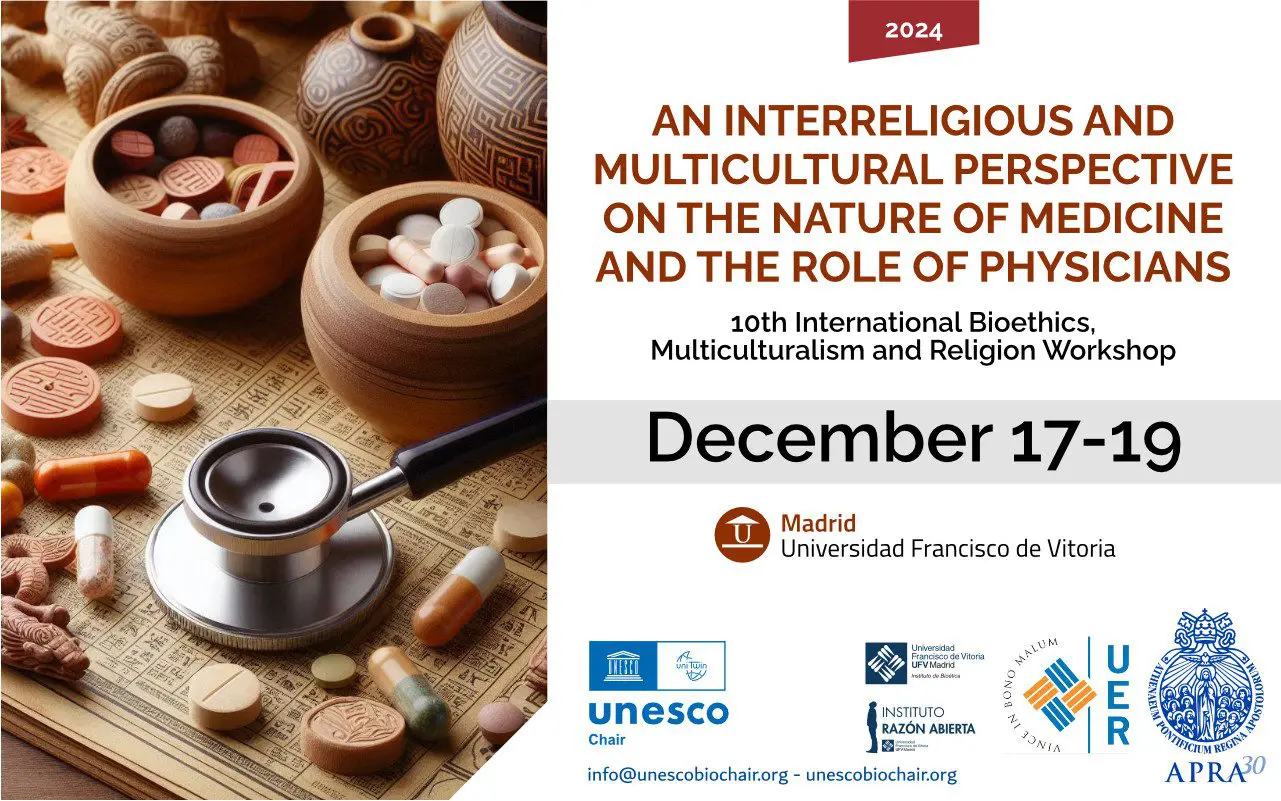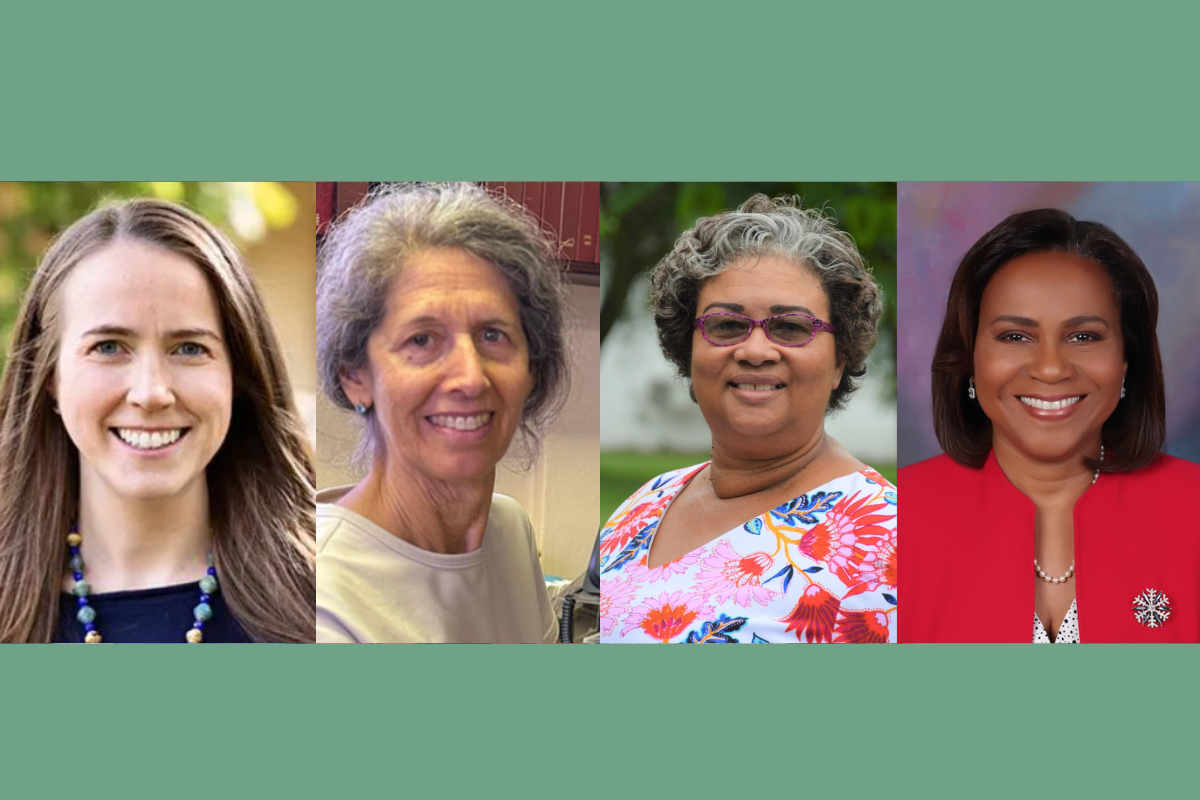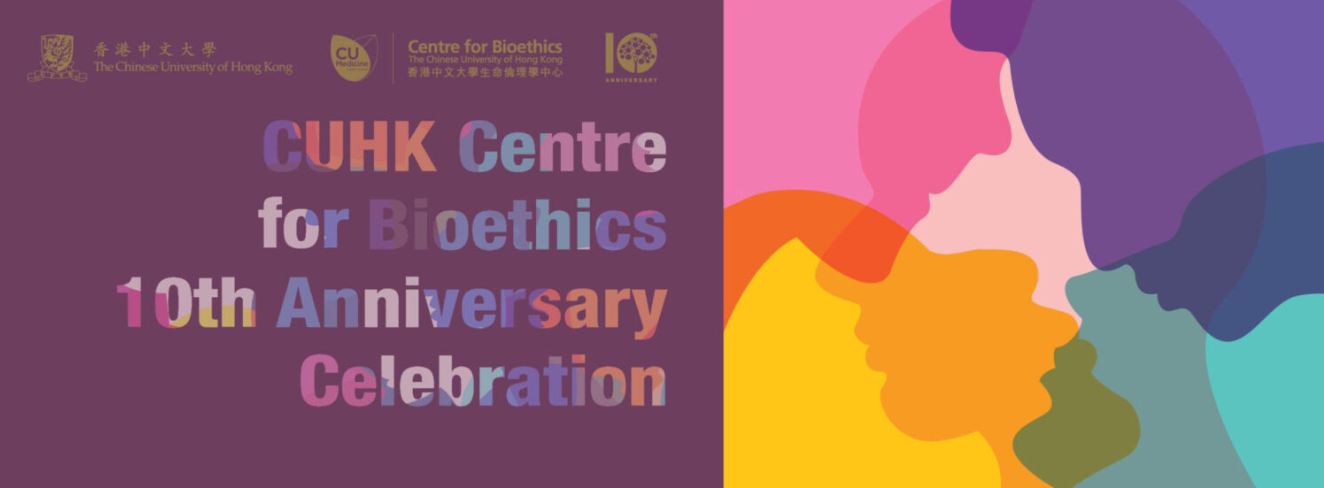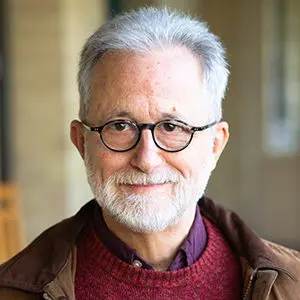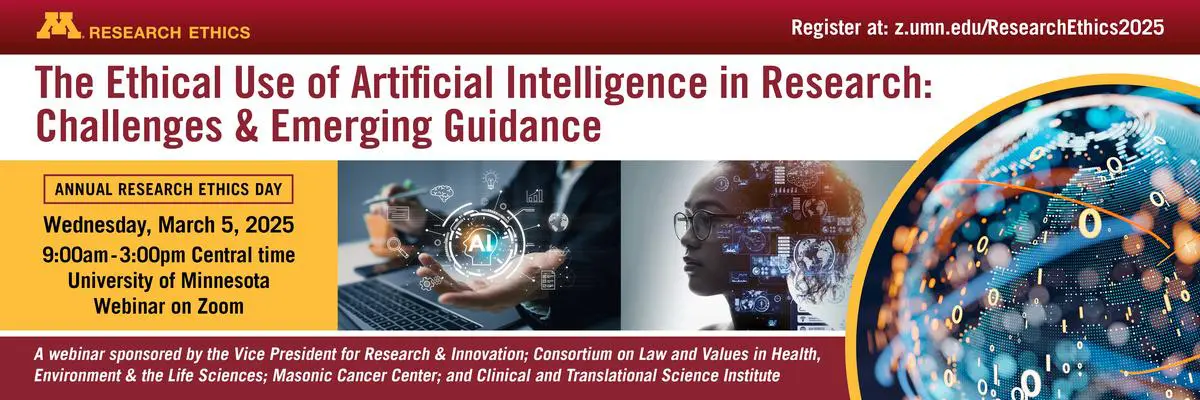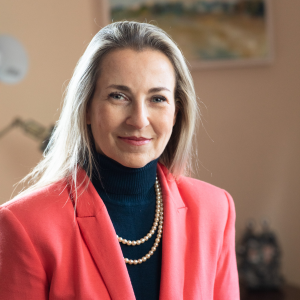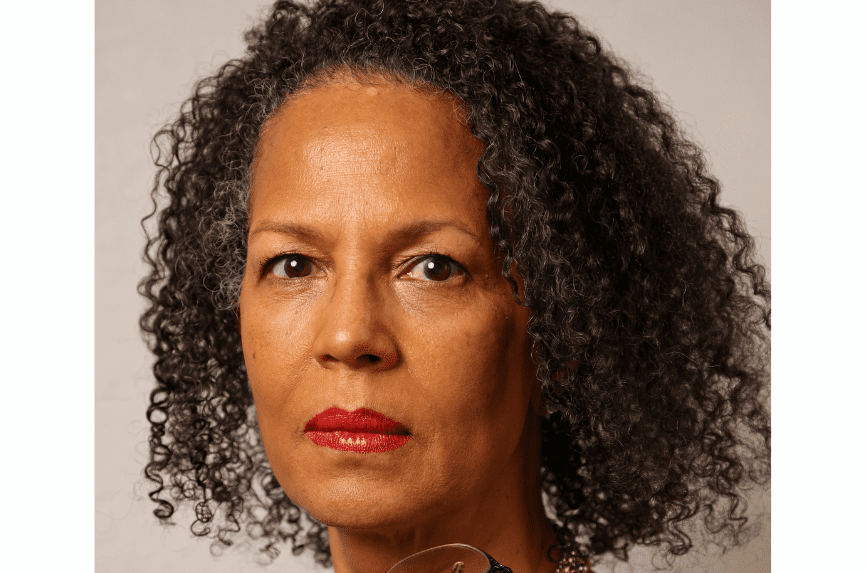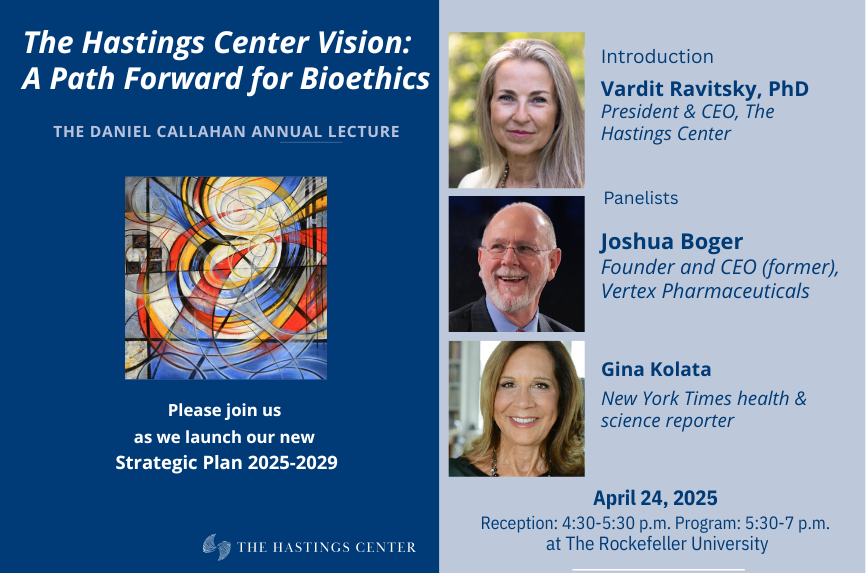Sequencing Newborns: A Call for Nuanced Use of Genomic Technologies
Josephine Johnston, LLB, MBHL, Director of Research and Research Scholar, The Hastings Center Affordable genome sequencing has led some to suggest that all newborns be sequenced at birth, setting the stage for a lifetime of medical care and self‐directed preventive actions tailored to each child’s genome. As part of the NSIGHT studies, funded by NIH, this...
End of Life Care in France and the US with Hastings Center Scholar Michael Gusmano
Life & Death Seminar Rutgers Center for Historical Analysis 15 Seminary Place, Room 6051, New Brunswick, NJ, United StatesEnd of Life Care in France and the US with Hastings Center Scholar Michael Gusmano, Life & Death Seminar Rutgers Center for Historical Analysis, January 21st at Rutgers University
Ethics of Workarounds in Health Care with Hastings Center Scholar Nancy Berlinger
Robert H Lurie Medical Research Center 303 E. Superior, Chicago, IL, United StatesThe Montgomery Lectures series addresses diverse topics within bioethics and the medical humanities. Presenters are faculty, affiliates, and alumni of the Medical Humanities & Bioethics Graduate Program--along with a few special guests. The lectures run every Thursday from noon to 12:45pm during The Graduate School's fall, winter, and spring quarters. They are open to students,...
Vaccine Access, Vaccine Hesitancy: Challenges to Herd Immunity
OnlineIf the United States is to achieve herd immunity, at least 75-85% of the population will need to be vaccinated, yet there are many different kinds of barriers to overcome. Some Americans are reluctant or wish to wait, because they distrust government or the safety of the vaccines or believe in widespread conspiracy theories. Views...
Bioethics of Migration/Creating Systems of Safety for Undocumented and Low-Wage Immigrants as a Vulnerable Population
OnlineWith Hastings Center scholar Nancy Berlinger. Ethics Grand Rounds, Alden March Bioethics Institute, Albany Medical College
Planning for Seniors Housing in Changing Cities: A Cross National Exchange
OnlineMay 11-12, 2021, 12–4:00 pm EST Sessions This virtual conference features presentations and discussions on priority topics related to seniors housing, such as housing preservation, eviction prevention, and access to support services. Hastings Center research scholar Nancy Berlinger will be presenting.
Stiftung Charité presents Charité BIH Entrepreneurship Summit 2021
Onlinewith an interview by Hastings Center President Mildred Solomon of Hastings Center Fellow Arthur Caplan
Questioning Cure: Disability, Identity, and Healing
OnlineShould cure be the ultimate aim of health care? Sometimes aiming at cure entails trying to fix disability rather than enabling disabled people to flourish. Sometimes it obscures the goal of healing. And sometimes aiming at cure entails failing to distinguish between disease and difference. In this webinar, disabled writers and educators Anand Prahlad, Ann...
The Importance of Bioethics for Our Contemporary and Near Future World
OnlineHastings Center scholar Nancy Berlinger will present with a panel at NYU's inaugural Annual Undergraduate Philosophy Conference at NYU.
Binocularity: A Conceptual Tool for Comprehending and Respecting Persons
OnlineSenior research scholar Erik Parens will be presenting as part of The Montreal Health Ethics Conference Series 2021: Wellness, health and human flourishing.
Do Genetic Findings Impact Perceptions of Responsibility?
OnlineThis symposium is sponsored by the Center for Research on Ethical, Legal & Social Implications of Psychiatric, Neurologic & Behavioral Genetics at Columbia University Irving Medical Center, funded by the National Human Genome Research Institute, in collaboration with The Hastings Center.
Building Effective Stakeholder and Public Engagement Strategies for Vector Control Projects
OnlineHastings Center scholar Carolyn Neuhaus will present at the ANTI-VeC webinar series.
Vaccine Mandates and Passports: Are They Legal and Ethical?
OnlineJoin Mildred Solomon, the president of The Hastings Center, to discuss these issues with four experts on ethics and law from across the political spectrum.
At the Crossroads of Ethics, Law, Medicine and Anthropology
OnlineThis forum will explore our obligations to non-citizens at the U.S. southern border through ethical, legal, medical, and anthropological lenses. Moderated by Hastings Center scholar Nancy Berlinger.
Medical Interfaces with Emotion AI: Shaping Public Narratives and Perceptions of Nonverbal Patients with Degenerative Diseases
OnlineHastings Center PMRA Isabel Bolo is presenting, "Medical Interfaces with Emotion AI: Shaping Public Narratives and Perceptions of Nonverbal Patients with Degenerative Diseases" at the CEPE/IACAP Joint Conference 2021: The Philosophy and Ethics of Artificial Intelligence
Breakthrough or Breakdown: Should the FDA Have Approved the New Alzheimer’s Drug?
OnlineHastings Center President Mildred Z. Solomon will be hosting our next Hastings Conversations webinar as she will get to the bottom of the FDA’s decision and its consequences for patients and families, the health care system, and the integrity of regulatory oversight.
Do Justice and Equity Concerns Bolster or Hinder the Case for the Use of Gene Drive Applications?
OnlineHastings Center scholar Carolyn Neuhaus is on one panel “Do Justice and Equity Concerns Bolster or Hinder the Case for the Use of Gene Drive Applications?” in a series of five panel deliberations entitled “Unsettled Ethical Issues in Gene Drive Research” through the Forum, a collaboration between The Foundation for the NIH (FNIH) GeneConvene Global Collaborative and...
Achieving COVID-19 Vaccine Equity
OnlineHastings Center PMRA Danielle Pacia will be participating in Stanford’s INFODEMIC conference on Social Media and Covid-19 Misinformation. Moderated by: William Haseltine, Discussants: Danielle Pacia, Lisa Menning, and Tom Bollyky.
The Ethical Imperatives for Social Media Companies and Influencers to Act
OnlineHastings Center research scholar Nancy Berlinger will be participating in Stanford’s INFODEMIC conference on Social Media and Covid-19 Misinformation. With discussants: Dr. Travis Rieder, Dr. Nancy Berlinger, and Dr. Arthur Caplan.
“Binocular Vision: A Tool for Thinking about Enhancement”
OnlineHastings Center scholar Erik Parens will be giving a talk entitled “Binocular Vision: A Tool for Thinking about Enhancement” at Erasmus School of Philosophy in Rotterdam.
“Distributive Justice and Social Justice in Pandemic Response”
OnlineHastings Center scholar Nancy Berlinger will discuss “Distributive Justice and Social Justice in Pandemic Response” at Fordham University, Dept. of Philosophy.
Short Course on Public Deliberation and Gene Editing in the Wild
OnlineHastings Center scholars Michael Gusmano and Karen Maschke present a Short Course on Public Deliberation and Gene Editing in the Wild for attendees of Annual Meeting of the American Political Science Association via zoom. Emerging technologies for the genetic modification of organisms present unprecedented opportunities to alter wild populations of organisms, from microbes to...
“Creating Health Care Systems of Safety for Immigrants and Refugees”
OnlineHastings Center scholar Nancy Berlinger will present "Creating Health Care Systems of Safety for Immigrants and Refugees" at the Division of Medical Ethics series at Weill Cornell.
“The Bioethics of Migration”
OnlineHastings Center scholar Nancy Berlinger will discuss “The Bioethics of Migration” at the Weill Cornell MedicineSeminar Lecture Series.
Society for the Social Studies of Science annual conference
OnlineHastings Center PMRA Ben Wills will be participating in two panels for the Society for the Social Studies of Science annual conference.
“BINOCULARITY: A Tool for Comprehending Persons in Depth”
OnlineHastings Center senior research scholar Erik Parens will present “BINOCULARITY: A Tool for Comprehending Persons in Depth” at the John Dossetor Health Ethics Centre at the University of Alberta. It is plain that, to exhibit care for persons, we need to respect them as persons. I will suggest that, to show respect, we should aspire...
“Vulnerabilities of Immigrant Patients”
OnlineHastings Center scholar Nancy Berlinger will discuss “Vulnerabilities of Immigrant Patients” at the University of Arkansas for Medical Sciences.
“Doing Bioethics and Humanities in Public: Learnings from Hastings Center Initiatives”
OnlineHastings Center scholars Nancy Berlinger, Erik Parens, and Rice Family Fellow Liz Bowen, present at ASBH preconference session 003.
“Genomics, Human Behavior, and Social Outcomes”
OnlineThe Hastings Center, in partnership with the Center for ELSI Resources & Analysis (CERA), will present an online discussion for journalists, “Genomics, Human Behavior, and Social Outcomes.”
The 2021 David Roscoe Award for an Early-Career Scholar’s Essay on Science, Ethics, and Society will be presented to the winner at ASBH.
OnlineThe 2021 David Roscoe Award for an Early-Career Scholar’s Essay on Science, Ethics, and Society will be presented to the winner at ASBH.
The 2021 Bioethics Founders’ Award will be presented to the winner at ASBH
OnlineThe 2021 Bioethics Founders’ Award will be presented to the winner at ASBH.
“Genetically-informed Education: The Problem or the Cure to Essentialism, Racism, and Ableism?”
OnlineHastings Center presidential scholar Lucas Matthews will present at the ASBH conference: “Genetically-informed Education: The Problem or the Cure to Essentialism, Racism, and Ableism?”
“A Critical Moment in Bioethics: Reckoning with Anti-Blackness through Intergenerational Dialogue”
OnlineHastings Center advisor Faith Fletcher will present "A Critical Moment in Bioethics: Reckoning with Anti-Blackness through Intergenerational Dialogue" at this year’s ASBH conference.
“Abortion Clinics Dwindle While Deceptive ‘Crisis Pregnancy Centers’ Thrive: Epistemic Injustice Concerns and Policy Solutions.”
OnlineHastings Center PMRA Danielle Pacia will present at ASBH conference: "Abortion Clinics Dwindle While Deceptive 'Crisis Pregnancy Centers' Thrive: Epistemic Injustice Concerns and Policy Solutions."
“Meet the Editors”
OnlineHastings Center scholar and editor Greg Kaebnick will join a panel “Meet the Editors” at ASBH conference
“Toxic Treatments and Transgenic Rats: The Ecological Dimensions of Disability Art”
OnlineHastings Center Rice Family Fellow Liz Bowen will present at ASBH conference: “Toxic Treatments and Transgenic Rats: The Ecological Dimensions of Disability Art.”
“The Many Facets of Moral Distress across Healthcare Settings”
OnlineHastings Center scholar Nancy Berlinger will discuss “The Many Facets of Moral Distress across Healthcare Settings” at University of Penn Departments of Nursing and Bioethics.
“Enjoying: Disability as a Creative Force”
OnlineHastings Center scholar Erik Parens and Hastings Center Rice Family Fellow Liz Bowen present “Enjoying: Disability as a Creative Force” as part 5 of their NEH public events series “The Art of Flourishing: Conversations on Disability.”
Law Enforcement and Genetic Data
OnlineThe Hastings Center, in partnership with the Center for ELSI Resources & Analysis (CERA), will present an online discussion for journalists, “Law Enforcement and Genetic Data.”
Precision Medicine Research, “All of Us”, and Inclusion
OnlineThe Hastings Center, in partnership with the Center for ELSI Resources & Analysis (CERA), will present an online discussion for journalists, “Precision Medicine Research, ‘All of Us’, and Inclusion.
Addressing Racism in Medical Research & Publishing
OnlineRacism and unconscious bias persist in medical research. Given that journalists who write, or aspire to write, about medicine look at journals for story ideas, the editors of those journals have an indispensable role in identifying and eliminating racism in the review and publication of research. What antiracist steps are leading journals taking? What more should be done? What kinds of cues can help journalists recognize racial bias in a research article?
The Role of Choice in Death and Dying in Late Life
OnlineIn this symposium, we will discuss the changing attitude towards death and dying in late life, bringing together insights from different disciplines, such as sociology, philosophy, (bio)ethics and thanatology. The question will be raised: what is the impact of the growing emphasis on individual choice regarding death and dying on the way we – as individuals and as a society – live towards the end of life?
Pandemic Ethics: Bioethics, Justice and the Common Good
OnlineHastings Center president Mildred Z. Solomon is presenting, “Pandemic Ethics: Bioethics, Justice and the Common Good” at the Grand Rounds at The Mayo Clinic, Rochester, MN.
Righting the Wrongs: Tackling Health Inequities
OnlineThe Hastings Center and the Association of American Medical Colleges, with the American Medical Association and the American Nurses Association, host a health equity summit featuring author Isabel Wilkerson.
Civics Education as a National Security Priority
OnlineHastings Center president, Mildred Z. Solomon will join the Commonwealth Club of California to present an online discussion,"Civics Education and Its Role in Boosting National Resilience at This Critical Time in American History." The program is part of the Commonwealth Club's Creating Citizens initiative.
Democracy in Crisis
OnlineHastings Center president, Mildred Z. Solomon and research scholar, Michael Gusmano will present, "Democracy in Crisis", at The Global Health Network Epidemic Ethics seminar.
Comprehending Persons in the Context of Rehabilitative Medicine
OnlineHastings Center scholar Erik Parens is presenting, "Comprehending Persons in the Context of Rehabilitative Medicine” at the Division of Medical Ethics 2021-2022 Seminar Lecture Series at Weill Cornell. Meeting ID: 950 0173 2724
We Belong To One Another: Disability and Family Making
OnlineAbleism frames disability as a “family problem,” in which disability is a tragedy for nondisabled family members and a disqualifying factor when disabled people want to build families of their own. But, to the contrary, disability can create new opportunities for flourishing by challenging traditional notions of what family is and should be. In this...
Love and Loss with Amy Bloom
OnlineBestselling author Amy Bloom‘s world was altered forever when an MRI indicated that her husband Brian had Alzheimer’s disease. Together, led by Brian, Brian and Amy made the decision to travel to Switzerland to access an assisted dying process unavailable in the United States. In this discussion with Hastings Center president Mildred Solomon, Bloom will talk about her new book, In Love: A Memoir of Love and Loss,...
Is It Possible to Have Healthy People on a Sick Planet?
OnlineHow should we work to address climate change and other planetary threats to human health and survival? Our society is built on a global economy that is extractive and destructive, not only to the planet but to people and societies. What is needed to shift to an economic system that does not externalize harm, given...
Ethical Issues We Have Faced over the Pandemic
OnlineHastings Center president Mildred Z. Solomon will present "Ethical Issues We Have Faced over the Pandemic and Lessons Learned" at the Program for Biomedical Ethics seminar at the Yale School of Medicine Program for Biomedical Ethics.
ELSIcon2022: Innovating for a Just and Equitable Future
OnlineHastings Center presidential scholar Lucas Matthews will present at the ELSIcon2022 conference: “What can intersectionality bring to ELSI?: Transforming Theory into Practice”
ELSIcon2022: Innovating for a Just and Equitable Future
OnlineHastings Center scholar Carolyn Neuhaus along with Associate Professor of Bioethics at Alden March Bioethics Institute Johanna Crane will present at the ELSIcon2022 conference: "Cultivating just & equitable genomics research partnerships with community health centers." https://www.mhe.cuimc.columbia.edu/ethics/5th-elsi-congress
ELSIcon2022: Innovating for a Just and Equitable Future
OnlineHastings Center scholar Erik Parens along with Paul Appelbaum, Robert Klitzman, and Julia Wynn will appear on a panel at the ELSIcon2022 conference: “The Impact of Receipt of Genetic Test Results for Autism.”
Anti-Black Racism, Health & Health Care: A Reckoning—and a Path Forward
A new report calls on the field of bioethics to take the lead in efforts to remedy racial injustice and health inequities in the United States. Join the editors of the report, “A Critical Moment in Bioethics: Reckoning with Anti-Black Racism Through Intergenerational Dialogue,” for a virtual discussion with Michele Goodwin, Chancellor’s Professor and Director,...
Migration Humanities and Social Justice
OnlineHastings Center Scholar, Nancy Berlinger will present, "Migration Humanities and Social Justice," at Otago Bioethics Center, University of Otago, Dunedin, New Zealand.
Self-determined care or pernicious self-responsibilization? The Case of Telemedicine
Mercer Gary a postdoctoral fellow at The Hastings Center will be giving a presentation on "Self-determined care or pernicious self-responsibilization? The Case of Telemedicineat for the Association for Feminist and Social Theory.
Chimeras (But Don’t Call Them Chimeras): An Introduction to the Ethics & Policy Debate
OnlineJosephine Johnston, Director of Research at The Hastings Center, and Dr. Insoo Hyun, Director of the Center for Life Sciences and Public Learning at the Museum of Science in Boston will present, “Chimeras (But Don't Call Them Chimeras): An Introduction to the Ethics and Policy Debate” at the September 15 PRIM&R webinar.
Aging in a Place: Perspectives on the Meanings of “Home” and “Community” from Age-focused Researchers & Practitioners
OnlineEveryone ages in some "place," or a series of places. This event will explore the concept of place from the perspectives of housing research, affordable housing development and modification, and dementia-friendly community planning. Our aim is to connect humanistic concepts with socially engaged research and practice on planning and housing for aging societies, to support...
Understanding Cultural Narratives of Dementia: Tasks and Tools for Humanities Scholars
OnlineHastings Center Research Scholar Nancy Berlinger will present "Understanding Cultural Narratives of Dementia: Tasks and Tools for Humanities Scholars" at the European Network of Aging Studies (ENAS) and North American Network of Aging Studies (NANAS) Joint Conference.
Ethical & Regulatory Considerations in Xenotransplantation Clinical Trials: Patient Selection, Equity in Access, & Wait Listing
OnlineThe webinar aims to provide participants with the ethical, regulatory, and psychosocial context to address the following questions: - What strategies should be used to minimize clinical trial investigators’ conflict of interest in recruiting patients into xenotransplant clinical trials? - How should potential participants be notified about the option of participating in a xenotransplant clinic...
The Suppliants Project: Ukraine, Notre Dame Forum
Theater of WarDramatic readings of Aeschylus’ Suppliants as catalyst for powerful, global dialogue about the impact of war. Translated and Directed by Bryan Doerries.
What Do Physicians Want from Leadership?
Champions of Wellness Virtual Summit 2022Nancy Berlinger, Ph.D., a Research Scholar at The Hastings Center, will be speaking at the Champions of Wellness Virtual Summit 2022 on "What Do Physicians Want from Leadership?: Insights from a Qualitative Four-City Study of Systems Factors in Occupational Health and Wellbeing During COVID-19."
How I Became Disabled
https://www.genome.gov/event-calendar/irreducible-subjects-disability-and-genomics-in-the-past-present-and-futureRosemarie Garland-Thomson, Hastings Center senior advisor and fellow, will be speaking on “How I Became Disabled” at The National Human Genome Research Institute (NHGRI) and The State University of New York at Buffalo Center for Disability Studies two-day symposium entitled, “Irreducible Subjects: Disability and Genomics in the Past, Present and Future."
Housing & Health Equity for Older Adults: Findings from the COVID-19 RECAPP Report
In addition to its devastating effects on health and mortality, the COVID-19 pandemic produced a complex and interconnected set of social challenges across the US. Older adults living in the community faced social isolation and disruptions in access to food, medical care, and other goods and services during stay-at-home orders. In response, organizations that support...
AI & Health Bioethics Summit
OnlineThe first Google Health Bioethics Summit 2022 will be hosted in collaboration with The Hastings Center. This forum will bring together experts from across academia and industry to explore the most pressing ethical issues in artificial intelligence and health care, share knowledge, and build the foundation for the development of standards, policies, and best practices....
Advancing Housing & Health Equity for Older Adults: Learning from Aging in Place Initiatives
OnlineIn the Covid moment, community-based initiatives throughout the United States pivoted to meet the needs of older adults at home. This virtual event explores the findings of a new report, a collaboration between The Hastings Center and the Joint Center for Housing Studies at Harvard, focusing on perspectives and lessons from diverse initiatives and networks...
Performing Pain and the Epistemic Harms
OnlineHastings Center Sadler Scholar Jada Wiggleton-Little will present on "Performing Pain and the Epistemic Harms" for the Bias and Injustice Session at the ASBH 24th Annual Conference in Portland, Oregon.
Relational Public Health Ethics & Federally Qualified Health Centers’ Role in Vaccine Distribution
OnlineHastings Center Research Associate Danielle Pacia will present a paper on “Relational Public Health Ethics and Federally Qualified Health Centers Role in Vaccine Distribution” at the ASBH 24th Annual Conference in Portland, Oregon.
Bioethics Founders’ Award & David Roscoe Essay Award
Bioethics Founders’ Award Recipients: Anita L. Allen, the Henry R. Silverman Professor of Law and professor of philosophy at the University of Pennsylvania Carey School of Law Farhat Moazam, Professor and founding chairperson of the Centre of Biomedical Ethics and Culture of the Sindh Institute of Urology and Transplantation in Pakistan. David Roscoe Essay Award...
A Critical Moment in Bioethics
Oregon Convention Center 777 NW Martin Luther King, Jr. Blvd, Portland, OR, United StatesA new report calls on the field of bioethics to take the lead in efforts to remedy racial injustice and health inequities in the United States. Join Hastings Center senior advisor Faith Fletcher, Sadler Scholars advisor Keisha Ray, and other editors of the report, “A Critical Moment in Bioethics: Reckoning with Anti-Black Racism Through Intergenerational...
Self-managed Medication Abortion: Changing the Landscape of Abortion Access Outside of the Law
OnlineHastings Center Senior PMRA Margaret Matthews will present a paper on "Self-managed Medication Abortion: Changing the Landscape of Abortion Access Outside of the Law", during the ASBH Annual Conference in Portland, Oregon session: Reframing Our Concepts: "Self-Managed Abortion," "Good Death," "Management Conditions".
Disability Rights and Disability Justice after Dobbs: Advocacy, Allyship, and Access
OnlineHastings Center and Rice Family Postdoctoral Fellow in Bioethics and the Humanities, Liz Bowen will be on a panel discussing, "Disability Rights and Disability Justice after Dobbs: Advocacy, Allyship, and Access" at the ASBH 24th Annual Conference in Portland, Oregon.
“What is Bioethics and Why Does It Matter?”
OnlineHastings Center President Mildred Solomon to teach Master Class at West Point: “What is Bioethics and Why Does It Matter?”
Communicating Ethical Challenges in Crises: Bioethics With Bigger Impact
OnlineThe chaos that enveloped the Covid-19 response and the loss of trust in experts has laid bare the need for a shift in communicating the moral questions that confront our society. Helping the public think through daunting public health issues and understand the reasons for life and death policies is critical – we must communicate...
Patient Harms and Professional Obligations after Dobbs
OnlineThe Dobbs decision is imposing confusion and risking the health and safety of pregnant patients in states where abortion has been banned. Physicians are asking what to do. Is the ethical choice refusing to comply? Or is civil disobedience the wrong answer? Learn about the kinds of patient cases most at risk and explore what...
Helping Older Americans During the Pandemic
OnlineThis event, the third in a four-part series, will explore some of the key findings in Advancing Housing and Health Equity for Older Adults: Pandemic Innovations and Policy Ideas, a collaboration with The Hastings Center. Panelists will share new research and examples of how service coordinators leveraged community resources and their own creativity to ensure...
Toward New Narratives About Aging in Place
OnlineMost older Americans want to “age in place,” yet many lack the “place” they need. Land use restrictions or local resistance to affordable, accessible homes stymie efforts to build places that work for people as they age or who have disabilities. Private-market options geared to wealthy adults are not the solution for the typical, moderate-income...
Genetic Advantages in Sports: When Do They Count as ‘Doping’?
ELSIhubWhat is the essence of sports, and how does that impact the way doping is defined? Join the Friday ELSI discussion with panelists Sarah Polcz, JSD, MSc, JD (Stanford Law School) and Silvia Camporesi, PhD, PhD (King's College London, University of Vienna), moderated by Thomas H. Murray, PhD (The Hastings Center).
Wrestling with Social and Behavioral Genomics
OnlineSocial and behavioral genomics research uses huge sets of genetic data in attempts to shed light on phenotypes from smoking and eating behaviors, to psychiatric disorders, to sexuality and educational attainment. How should we think about the risks of such research, including the risks that its results can be weaponized or lead to policy fatalism?...
The Promise and Perils of Social and Behavioral Genomics
OnlineWhile many promise that the study of genomic variants can help us better understand ourselves and our world, others are concerned that recent scientific developments have helped fuel the rise of harmful ideologies, such as white supremacy and antisemitism. The scientific community must consider whether the misappropriation of genetic evidence has played any role in...
Creating Chimeric Animals: Seeking Clarity on Ethics and Oversight
Hastings Center scholar, Karen Maschke, will be presenting, The Hastings Center Special Report, Creating Chimeric Animals: Seeking Clarity on Ethics and Oversight, at NC State University.
Unpacking Neglected Social Factors to Ensure Impact
OnlineBioethics With Bigger Impact It is imperative to understand the social and ethical roots of our present conversations about health inequalities, in order to partner intelligently with the public, researchers, and policymakers for real impact. Since its inception, the field of bioethics has worked in core concepts of justice and equity, and considerations of social and...
National Health Equity Grand Rounds
OnlineJoin us for the inaugural National Health Equity Grand Rounds event, co-sponsored by The Hastings Center, History of Racism in U.S. Health Care: Root Causes of Today’s Hierarchy and Systems of Power, on Tuesday, February 7, 2-3:30 PM ET. In addition to highlighting root causes of present-day health inequities, speakers will explore opportunities to advance equity through individual,...
Should We Change “Chimeric” Human-Animal Research?
SPECIAL REPORT: Creating Chimeric Animals: Seeking Clarity on Ethics and Oversight Crossing species boundaries by inserting human cells into (nonhuman) animals for research purposes promises to yield enormous benefits, including better models of human disease and ultimately sources of tissues and organs suitable for transplantation into humans. Yet there are ethical questions about this type...
Indigenizing Genomics and Advancing Indigenous Data Sovereignty
OnlineIndigenous peoples have embodied genetic understanding within Indigenous knowledge systems long before encountering settler-science constructs.Join the discussion with panelists Phillip Wilcox, BForSci (Hons), PhD, and Krystal Tsosie, PhD, MPH, MA; moderated by Josephine Johnston, LLB, MBHL
Synthetic Biology and the Reinvention of Nature
OnlineThe Institute for Practical Ethics presents a special guest lecture with Gregory Kaebnick, Research Scholar and Editor of the Hastings Center Center Report, Hastings Center.
Toward Navigating Danger and Promise Together–Editing the Human Genome
A frank look at the ethics of breakthrough genetic technologies TRANSCRIPT A just-concluded summit looked at the state of human genome editing, where the scandal of China's CRISPR babies was fresh in the minds of many. But attendees also heard of the exciting promise that gene editing therapy holds for sickle cell disease, a condition...
The Battle for Your Brain
At the intersection of neuroscience and artificial intelligence lies a wealth of opportunity for business, labor, and society at large. Yet along with progress comes a host of legal and ethical dilemmas. Watch Nita Farahany and Mildred Solomon consider what our neurological information is worth, and the implications of making it available to corporations, work places...
“Binocularity”: A Conceptual Tool for Comprehending and Respecting Persons
OnlineHastings Center senior scholar Erik Parens will be giving a lecture at Smith College on “Binocularity”: A Tool for Comprehending Persons.
Confronting Climate Change in a Perfect Moral Storm
OnlineAre ethicists asleep at the wheel in protecting planetary health? Global warming is intertwined with persistent problems of social justice, systemic racism, the U.S. history of colonial oppression, and the dominance of capitalist consumer norms over health and health care. Why are these bioethical injustices? Why are these issues still not a central concern for many?...
In Vitro Derived Human Gametes as a Reproductive Technology: Scientific, Ethical, and Regulatory Implications
OnlineThe National Academies will convene a workshop to explore the in vitro derivation of human gametes (eggs and sperm) from embryonic or induced pluripotent stem cells, and its potential impact on research and reproductive medicine with Joel Michael Reynolds, Hastings senior advisor and fellow.
EVENT: Wrestling with Social & Behavioral Genomics
OnlineResearch on the genetic contributions to human social and behavioral characteristics, or phenotypes, including risk-taking, income, and educational attainment, is increasing. And it is both potentially beneficial and deeply controversial, given the long history of attempts to use claims about genetic differences to advance unjust social policies and ongoing concern about their misuse. What are...
Follow the Money! Understanding the Structural Incentives for Inequity in Health Care and Beyond
The American Medical AssociationThe Hastings Center is a co-sponsor along with The American Medical Association, National Health Equity /Grand Rounds series, "Follow the Money! Understanding the Structural Incentives for Inequity in Health Care and Beyond".
Reimagining Healthcare Work, Repairing Healthcare Systems: Lessons from the Front Line
Responding to the COVID-19 pandemic demanded remarkable creativity, innovation, and change from clinicians. How can we leverage the insights and lessons learned from working during COVID-19 to transform healthcare work going forward? And how can we create meaningful change in a broken American healthcare system? This webinar featured insights from two studies of healthcare work...
Exploring Origins and Impacts of Beliefs about Genetic Causation
Genomic research has fueled hopes that genetic findings will lead the way to precisionmedicine. But whether patients seek and use genetic information will depend on howthey understand the link between genetics and health. This conference will addressthe psychological processes involved in seeking explanations and how they apply tounderstanding the causal role of genetics. Speakers will...
“Individualized Genetic Therapies as a Treatment-Research Hybrids”
OnlineHastings Center Research Associate Danielle Pacia will be giving a presentation on "Individualized genetic therapies as a treatment-research hybrids" at the University of Zurich's ITINERARE Ethics Conference, in Zurich, Switzerland. University of Zurich https://www.itinerare.uzh.ch/en/ITINERARE-Ethics-Conference.html
Should AI Care For Us?
Ethics, AI, and Society Increased attention to the widespread applications of artificial intelligence—and large language models such as ChatGPT in particular—has raised questions about the integration of AI into caregiving relationships. AI will allow at least the appearance of more effective caregiving for aging adults and children by tailoring conversations to an individual’s history and...
Ethical Perspectives
Hastings Center president Vardit Ravitsky, will present with a panel at the 2023 Polygenic Screening Embryo Conference.
Can AI Improve Health Care for Everyone?
VirtualFast-moving developments in artificial intelligence have far-reaching implications for caregivers, patients, and the entire healthcare system. Will the introduction of AI systems improve diagnosis, treatment, and research, bringing better and fairer healthcare to all? Or not? Panelists:Dr. Nicol Turner Lee of The Brookings Institute Dr. Danielle Whicher of Mathematica Moderator:Josephine Johnston of The Hastings Center...
The Future of Bioethics: Challenges, Visions and Opportunities
Columbia UniversityJoin a discussion on The Future of Bioethics: Challenges, Visions and Opportunities with the new President of The Hastings Center, Vardit Ravitsky. Speaker: Vardit Ravitsky, Ph.D, President and CEO of The Hastings Center Moderator: Robert Klitzman, M.D., Program Director, M.S. in Bioethics; Professor of Psychiatry, Columbia University Irving Medical Center Speaker Bio Vardit Ravitsky, PhD, is...
Valuing Older Adults by Creating Housing Options: Real-World Insights from Collaborative Research
Hastings Center senior research scholar Nancy Berlinger will present on a panel at the Oregon Gerontological Association 2023 Annual Virtual Conference, Home Sweet Home: Meanings and Options Across the Life Course.
Genetics/AI/Big Data: Impact on Maternal and Child Health/NAM annual meeting
At the annual meeting of the National Academy of Medicine, Hastings Center President Vardit Ravitsky will speak with colleagues about Maternal & Child Health and Human Development.Topic: Genetics/AI/Big Data: Impact on Maternal and Child HealthSpeakers: Wendy Chung, MD, PhD, Boston Children’s Hospital; Melissa Wong, MD, Cedars-Sinai Medical Center; Vardit Ravitsky, PhD, Hastings Center; and Ron Wapner,...
Addressing Racism and Achieving Equity in Bioethics Programs: Reality and Recommendations
American Society for Bioethics and Humanities 700 Aliceanna St,, Baltimore, MD, United StatesHastings Center Senior Research Scholar Nancy Berlinger will discuss addressing racism and achieving equity in bioethics programs with Yolonda Wilson, Marion Danis, and Sandra Lee at the ASBH 25th Annual Conference: Engaging the Past to Energize the Future: Creating Space for Inclusive Public Discourse in Baltimore, MD
What Ought to be the Future of Just and Equitable Policies for Healthy Aging?
NYU Division of Medical Ethics, NYU Grossman School of MediciHastings Center President Emerita Mildred Z. Solomon will join a panel discussion on the future of just and equitable policies for healthy aging with Professor Michael L. Freedman of NYU Grossman School of Medicine and Mehmood Khan, Chief Executive Officer, Hevolution. Arthur Caplan, head of the division of medical ethics at NYU Grossman will moderate the session...
Examining Federally Qualified Health Center Patient-Participant Motivations in the All of Us Research Program
American Society for Bioethics and Humanities 700 Aliceanna St,, Baltimore, MD, United StatesHastings Center Research Associate Danielle M. Pacia will present Examining Federally Qualified Health Center Patient-Participant Motivations in the All of Us Research Program with Hastings Center Research Scholar Carolyn Neuhaus, and Johanna Crane at the ASBH 25th Annual Conference: Engaging the Past to Energize the Future: Creating Space for Inclusive Public Discourse, in Baltimore, MD
Hastings Center 2023 Bioethics Founders’ Award Celebration: Reflections on the Work of Norman Daniels and Rebecca Dresser
American Society for Bioethics and Humanities 700 Aliceanna St,, Baltimore, MD, United StatesHastings Center President and CEO Vardit Ravitsky will be the presenter for the Hastings Center 2023 Bioethics Founders' Award Celebration: Reflections on the Work of Norman Daniels and Rebecca Dresser at the ASBH 25th Annual Conference: Engaging the Past to Energize the Future: Creating Space for Inclusive Public Discourse, Baltimore, MD.
Bioethics in Community Health
American Society for Bioethics and Humanities 700 Aliceanna St,, Baltimore, MD, United StatesHastings Center Research Scholar Carolyn Neuhaus will join a panel with Danielle M. Pacia, Aashna Lal, and Johanna Crane on Bioethics in Community Health at the ASBH 25th Annual Conference: Engaging the Past to Energize the Future: Creating Space for Inclusive Public Discourse, Baltimore, MD.
Hastings Center Reception
American Society for Bioethics and Humanities 700 Aliceanna St,, Baltimore, MD, United StatesThe Hastings Center will host a reception for first-time attendees, new members, and students at the ASBH 25th Annual Conference: Engaging the Past to Energize the Future: Creating Space for Inclusive Public Discourse. Grand BR Foyer
The Injustice and Moral Wrongs of Affective and Psychotic Disorders as Exclusion Criteria for Organ Transplant Candidates – Flash Session
American Society for Bioethics and Humanities 700 Aliceanna St,, Baltimore, MD, United StatesHastings Center Project Manager-Research Assistant Sana Baban will present The Injustice and Moral Wrongs of Affective and Psychotic Disorders as Exclusion Criteria for Organ Transplant Candidates – Flash Session, at the ASBH 25th Annual Conference: Engaging the Past to Energize the Future: Creating Space for Inclusive Public Discourse, Baltimore, MD
Mapping Cultural Narratives across Disciplines: Aging, Disability, Dementia
American Society for Bioethics and Humanities 700 Aliceanna St,, Baltimore, MD, United StatesHastings Center Senior Research Scholar Nancy Berlinger will present Mapping Cultural Narratives across Disciplines: Aging, Disability, Dementia with Liz Bowen, Laura Haupt, and Erin Gentry Lamb at the ASBH 25th Annual Conference: Engaging the Past to Energize the Future: Creating Space for Inclusive Public Discourse, Baltimore, MD.
Can AI Promote Our Health & Well-Being?
Medicine has been at the forefront of recent advances in artificial intelligence (AI), from image recognition to generative AI. Watch leaders in AI, ethics, and health as they discuss the hype, the hope, and what it might take for AI to improve patient outcomes. This event explored challenges to the effective use of AI in...
Plenary 3: Integrating AI and ML into Research and Clinical Care: Scientific and Ethical Challenges
Hastings Center President Vardit Ravitsky will chair a session on AI in Regenerative Medicine at the Till & McCulloch Meetings in Toronto, Canada
Rebuilding Trust in Science
Since before the pandemic we have been experiencing a breakdown in trust in science and health care. Explore the reasons for this crisis, with authors of a just-released Hastings Center special report on trust, who show a path forward to heal our fractured society. Transcript Trust Event With panelists Arthur Caplan, PhD, NYU Grossman School of...
What Is a ‘Serious Genetic Condition’?
Vardit Ravitsky, Ph.D., President and CEO of the Hastings Center, will deliver the keynote address, "What Is a 'Serious Genetic Condition'?," at the eighth annual reproductive ethics conference at the Institute for Bioethics and Health Humanities, University of Texas Medical Branch, Galveston, Texas. The controversies and challenges of reproductive ethics arise from new technologies, political...
Constructing an Ethics Framework for AI in Biomedical Research
Hastings Center President Vardit Ravitsky will discuss "Constructing an Ethics Framework for AI in Biomedical Research,” or ethics at the intersection of artificial intelligence and health care, at the 2024 Rothenberg Speaker Series. The virtual event is sponsored by The Law & Health Care Program at the University of Maryland.
Hastings Center Fellows Council Regional Colloquium Series
Keynote Featuring Professor Arthur L. Caplan, Drs. William F. and Virginia Connolly Mitty Professor of Bioethics, Department of Population Health, NYU Grossman School of Medicine "Weighty Matters: The Ethics of Using Injectables To Fight Obesity And Overweight." Keynote (12pm)Workshop (1.15pm – 3.55 pm)Reception Celebrating Vardit Ravitsky (4pm) New York University Grossman School of Medicine, NYC...
Reflections on the Idea of Social and Behavioral Genetics
Basic research is ongoing into the genomics of complex human behaviors and social outcomes, from eating and sexual behaviors to “subjective sense of well-being” and “educational attainment.” Although the people doing this research may work hard to articulate their benevolent intentions as well as seeking to conduct rigorous, reproducible, ethical research, they do so against...
AI in Health
Hastings Center President Vardit Ravitsky will speak about AI in Health at the Lake Nona symposium.
In Science We Trust?
There’s a growing worldwide trend of distrust in science and medicine—a trend thrown into sharp relief by the Covid-19 pandemic and vaccination campaigns. How did we get here and what can we do about it? Watch our discussion of the pivotal issue of trust in science. How has the past influenced the distrust we’re seeing...
Imagining Socially Just Policy Narratives about Dementia
Hastings Center senior research scholar Nancy Berlinger will be presenting "Imagining Socially Just Policy Narratives About Dementia," Ethics Explored, Center for Health Ethics, Arts, and Humanities, University of Utah, Salt Lake City
When Persons Facing Dementia Choose to Hasten Death: America’s Ethical, Legal, Medical and Social Landscape
Hastings Center senior research scholar Nancy Berlinger will give a talk entitled "When Persons Facing Dementia Choose to Hasten Death: America's Ethical, Legal, Medical and Social Landscape," at the 4th International Conference on End-of-Life Law, Policy, Ethics & Practice (ICEL4), at S. J. Quinney College of Law, University of Utah, Salt Lake City
Seminar on Medical Assisted Dying in New Zealand
Hastings Center senior research scholar Josephine Johnston will be discussing Medical Assisted Dying in New Zealand with Professor Roger Chung, Co-Director of CUHK Centre for Bioethics.
The Future of Bioethics
Parr Center/Center for Bioethics Joint Lecture: Vardit Ravitsky President & CEO of The Hastings Center Vardit Ravitsky will discuss “The Future of Bioethics.” This talk will explore what the future holds if bioethics continues its evolution to become a field that embraces systemic, collective-level challenges; has a global scale and focus; emphasizes human flourishing; and...
Ethical Aspects of AI in Biomedical Research: The Example of the Bridge2AI Initiative
Hastings Center president Vardit Ravitsky will give a Research Ethics Grand Rounds lecture on the Ethical Aspects of AI in Biomedical Research: The Example of the Bridge2AI Initiative at UNC School of Medicine's Center for Bioethics.A Merrimon Lectureship Event321 MacNider Hall or zoom via link below
Supporting Aging Through Housing: Engaging the Imagination of Policymakers and Publics
Hastings Center senior research scholar Nancy Berlinger will be presenting "Supporting Aging Through Housing: Engaging the Imagination of Policymakers and Publics," at the American Society on Aging, San Francisco.
Bioethics: A Path Forward to Face Future Challenges
Hastings Center president Vardit Ravitsky will deliver the virtual lecture: “Bioethics: A Path Forward to Face Future Challenges” at Weill Cornell Medicine Medical Ethics Seminar Series
Artificial Intelligence for Safer Care: Opportunities and Challenges
Hastings Center CEO Vardit Ravitsky will participate in The 2024 Bennathan Patient Safety Lecture. The application of artificial intelligence (AI) in healthcare is expanding exponentially and is poised to make substantive and disruptive changes to the healthcare landscape. There is a growing body of evidence demonstrating the positive impact that AI is having on healthcare...
Polygenic Embryo Screening: The Promise and Perils of Selecting Our Children’s Traits
Recent advances in genetic screening have made the science fiction allure of choosing our children’s traits ever more possible. Many parents-to-be already screen human embryos derived from in vitro fertilization (IVF) to avoid passing along harmful genetic diseases. However, with the falling cost of genetic sequencing, along with increased understanding of the genetic basis of many characteristics,...
Polygenic Embryo Screening: ethical and societal challenges
Hastings Center CEO Vardit Ravitsky will give a keynote lecture entitled "Polygenic Embryo Screening: ethical and societal challenges" to the German Academy of Ethics in Medicine (AEM) at its annual spring online conference on current perspectives in medical and health ethics research.
“When Law, Ethics & Medicine Collide: Considering Medical Aid in Dying”
University of Minnesota presents: Ten states and the District of Columbia currently have statutes on the books or a court decision that authorizes medical aid in dying (often called MAID) for adults who are terminally ill. Many additional states, including Minnesota, are debating similar legislation. First legalized in 1997 under the Oregon Death with Dignity Act, these state...
2024 Voice AI Symposium
The 2024 Voice AI Symposium will be a groundbreaking 2-day event and unique opportunity to connect with stakeholders invested in artificial intelligence and voice biomarkers. This year's symposium will serve as a nexus for dialogue, collaboration, awareness, and engagement across diverse sectors and members of the community about the use voice of artificial intelligence in...
“AI in Healthcare and Biomedical Research: Ethical Implications”
National Institutes of Health invitation: Global Course entitled “Demystifying Medicine,” with Hastings Center CEO Vardit Ravitsky discussing AI with Holden Thorp, editor of Science. Dr. Ravitsky will talk about “AI in healthcare and biomedical research: Ethical implications.” Watch here: https://videocast.nih.gov/watch=54049
Polygenic Embryo Screening: Ethical Challenges
Grand Rounds at Alden March Bioethics Institute, Albany Medical College, Albany, NYHastings Center President Vardit Ravitsky will discuss the ethical implications of polygenic embryo screening. Recent advances in genetic screening have made the possibility of choosing our children’s traits ever more possible. Many parents-to-be already screen human embryos derived from in vitro fertilization (IVF) to...
Emerging Ethical Issues in Assisted Reproductive Technologies: The Challenge of In-Vitro Embryos
Hastings Center President Vardit Ravitsky will be the featured speaker at the twenty-seventh annual Joseph N. Muschel Memorial Medical House Staff Award Lecture to be held at the Columbia University Medical Center at Medical Grand Rounds. Please click the link below to join the webinar: https://columbiacuimc.zoom.us/j/91728498129One tap mobile : +16465588656,,91728498129# Telephone: +1 646 558 8656 Webinar ID:...
Existential Threats and Other Disasters: How Should We Address Them?
Existential Threats and Other Disasters: How Should We Address Them? Conference organized in collaboration with The Center for the Study of Bioethics, The Hastings Center, and The Oxford Uehiro Center for Practical Ethics. May 30 at 1:15 UTC +1: Addressing Existential Risks and DisastersNancy S. Jecker, Vardit Ravitsky, Anita Ho, Caesar Atuire, Jean-Christophe Bélisle-Pipon present...
Reframing Low Birthrates as an Existential Opportunity
Hastings Center senior research scholar Josephine Johnston will deliver keynote 6 "Reframing Low Birthrates as an Existential Opportunity" at the international conference "Existential Threats and Other Disasters: How Should We Address Them?" Cosponsored by The Center for the Study of Bioethics, The Hastings Center, and The Oxford Uehiro Centre for Practical Ethics
World Congress of Bioethics
Hastings Center President Vardit Ravitsky will present at the 17th World Congress of Bioethics (WCB). The 2024 theme is “Religion, Culture, and Global Bioethics.” A central aim will be exploring the intricate relationship between these fundamental elements. Although WCB 2024 will address the interplay of religion, culture, and bioethics, we emphasize that everyone is welcome,...
Geneticization of Education: On Consumer Interpretation of DTC Genetic Reports for Educational Outcomes
Alfred Lerner Hall at Columbia University 2920 Broadway, New York, New YorkHastings Center's Presidential Scholar Lucas Matthews will present “Geneticization of Education: on Consumer Interpretation of DTC Genetic Reports for Educational Outcomes” in a session with Anya Prince, Kristine Kuczynski, and Daphne Martschenko titled “Identifying and Combating the Threat and Enhancing the Promise of Social and Behavioral Genomics” at the Sixth ELSI Congress (ELSICon) at Columbia...
Rethinking the Rule against Testing Children for Adult-Onset Conditions: A New Zealand Case Study
Hastings Center senior research scholar Josephine Johnston will present at the 6th annual ELSI conference in New York. In New Zealand, like many countries, genetic testing for adult-onset conditions is not performed in children. This rule rests on the "right to an open future’’--the idea that testing children for conditions that will not affect them...
“What Can AI-Ethics Learn from Gen-Ethics: ELSI Lessons for the Coming Wave” at ELSIcon2024
ELSIcon2024: The 6th ELSI Congress will take place at Columbia University in New York City from June 10-12, 2024. Hastings Center President Vardit Ravitsky will be a plenary speaker. She will discuss “What Can AI-Ethics Learn from Gen-Ethics: ELSI Lessons for the Coming Wave.” This talk will explore possible lessons from decades of ELSI research in...
Hastings Center Open House
Join us on our campus overlooking the Hudson River for a conversation about AI, Health, and Bioethics, an open house event cosponsored by the Harvard-Radcliffe Club of the Hudson Valley. Leigh Hafrey, Senior Lecturer, MIT Sloan School of Management, in conversation with Vardit Ravitsky, President & CEO, The Hastings Center. Wine and hors d'oeuvres reception...
Bringing Bioethics to Policymakers: Learning from Experience
How can bioethics researchers get their findings into the hands of those who shape policy? What gaps separate research and policy, and how can stakeholders navigate them? How can researchers and policymakers better communicate with and relate to each other? This Greenwall Foundation webinar will explore these questions and more as we discuss approaches to...
“Harmful Mutation: Addressing Misuse, Misapplication, Misinterpretation of Genetics”
Hastings Center Presidential Scholar Lucas Matthews organized a symposium entitled: “Harmful Mutation: Addressing Misuse, Misapplication, Misinterpretation of Genetics” for the 2024 BGA Annual Meeting, taking place in London. The title of his presentation is “The Moralistic Fallacy Fallacy.” Other presenters include: Daphne Martschenko, Arbel Harpak, Jedidiah Carlson, Eric Turkheimer, and Aaron Panofsky.
A Model Policy for The Ethics of International Bioethics Conferencing
Hastings Center President Vardit Ravitsky will speak about A Model Policy for The Ethics of International Bioethics Conferencing at the Oxford Conference on Global Health and Bioethics With Nancy S. Jecker, Mohammed Ghaly, Jean-Christophe Bélisle-Pipon, Caesar Atuire The aim of this workshop is to operationalize proposed principles by proposing and soliciting feedback on a model...
Bioethical Implications of Prenatal Testing
Hastings Center President Vardit Ravitsky will deliver the 2024 Marguerite Lederberg Lecture at Rockefeller University, in the Carson Family Auditorium. To learn more, visit https://www.rockefeller.edu/events-and-lectures/57462-title-tba-15/.
Meet the Hastings Center Sadler Scholars
A roundtable discussion co-hosted by the Division of Medical Ethics at NYU Grossman School of Medicine and The Hastings Center to introduce the Sadler Scholars, a select group of doctoral students, from racial or ethnic groups underrepresented in bioethics-related disciplines, with research interests in the field. Zoom Meeting ID: 956 7984 8524Zoom Passcode: 4321https://nyulangone.zoom.us/j/95679848524?pwd=BUb3BfLP3R0fbNd2jAIUbyjsKyQ6A6.1
Disinformation, Trust, and the Role of AI: The Daniel Callahan Annual Lecture
A Moderated Discussion on DISINFORMATION, TRUST, AND THE ROLE OF AI: Threats to Health & Democracy, The Daniel Callahan Annual Lecture Panelists: Reed Tuckson, MD, FACP, Chair & Co-Founder of the Black Coalition Against Covid, Chair and Co-Founder of the Coalition For Trust In Health & ScienceTimothy Caulfield, LB, LLM, FCAHS, Professor, Faculty of Law...
The Rediscovery of Bioethics
Hastings Center President Vardit Ravitsky will give the Keynote at the University of Bonn's conference entitled "The Rediscovery of Bioethics."
Bioethics Founders’ Award Presentation [ASBH conference]
The Hastings Center will present the Bioethics Founders' Award to two bioethicists at an awards reception at the 26th annual ASBH conference in St. Louis, MO.
The Influence of the Universal Patient [ASBH flash presentation]
Hastings Center Project Manager and Research Assistant Briana Lopez-Patino will present "The Influence of the Universal Patient: Performativity in Healthcare" at the ASBH conference Flash Presentation Session: Diverse Identities.
Generative Artificial Intelligence and Scholarly Articles: A Conversation with Journal Editors [ASBH panel]
This panel discussion is moderated by Hastings Center Report editor Laura Haupt, and features Hastings Center Report editor Gregory Kaebnick with colleagues Mohammad Hoisseini (associate editor of the journal of Accountability in Research) and David Magnus (editor in chief of the American Journal of Bioethics).
Shared Identity & Its Role in Moral Injury [ASBH flash presentation]
Hastings Center Project Manager and Research Assistant Briana Lopez-Patino will present "Shared Identity & Its Role in Moral Injury" at the Flash Presentation Session: Diverse Identities.
Bioethics and Social Justice: A Survey of Attitudes Toward Social Justice Obligations in the Field of Bioethics [ASBH presentation]
The RACE Affinity Group will present "Bioethics and Social Justice: A Survey of Attitudes Toward Social Justice Obligations in the Field of Bioethics" at the 26th Annual ASBH Conference. With Danielle M. Pacia, Research Associate at The Hastings Center, and colleagues Sana Baban, Faith Fletcher, Zamina Mithani Aziz, Jane Fallis Cooper, Sophie Schott, Savitri Fedson,...
Responding to People Facing Dementia [ASBH panel]
Hastings Center senior research scholar Nancy Berlinger will moderate a panel entitled "Responding to People Facing Dementia: Improving Interprofessional Learning and Practice in Aging Societies." Speakers include: Mara Buchbinder; Emily Largent; and Matt Wynia.
Hastings Center Reception [ASBH conference]
The Hastings Center invites all attendees of the 26th Annual ASBH Conference to a reception to meet colleagues and peers.
Mental Health Crisis Plans and Psychiatric Advance Directives [ASBH flash presentation]
Hastings Center research scholar Virginia Brown will present "Mental Health Crisis Plans and Psychiatric Advance Directives: Creating a Collaboratively Designed How-To Guide for Autonomous Decision Making" at the Flash Presentation Session: Psychiatric Ethics.
Kidney Transplant Candidates’ Information Needs for Informed Decision-Making about Participating in a First-in-Human Pig Xenotransplant Clinical Trial [ASBH presentation]
Authors will present their paper, "Kidney Transplant Candidates’ Information Needs for Informed Decision-Making about Participating in a First-in-Human Pig Xenotransplant Clinical Trial" at the 26th Annual ASBH Conference. Authors are E.J. Gordon, K.J. Maschke (of The Hastings Center), J. Gacki-Smith, M. Matthews, K. Traboulsi, D. Manning, and M.K. Gusmano.
An Exploratory Review of the “Treatment Resistant” Phenomenon in Neuropsychiatric Disorders as a Normative Criterion for Surgical Intervention [ASBH presentation]
Hastings Center Project Manager Research Assistant Ian Stevens will present "An Exploratory Review of the 'Treatment Resistant' Phenomenon in Neuropsychiatric Disorders as a Normative Criterion for Surgical Intervention" as part of the Neuroethics Affinity Group at the 26th annual ASBH conference.
Bioethics: A Path Forward
Hastings Center President Vardit Ravitsky will present "Bioethics: A Path Forward" for the annual Thomas P. Duffy Memorial Lecture in Medical Ethics, sponsored by the Program for Biomedical Ethics at the Yale School of Medicine Reception: 4:30 – 5:30, Medical Historical Library Duffy Lecture: 5:30 – 7:00 PM, SHML Room 115 LOCATION: Harvey Cushing/John Hay...
Changing Life as We Know It–Exploring the Role of Genetic Modification and Our Understanding of Humanity
Hastings Center President Vardit Ravitsky will be a keynote speaker for the FASPE (Fellowships at Auschwitz for the Study of Professional Ethics) Symposium. What are the ethical issues surrounding genetic modification? How do we define – and regulate – the line between benefit and harm? In what ways do these possibilities force us to make...
Ethics at the Very Core of Research and Clinical Practice
Hastings Center President Vardit Ravitsky will present a lecture entitled "Ethics at the Very Core of Research and Clinical Practice" at the Foundation for Reproductive Medicine Conference. See conference booklet.
Bioethics Must Address War as a Public Health Crisis
In this webinar at the Steve Biko Centre for Bioethics, Hastings Center President Vardit Ravitsky and colleagues argue that war is a public health crisis that bioethics has dealt with in too limited a manner. They propose several principles for addressing war as a public health crisis and suggest ways in which these principles can...
10th International Bioethics, Multiculturalism, and Religion Workshop
Hastings Center President Vardit Ravitsky will participate in a roundtable discussion on Islamic medical tradition with Aasim Padela at the 10th International Bioethics, Multiculturalism, and Religion Workshop sponsored by the UNESCO Chair in Bioethics and Human Rights.
Building Climate Change Resilience in the Caribbean
Caribbean basin countries are experiencing some of the most destabilizing impacts of climate change—entire villages destroyed, increases in diseases and other health harms. These countries contributed little to global climate change and yet they must build resilience to survive, much less flourish. What are the tradeoffs of adapting to warmer environments versus abandoning low-lying locales?...
Current and Emerging Prenatal Testing Technologies: Bioethical Implications
Hastings Center President Vardit Ravitsky will present "Current and Emerging Prenatal Testing Technologies: Bioethical Implications" at the Chinese University of Hong Kong Centre for Bioethics' 10th Anniversary Celebration. Prenatal genetic testing technologies can provide individuals and families with valuable information about their potential prospective children. Such technologies, including pre-implantation genetic testing of in-vitro embryos and...
Binocular Vision: A Metaphor to Help Comprehend Persons
Hastings Center senior research scholar Erik Parens will be presenting a talk entitled "Binocular Vision: A Metaphor to Help Comprehend Persons" at McShain Large Lounge, in McCarthy Hall on Georgetown's Main Campus (the main gates at 37th and O Streets NW). Address is 1350 Tondorf Road NW
What Do We Have in Common?: Thinking Together About Good Lives for Older Adults and Caregivers in Ageing Societies
Hastings Center senior research scholar Nancy Berlinger will present “What Do We Have in Common?: Thinking Together About Good Lives for Older Adults and Caregivers in Ageing Societies” in Seminar II of the Chinese University of Hong Kong Centre for Bioethics’ 10th Anniversary Celebration. Population ageing—a rise in the average age of a population—results from the...
The Ethical Use of Artificial Intelligence in Research: Challenges & Emerging Guidance
Informed Consent – When does use of AI constitute research with human subjects? Do researchers have duties to secure participant consent to the use of AI in a research protocol? Should informed consent address potential uses of AI in secondary research on the data collected? Join Hastings Center President Vardit Ravitsky in this panel on...
Five to Be Inspired By: Women in Regenerative Medicine
In celebration of International Women's Day, join Stem Cell Network for an inspiring virtual panel discussion featuring five trailblazing women (including Hastings Center President Vardit Ravitsky) who are shaping the future of regenerative medicine. This event will spotlight their groundbreaking contributions, unique journeys, and innovative visions for the field. Attendees will also have the opportunity...
Polygenic Embryo Screening: Ethical Challenges
Hastings Center President Vardit Ravitsky will give an Ethics Grand Rounds lecture, "Polygenic Embryo Screening: Ethical Challenges," via Zoom for the The University of Texas Southwestern Medical Center. Open to the public.
An Israeli Perspective on Bioethical Dilemmas
How do cultural values shape bioethical dilemmas?This talk will explore how Israel, as a Jewish-democratic state, has addressed several bioethical challenges through its policy-making, taking into account historical, cultural, and religious perspectives. Hastings Center President Vardit Ravitsky will examine three key examples: fertility care, end-of-life decision-making, and posthumous reproduction, including the impact of the events...
Filling Out Forms for Life-Sustaining Treatment: Aids and Aggravations
This panel discussion will explore the purpose(s) of Medical Orders for Life-Sustaining Treatment (MOLST); how to utilize this tool to facilitate optimal end-of-life care; and considerations specific to end-of-life decision-making in emergency situations. Speakers: Patricia Bomba, M.D., MACP, MOLST Statewide Implementation Program Chair, MOLST/eMOLST Program Director Virginia Brown, M.A., Ph.D., Research Scholar, The Hastings Center Maia Dorsett,...
Tom Beauchamp Celebration of Life
Tom Beauchamp III, a towering figure in the field of bioethics, passed away on February 19th. Tom, a Hastings Center Fellow, was professor of philosophy at Georgetown University and a senior research scholar (retired) at the Kennedy Institute of Ethics. The Celebration of Tom's Life will take place at Washington Hebrew Congregation (3935 Macomb St....
The Hastings Center Vision: A Path Forward for Bioethics
Please join us as we launch our new Strategic Plan 2025-2029. Join us for our Daniel Callahan Annual Lecture entitled "The Hastings Center Vision: A Path Forward for Bioethics," with Hastings Center President Vardit Ravitsky; Joshua Boger, founder and CEO (former) of Vertex Pharmaceuticals; and Gina Kolata, New York Times health and science reporter. Reception:...
